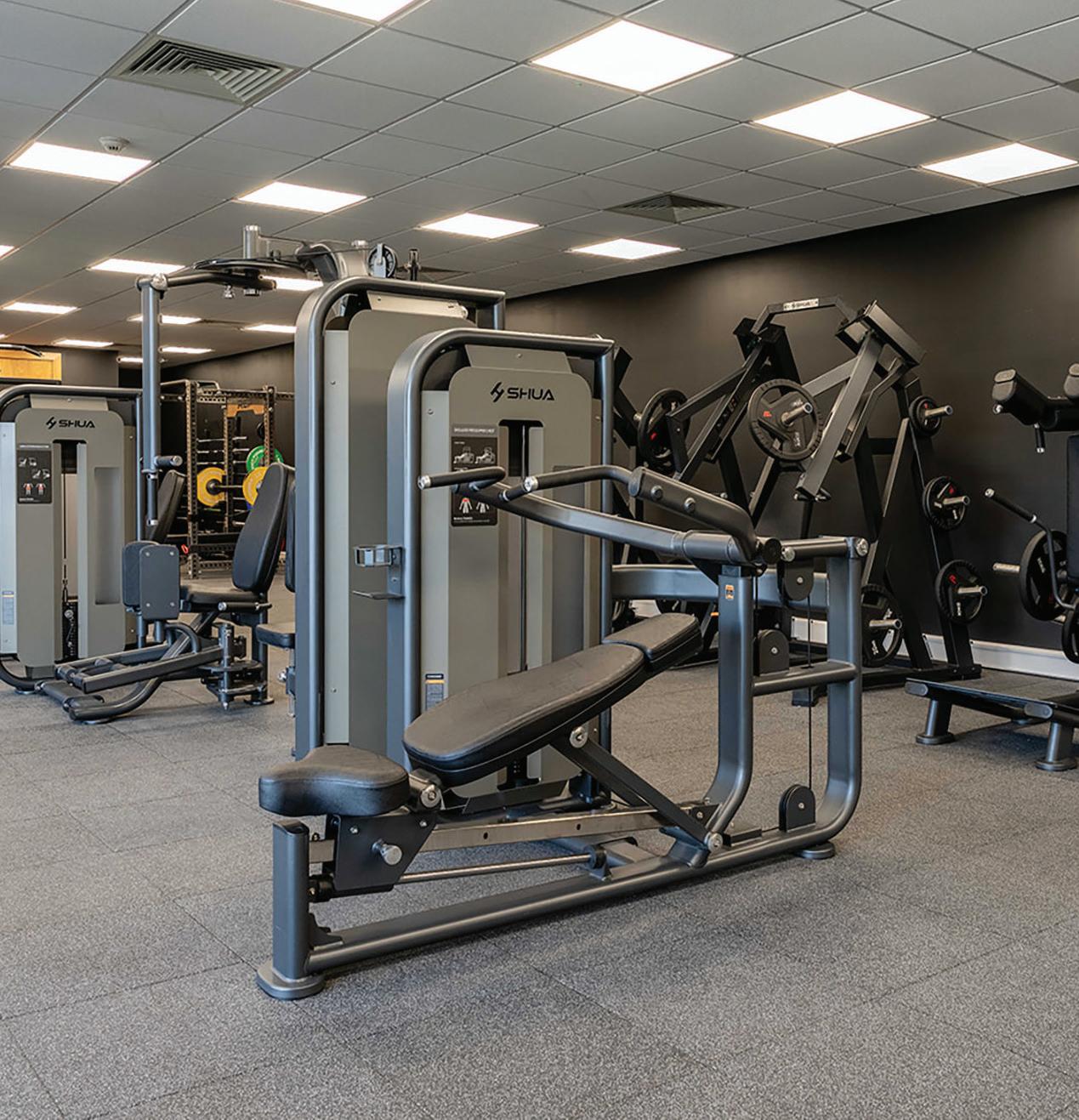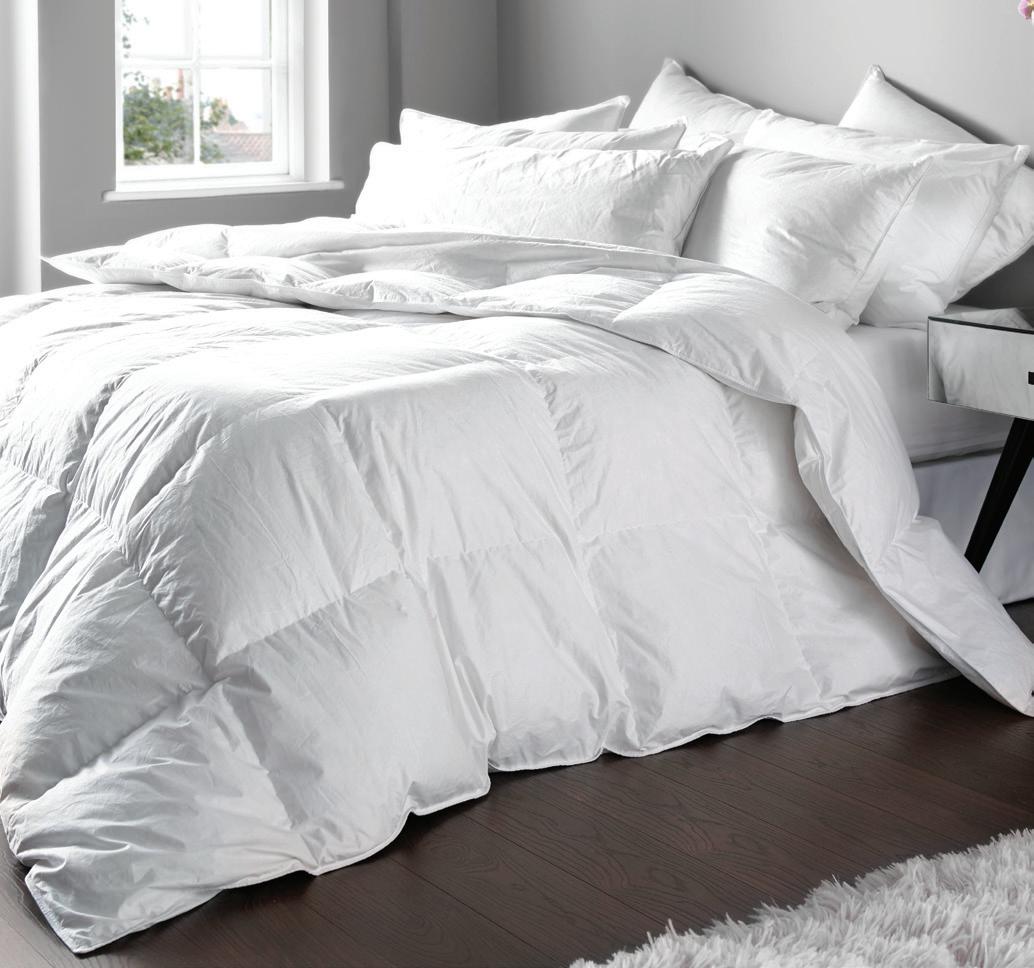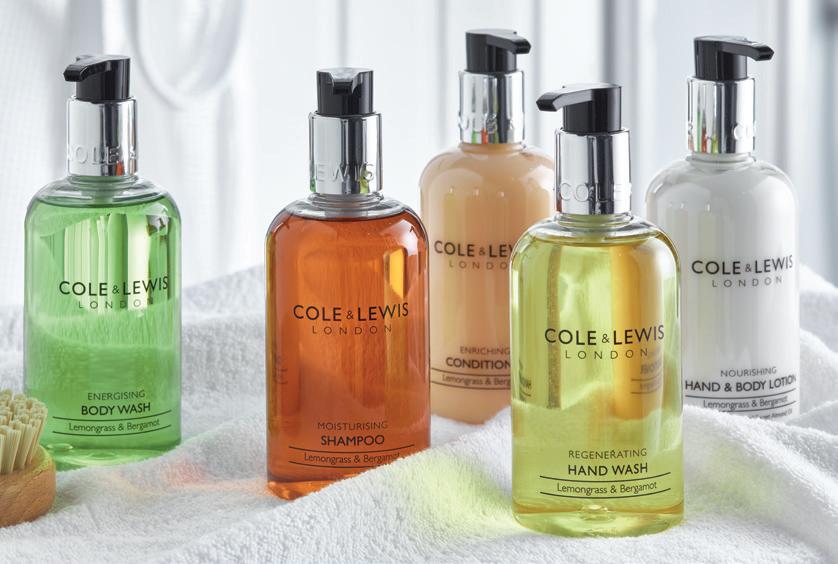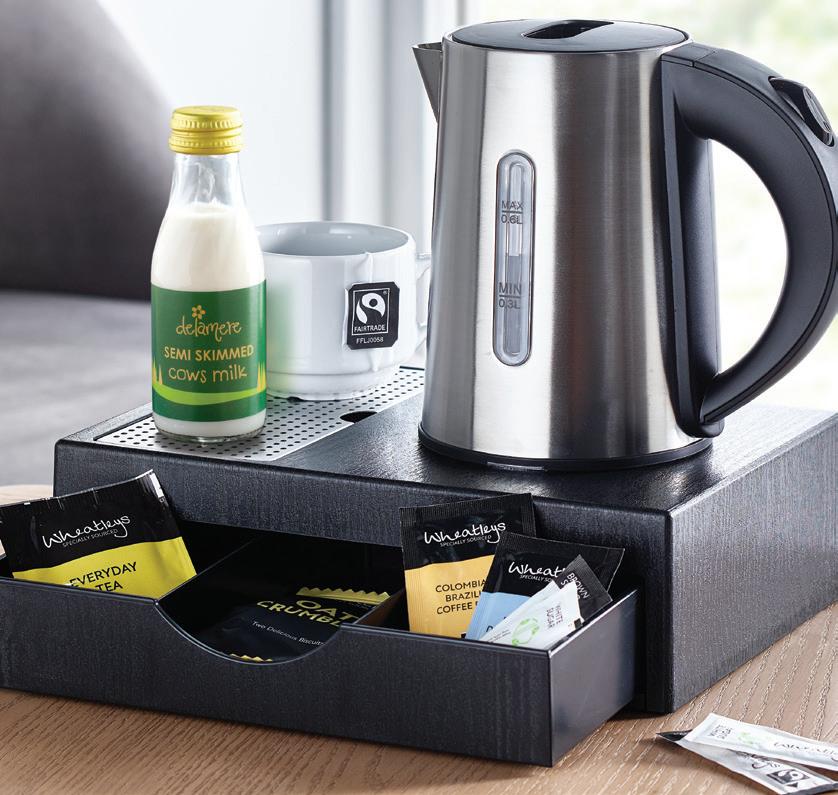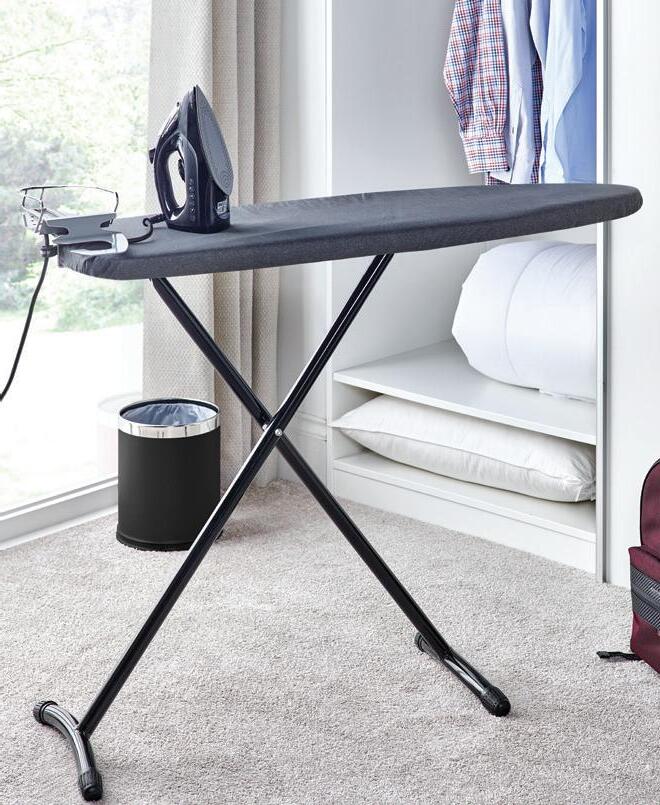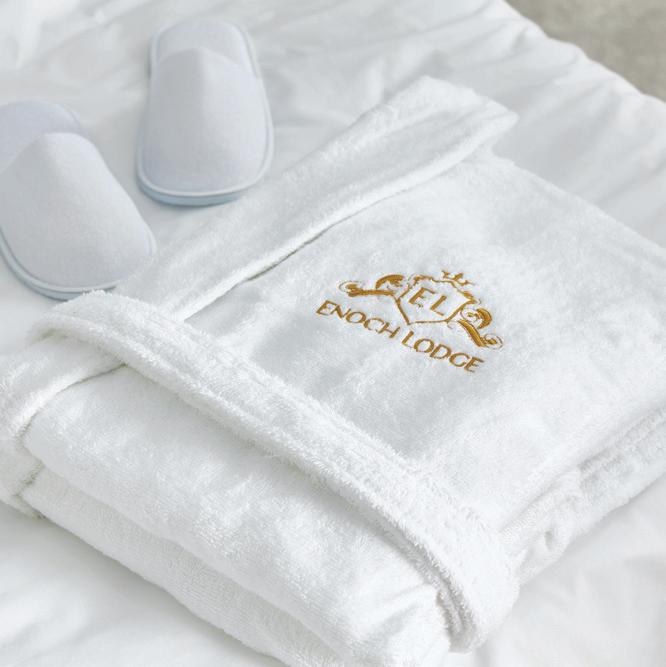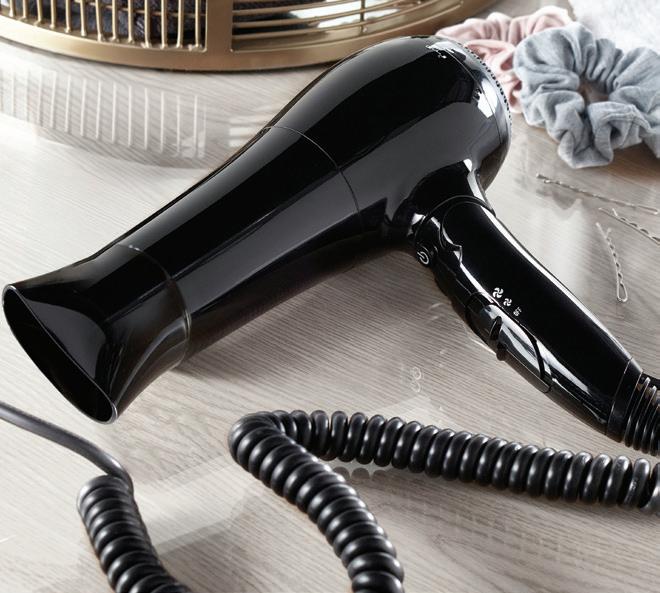
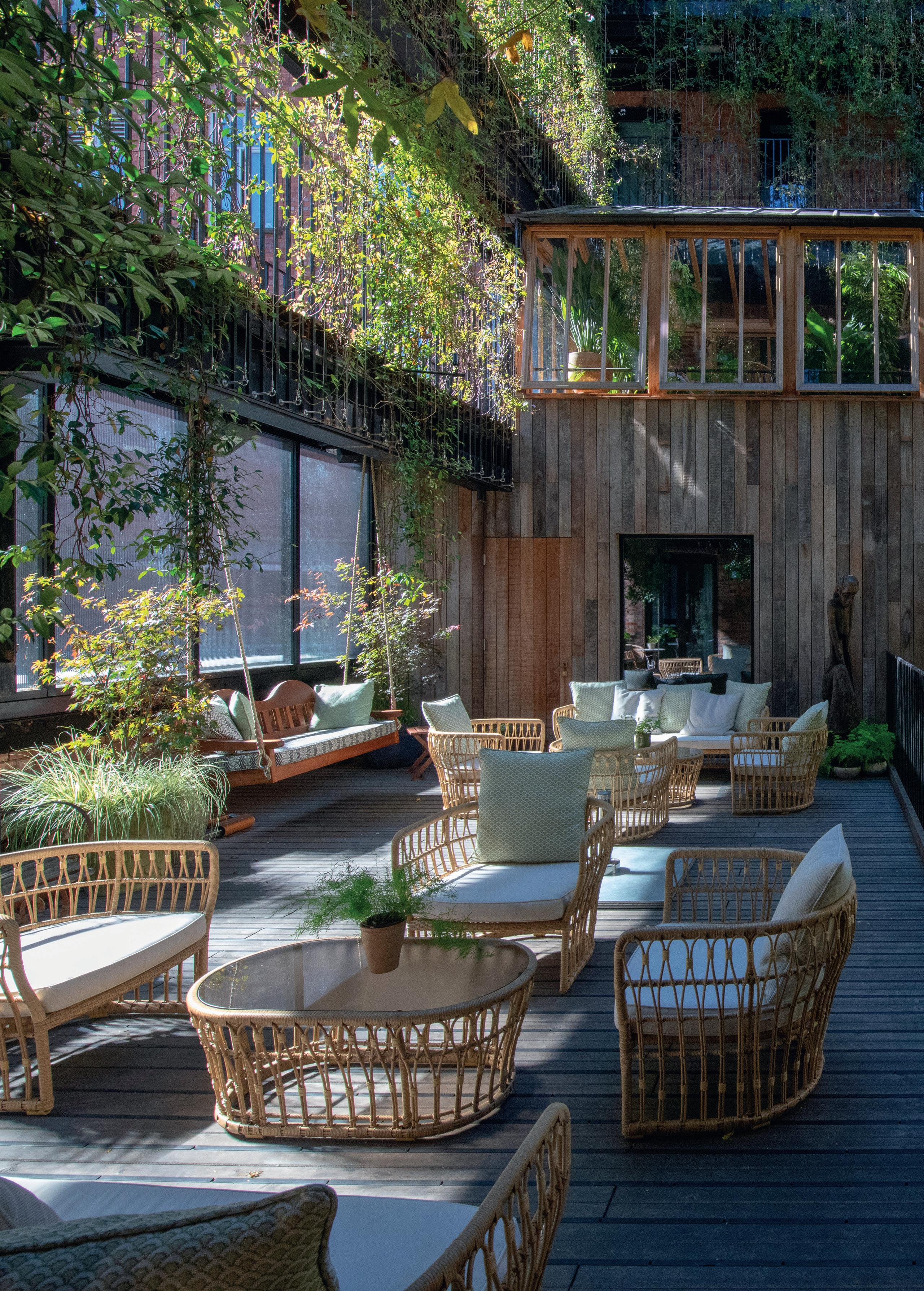







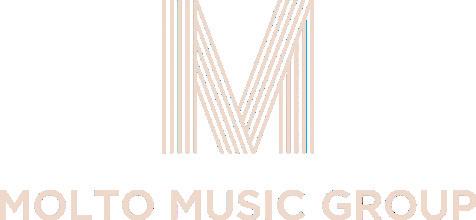



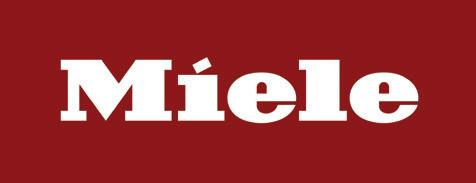

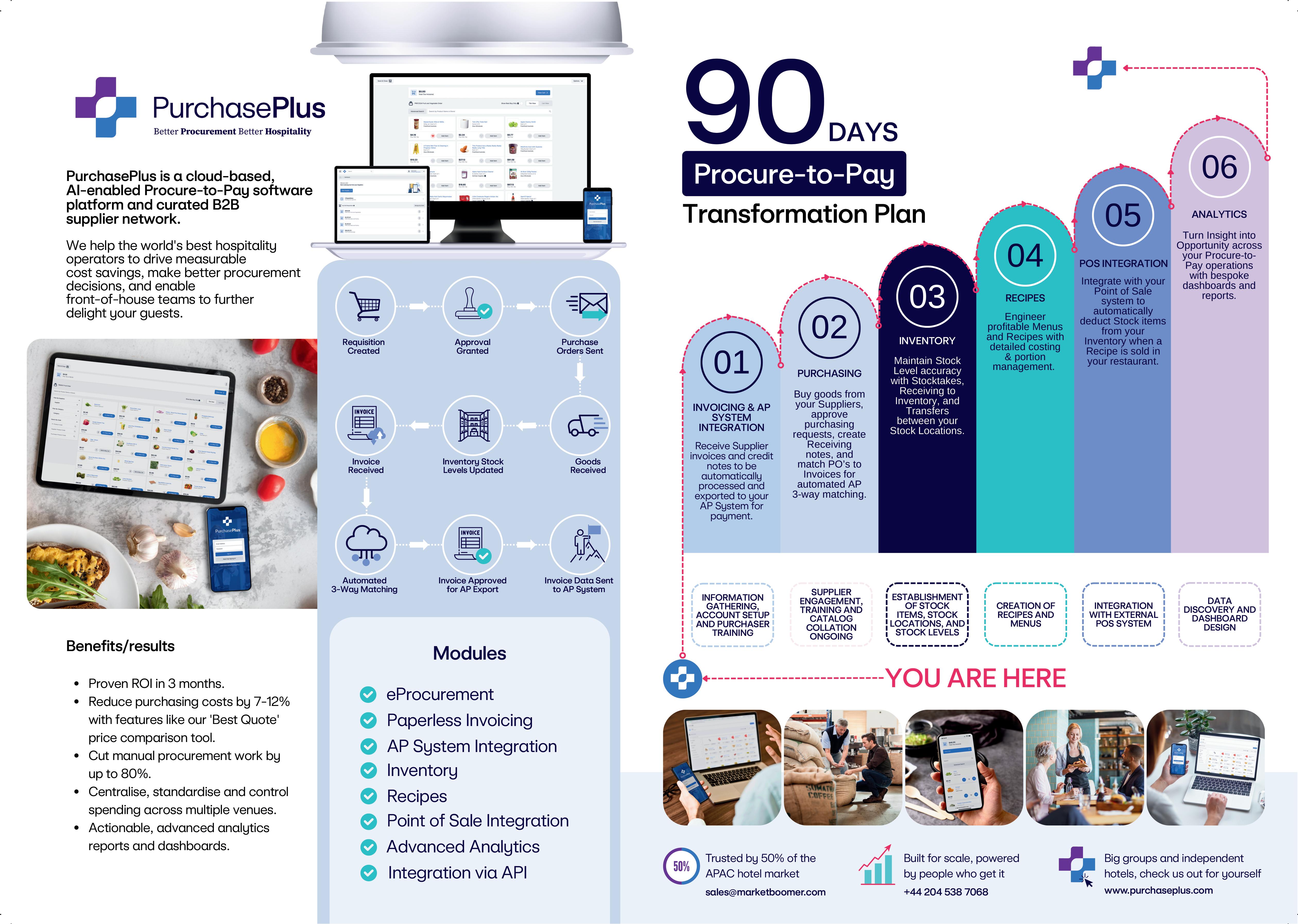

TOILETRIES
DISPENSERS
AMENITIES
ALL ROOM ESSENTIALS
BEDDING & TOWELS
CONDIMENTS
CONCIERGE
ELECTRICALS

LUXURY PRODUCTS AT AFFORDABLE PRICES
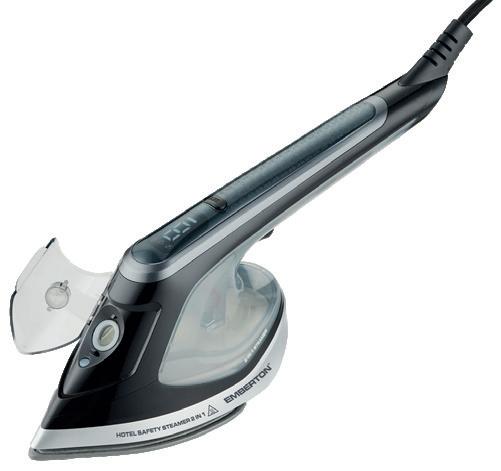






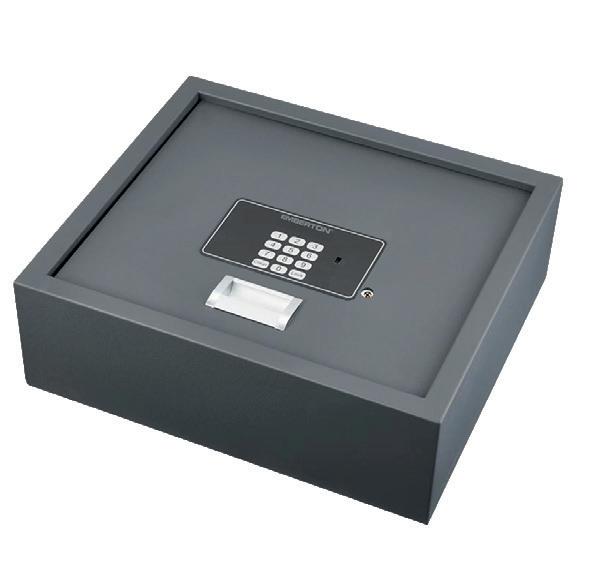


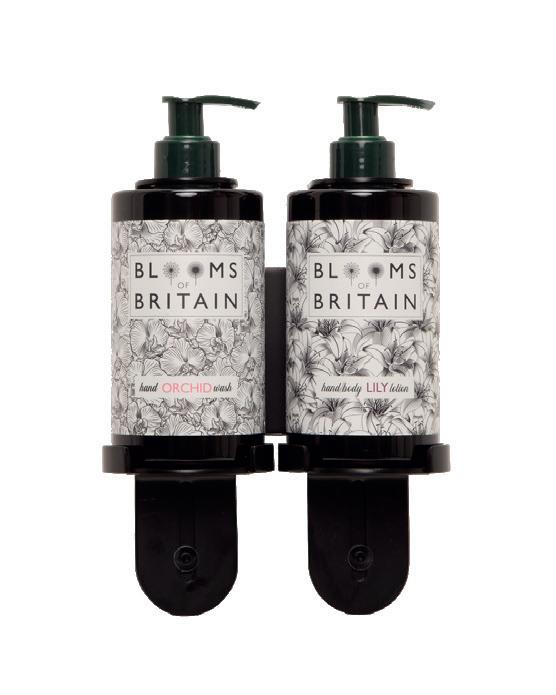
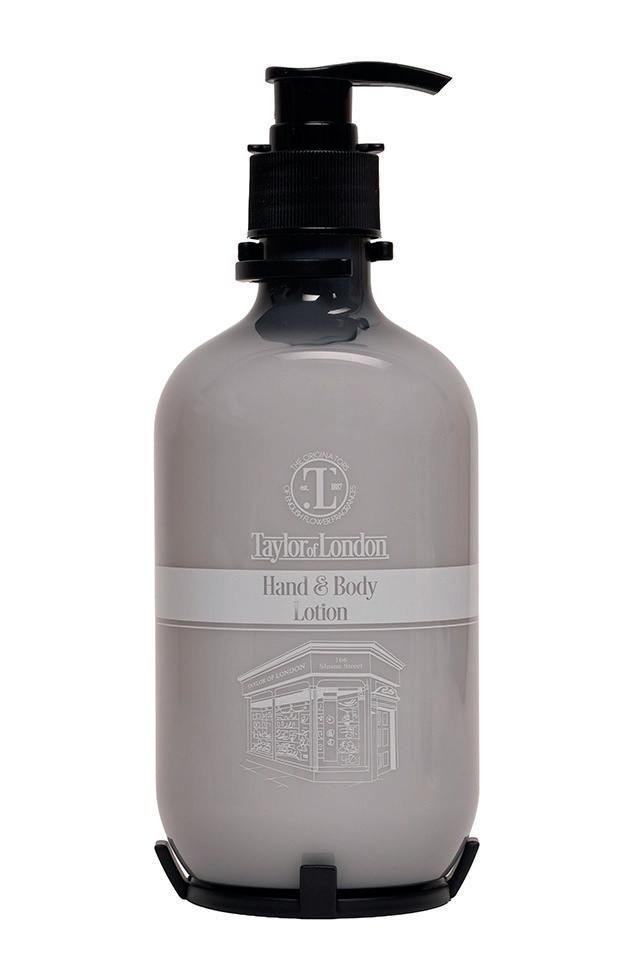


















TOILETRIES
DISPENSERS
AMENITIES
ALL ROOM ESSENTIALS
BEDDING & TOWELS
CONDIMENTS
CONCIERGE
ELECTRICALS

LUXURY PRODUCTS AT AFFORDABLE PRICES












Welcome to the September issue of Hotel Magazine, where the summer heat is matched only by the energy of an industry in transformation. From generational shifts to AI innovations, this month we dive deep into the forces reshaping hospitality as we know it.
Our main feature on staffing looks at the generation shift and how Gen Z is changing hotel work culture, exploring how the newest wave of employees is bringing fresh expectations around flexibility, digital fluency, and workplace purpose. As hotel teams adapt, we ask: are your practices evolving to attract and retain next-gen talent?
In our Technology section, we open the conversation with a new feature – ‘The Question Is’ where we ask: should hotels embrace chatbots and AI concierges, or do guests still crave the human touch? We also spotlight hyper-personalisation, breaking down five powerful ways hotels can use real-time data to enhance guest experiences - from tailored dining suggestions to activity recommendations.
Meanwhile, in Brand Partnerships, our feature looks at influencer marketing , looking at how to successfully partner with social media influencers to promote your brand, showcase your offerings, and reach a wider audience, building brand awareness and driving booking. Plus, don’t miss our Essential 5 on avoiding the most common pitfalls when launching local artisan boutique programmes as well as a plethora of brand-led editorials.

This issue also brings a strong focus on sustainability and amenities, including how luxury can meet eco-consciousness without compromise. We sit down for a candid conversation with Four Seasons Cairo, and take you to paradise with this month’s Hotels Around the World feature on JW Marriott Maldives Resort & Spa.
Closer to home, our Hotel of the Month, The Welbeck, showcases what happens when timeless design meets modern service. And in In the Hot Seat, we put one of the industry’s rising stars under pressure - with revealing results.
Whether you’re leading a team, shaping guest experiences, or scouting for your next great collaboration, we hope this issue provides insight, inspiration, and perhaps a spark of innovation.


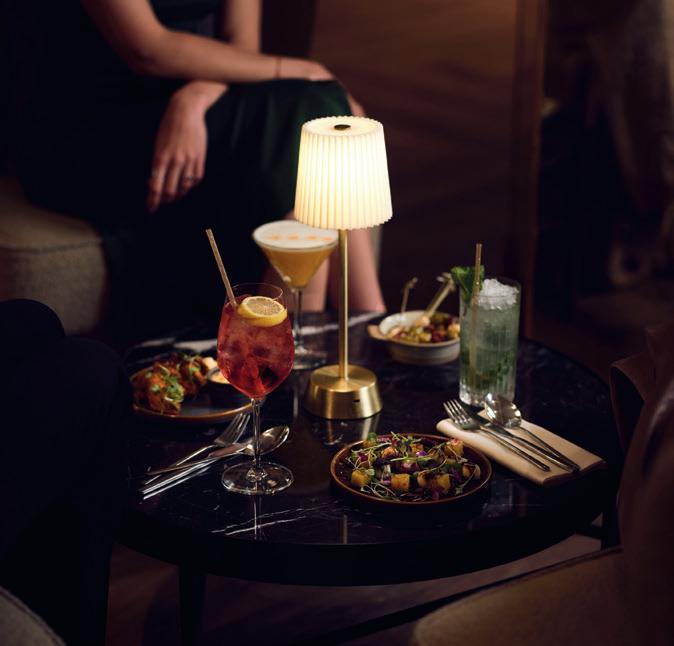

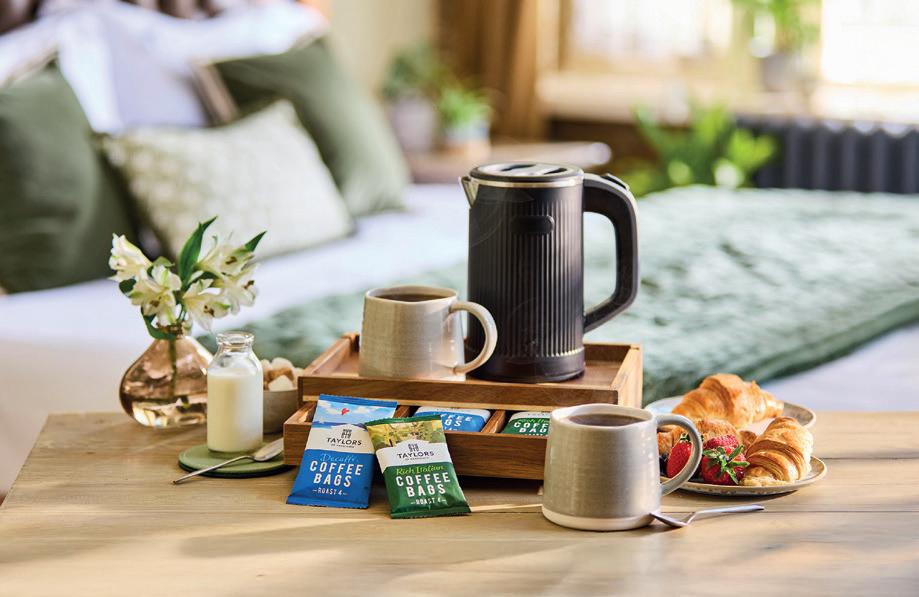
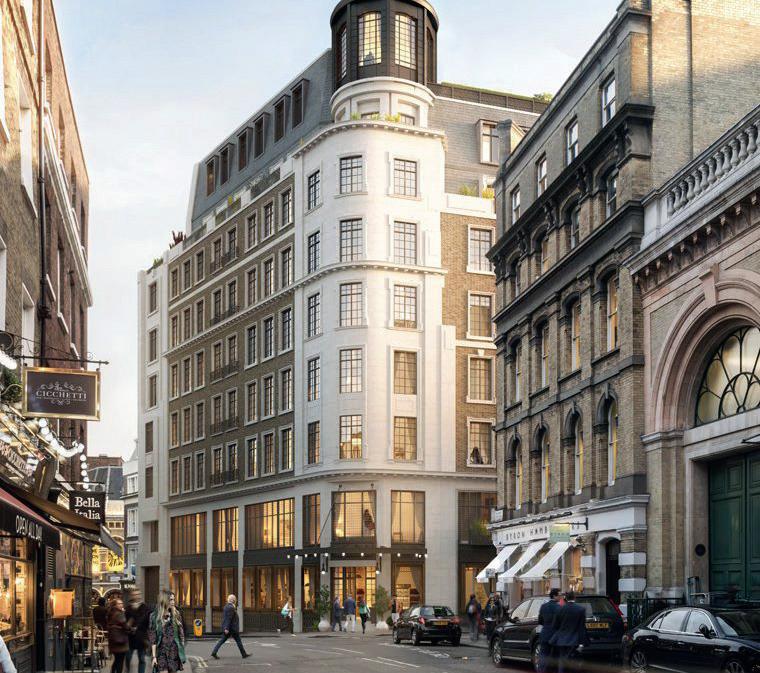
EDITOR-IN-CHIEF
Jade Evans
jevans@thehotelmagazine.co.uk
EDITORIAL ASSISTANT
Ailsa Newgreen
ailsa@cimltd.co.uk
HEAD OF BUSINESS DEVELOPMENT
Jazmine Davis
jazmine@thehotelmagazine.co.uk
Tel: 01795 509 105
ADMINISTRATION MANAGER
Natalie Woollin
admin@cimltd.co.uk
Tel: 01795 509 103
DESIGN AND PRODUCTION
Grant Waters grant@cimltd.co.uk
James Taylor james@cimltd.co.uk
HEAD OF DIGITAL
Xhulio Bishtaja digital@cimltd.co.uk
MARKETING MANAGER
Lucas Payne lucas@cimltd.co.uk
SOCIAL MEDIA MANAGER
Lily Lawson socials@cimltd.co.uk
Wondering what’s currently happening within the hotel sector? We reveal all as we share insights into some of the latest news.
In our new feature ‘The Question Is’, we pose the question, ‘chatbots and AI concierges – yes or no?’ Head to page 21 to hear what our experts have to say.
Featuring this month is The Welbeck Hotel, an Edwardian architectural gem in the heart of Marylebone.
With a clear generation shift present, we explore how Gen Z is changing hotel work culture, in line with recruiting and retaining staff.
Are you getting the most from your partnerships? We delve into building brand awareness through influencer marketing and ensuring its right for you.
We share another instalment of our housekeeping guest column, which this month comes from Tzveta Ivanova, Senior Executive Manager of Housekeeping Services at The Milestone.
CREDIT FACILITIES MANAGER
Gwen Lee
creditcontrol@cimltd.co.uk
Tel: 01795 509 103
DIRECTOR
Declan Wale
declan@thehotelmagazine.co.uk
Tel: 01795 509 112
Tom Woollin tom@cimltd.co.uk
MANAGING DIRECTOR
John Denning
Mollie’s, the budget-luxe motel and diner brand (mollies.com), has taken a significant step in its UK expansion by exchanging contracts with award-winning developers Parabola for a new site at Edinburgh Park, Edinburgh.
Set to become Mollie’s fourth property, the proposed hotel and diner will be located close to Edinburgh Park Station and is scheduled to open in 2028, subject to planning permission and licensing.
Mollie’s is proud to be part of Parabola’s visionary development of Edinburgh Park—an emerging urban quarter designed to be a vibrant place to live, work, and visit. The site offers exceptional connectivity, with nearby access to the M8 and Edinburgh City Bypass, extensive bus and cycle networks, and Edinburgh Park’s mainline and tram stations.
Founded in 2019, Mollie’s is a pioneering, design-led lifestyle brand inspired by the classic American motel and diner. A certified B-Corp, Mollie’s is committed to delivering positive social and environmental impact. The brand currently operates motels in Bristol and Oxfordshire, with a Manchester city centre location set to open later this year.
The Edinburgh Park site will span approximately 73,000 sq ft and feature around 200 rooms, a diner with an outdoor terrace, meeting and event spaces,
and ample cycle and car parking with electric vehicle charging stations. The design aligns with the surrounding architecture and integrates seamlessly into the Edinburgh Park masterplan.
The brand is committed to delivering a high-quality development that complements Parabola’s Southern Phase masterplan and supports the vision of Edinburgh Park as a diverse and thriving urban quarter.
Matt Bell, Managing Director of Mollie’s, commented: “We’re excited to announce our first Mollie’s location in Scotland - bringing our category-defining diner + hotel concept to this amazing city.”
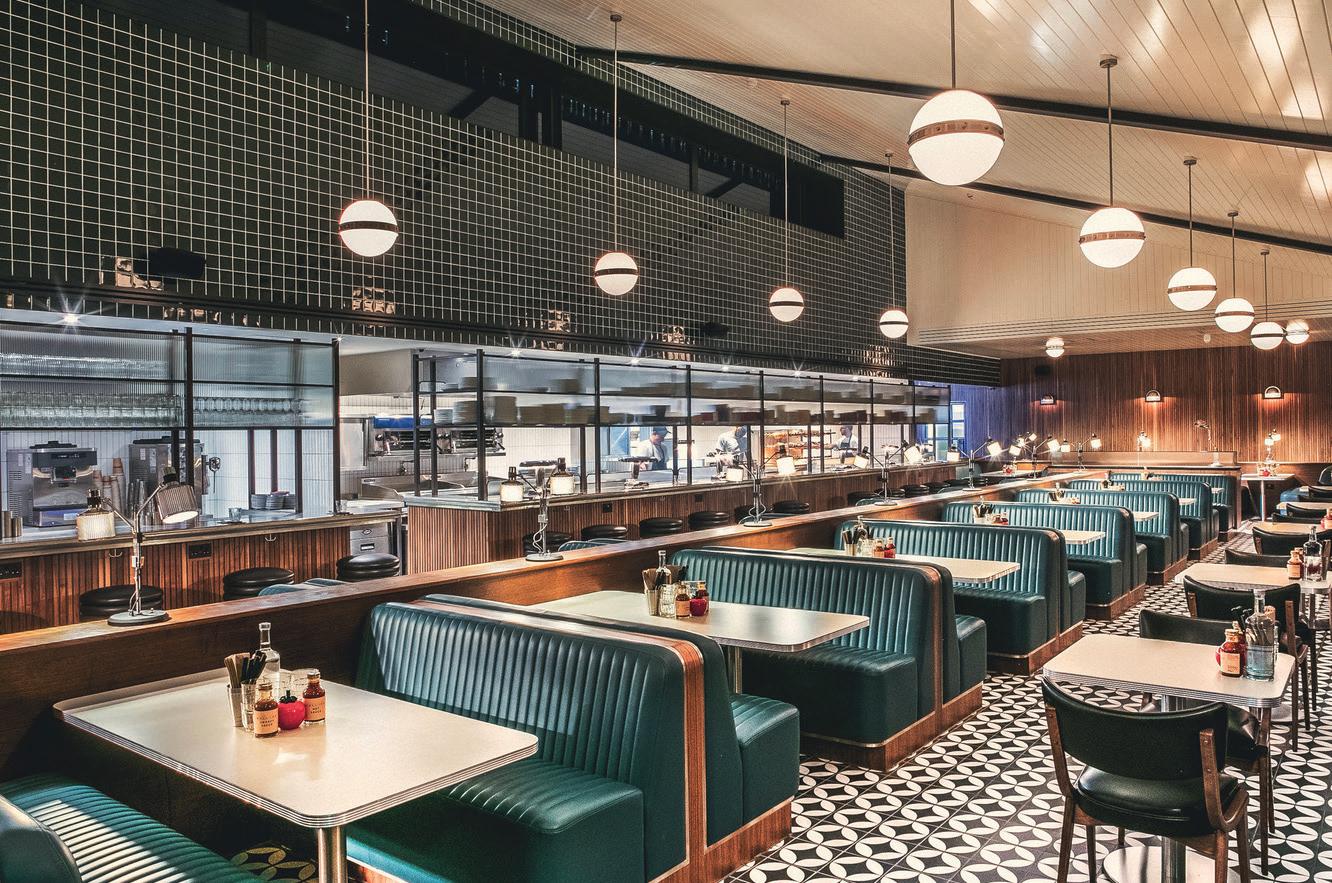
Hyatt Regency London Blackfriars is proud to announce the appointment of Mohammad Labban as its new General Manager. With over 27 years of experience at Hyatt across three continents, Mohammad brings a deep operational acumen, an unwavering commitment to service excellence, and a strong track record of inspiring teams and elevating guest experiences.
Reflecting on his new role, Mohammad commented, “It is a tremendous honour to join the team at Hyatt Regency London Blackfriars. This hotel is set in one of the most storied parts of the city and is perfectly placed to deliver authentic, enriching experiences to both local and international guests. I’m excited to continue my journey with Hyatt in such a dynamic market, and I look forward to working with our talented colleagues to further build on the hotel’s success and legacy.”
Mohammad began his journey with Hyatt in 1998 in Jeddah and has since held senior leadership roles at eight Hyatt properties across six countries and three continents. His career highlights include being part of the pre-opening team at Park Hyatt Dubai as Director of Sales & Marketing, later advancing to Executive Assistant Manager. He then served as Hotel Manager at Hyatt Regency Dubai. In 2013, Mohammad took on his first General Manager role in Pune, India, followed by leading Hyatt Regency Sharm El Sheikh
in Egypt. He later oversaw the pre-opening and successful launch of Hyatt Regency Aqaba Ayla Resort on Jordan’s Red Sea coast. For the past six years, he has served as General Manager of Hyatt Regency Birmingham.
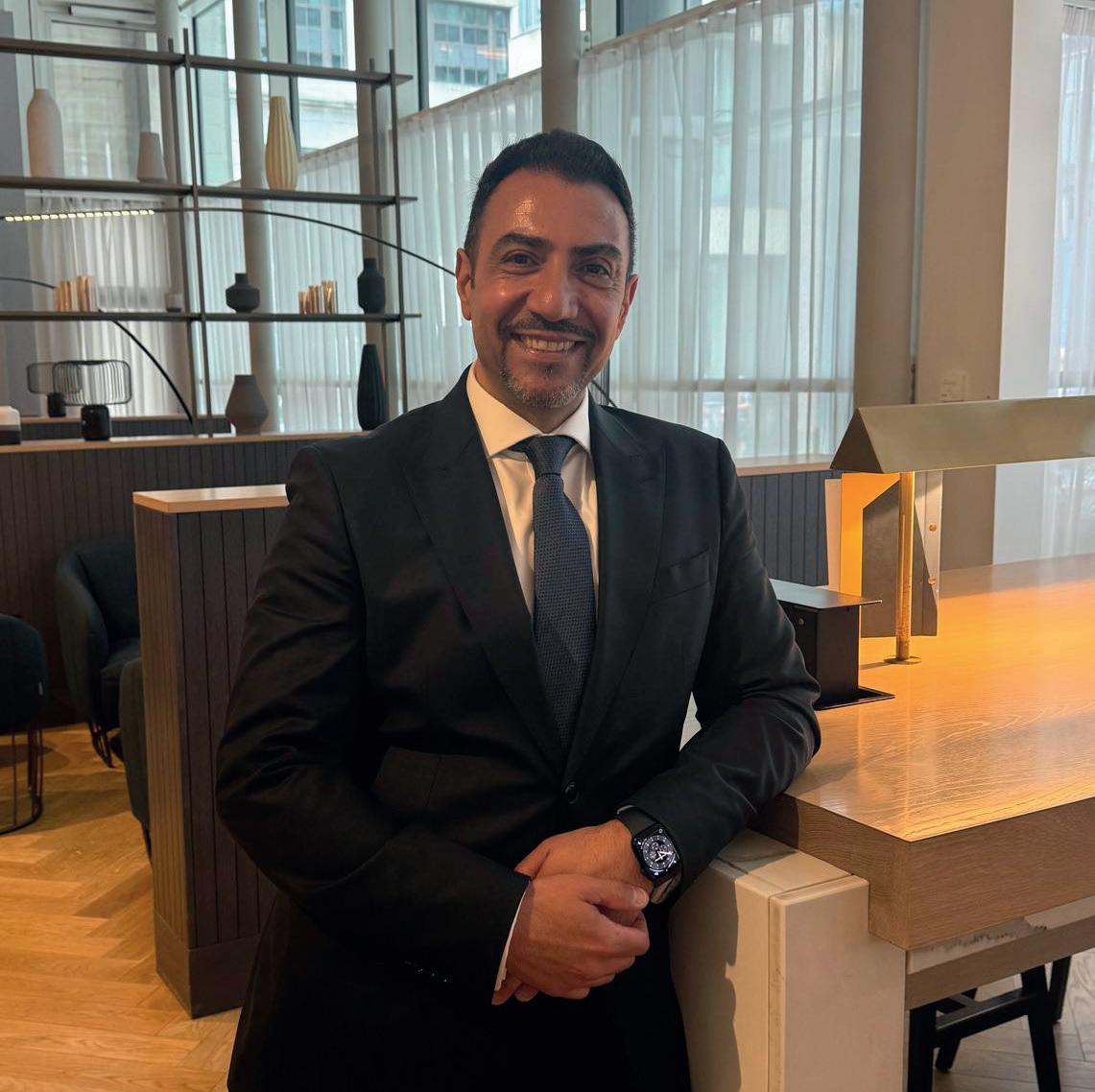
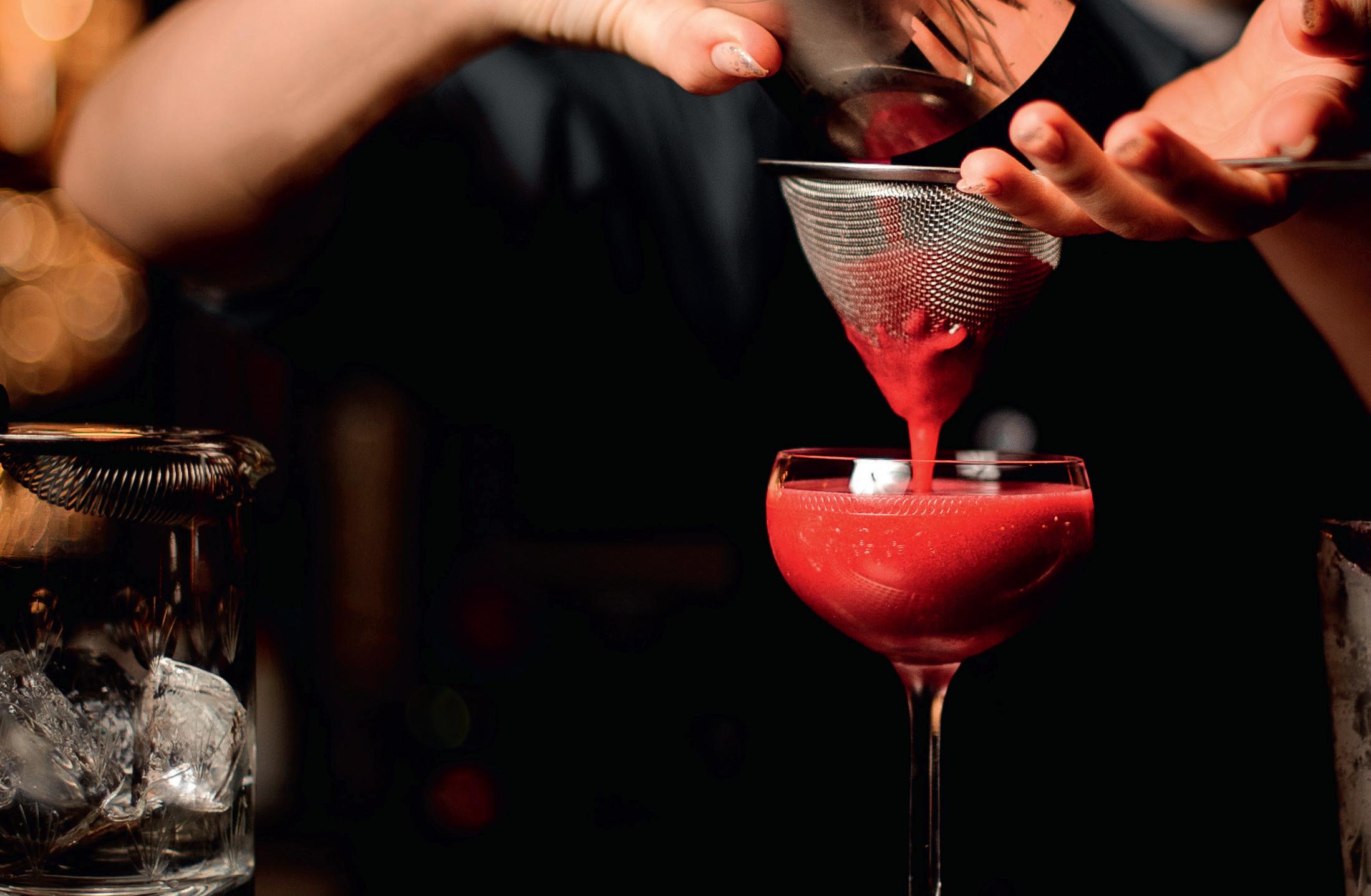
Maximum flexibility for mixed loads with our MasterLine fresh water dishwashers.
Short cycles and top-class cleaning results ensure that crockery is ready for use again in no time. Simplicity of operation and a broad range of programmes make MasterLine a most efficient member of the team.
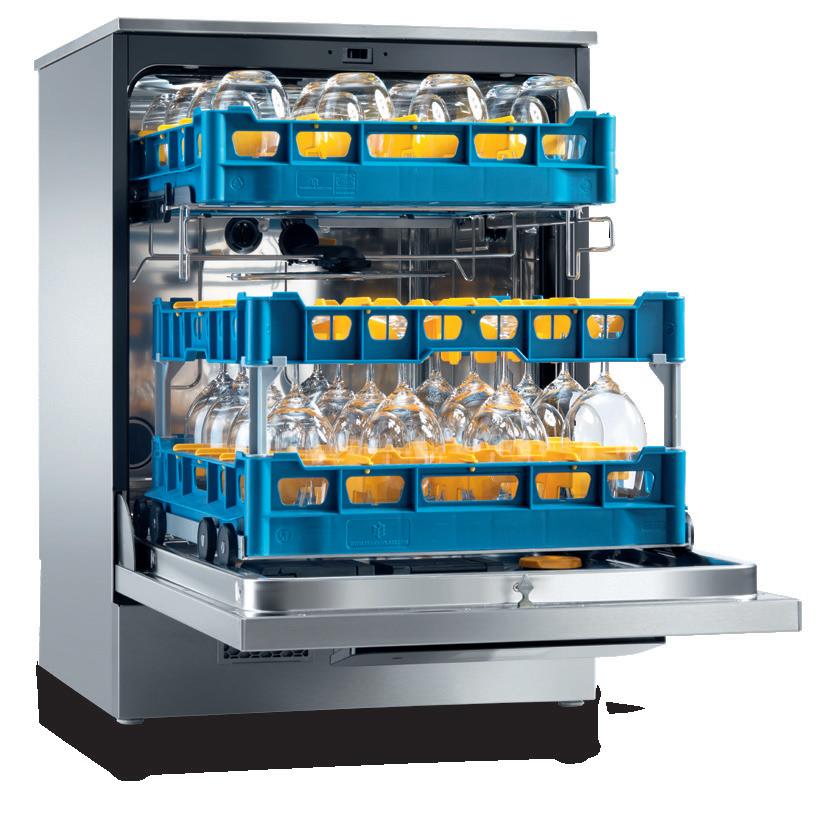


The hospitality industry’s most anticipated celebration of excellence is officially underway.
Hotel Magazine is delighted to announce that applications are now open for the Hotel Magazine Awards (HMAs) 2026. Alongside this exciting news, we are proud to unveil the newly launched Hotel Magazine Awards website at hotelmagazineawards. co.uk, which serves as the central hub for all things HMA - from award categories to key dates and sponsorship opportunities.
Now in its second year year, the Hotel Magazine Awards continue to spotlight the trailblazers, innovators, and visionaries shaping the future of hospitality in the UK and beyond. The 2026 awards promise to be the most ambitious and dynamic edition yet, expanding categories, refining the judging process, and deepening our commitment to inclusivity and excellence.
The Hotel Magazine Awards were launched to honour the outstanding achievements of individuals, teams, and businesses across the hotel sector. From boutique gems to global brands, the HMAs showcase the full spectrum of talent and creativity that makes the hotel industry so dynamic and resilient.
The 2026 awards will once again celebrate excellence across 10 categories, including returning favourites such as The Environment Award, Marketing Innovation Award, Best Spa and Wellness Venue, Hotel of the Year, Hotelier of the Year, Equity, Diversity & Inclusion Award and the much-loved Unsung Hero Award. This year also sees the introduction of exciting new categories including the Technology Award, Hotel Bar of the Year and Hotel Restaurant of the Year.
Applications for the Hotel Magazine Awards 2026 are now officially open! Whether you’re a boutique hotelier offering an unforgettable personalised experience or a multinational group pushing the envelope of tech and design, we want to hear from you.
Entering is simple. Visit hotelmagazineawards.co.uk where you’ll find everything you need to submit your application - from full category descriptions to eligibility criteria and helpful FAQs.
Entrants can submit in multiple categories, and the process has been streamlined to make participation more

accessible than ever. Submissions must include a detailed overview of achievements, supporting materials (such as images, guest feedback, and relevant KPIs), and a short statement on why your hotel or team deserves to win.
Shortlisted finalists will be announced early next year with the winners revealed at a glamorous live awards ceremony set to take place in on April 20th 2026 at the prestigious London venue that is the InterContinental London Park Lane. Finalists will receive extensive coverage in Hotel Magazine, online features, and exclusive networking opportunities at the event.


Discover the New HMA Website
Alongside the opening of applications, we are thrilled to introduce the brand-new Hotel Magazine Awards website. Designed to offer a seamless user experience, the new site is the ultimate destination for everything related to the HMAs.
At hotelmagazineawards.co.uk, users can:
• Explore all 10 award categories with clear, detailed criteria
• Submit entries directly through the user-friendly online portal
• Access news updates and insights on past winners and success stories
• View sponsorship packages and partnership opportunities
• Find out more about the live event and how to secure tickets
Designed with feedback from previous participants in our HMA25 video, the updated platform ensures transparency, accessibility, and engagement for hotels of all sizes and stages. Whether you’re submitting for the first time or returning to defend your title, the new website is your goto tool for a successful entry.
Why Enter the HMAs?
Winning or even being shortlisted for a Hotel Magazine Award brings a host of benefits. It’s a powerful
endorsement from one of the UK’s leading hospitality publications, offering:
• Industry recognition and elevated brand visibility
• Editorial coverage in Hotel Magazine and across our digital channels
• Credibility and prestige to attract top-tier talent and partners
• Networking opportunities at the live awards event
• Employee pride and morale boost for your team’s efforts
More than just trophies and headlines, the HMAs are a celebration of everything the hospitality sector does bestinspire, delight, and serve with distinction.
The countdown to Hotel Magazine Awards 2026 starts now. With applications officially open and our all-new website live, there’s never been a better time to showcase the people and properties that make your hotel exceptional.
Visit hotelmagazineawards.co.uk to learn more, start your application, and stay up to date with the latest news.
We look forward to celebrating the best in hospitality, and perhaps celebrating you, in 2026.
In the world of luxury hospitality, few names carry the heritage and prestige of The Dorchester. At the helm of its celebrated food and beverage programme is Richard Newell, Director of Food and Beverage, whose visionary leadership has recently been honoured with the Food and Beverage Award at The Hotel Magazine Awards. In this exclusive interview, Richard reflects on the deeper meaning behind the accolade, the behind-the-scenes challenges his team overcame, and what this recognition means for the future of culinary excellence at The Dorchester.
How does this recognition reflect the values and vision of your food and beverage programme at The Dorchester?
This award speaks to our belief that food is more than a service - it’s a setting for emotion. It reflects our vision to create spaces of delight and belonging, where every dish invites wonder, and every detail resonates with those who visit for the first time or are a long-standing guest.
Can you share any behind-the-scenes challenges your team overcame on the way to achieving this award?
From evolving guest expectations to the quiet pressure of staying relevant, the journey was down to the consistency of our team. It was our team’s shared spirit-resilience, creativity, and a fierce sense of pride-that turned challenges into golden moments.
How do you plan to build on this successare there any new concepts, menus, or collaborations in the works?
Absolutely. This is just the beginning. New projects are in the works, which embody the buzz and rhythm of the city. Expect menus that continue to inspire and speak to the feeling of being exactly where you belong.
What does winning this award mean to your team, and how has it impacted staff morale and guest engagement?
The award has lit a spark across the entire team. There’s a renewed sense of purpose and pride - our people feel seen, and our guests feel the shift. It’s more than recognition; it’s a celebration of the hard work of our team.
dorchestercollection.com
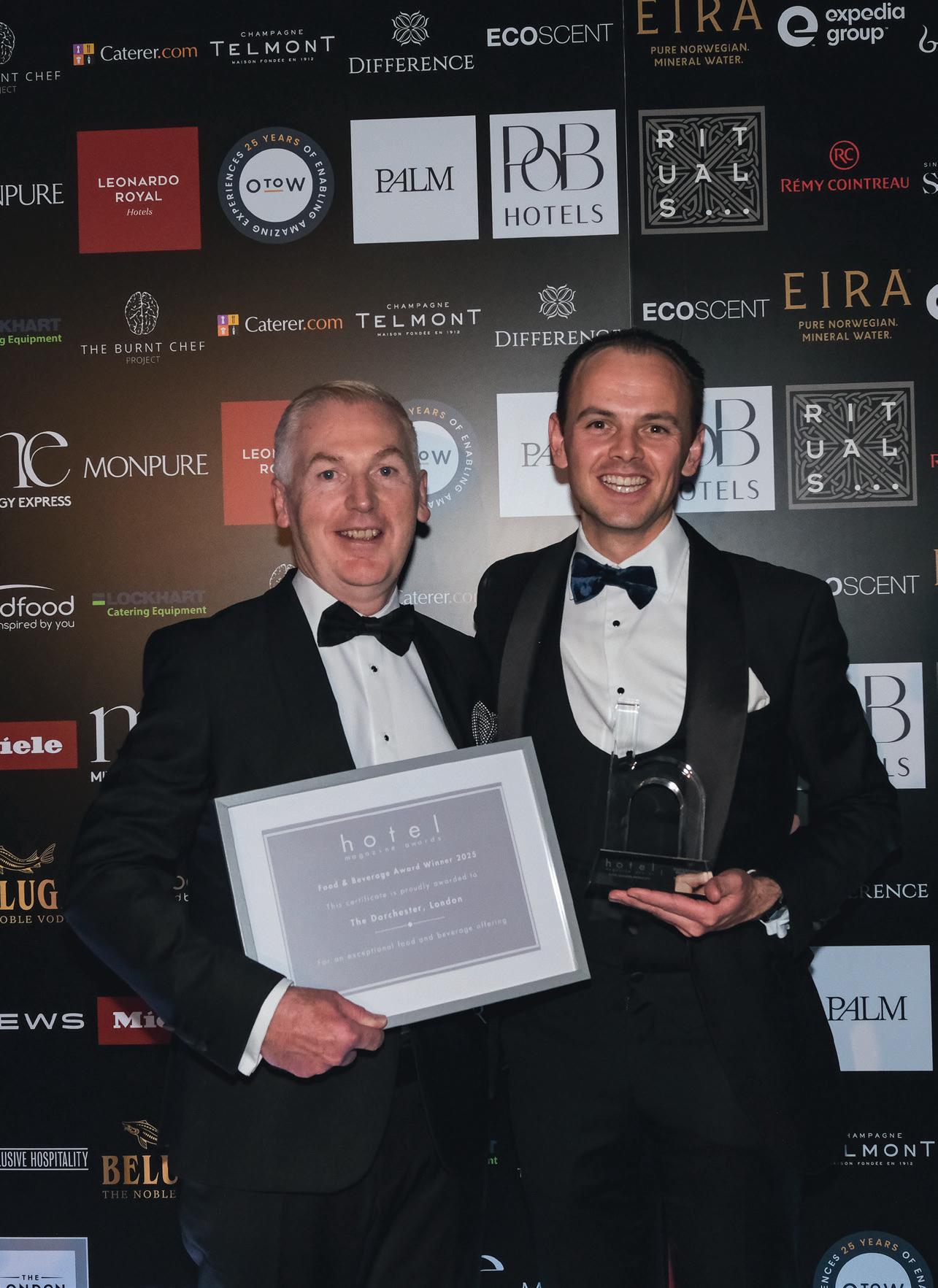
The Athenaeum Hotel & Residences scooped the Marketing Innovation Award at this year’s Hotel Magazine Awards. In this exclusive interview, Andi Fletcher, Head of People Experience & Culture, reveals how their custom platform, Datanaeum, helped overcome systemic challenges and foster a commercial culture grounded in real insights.
What inspired the marketing strategy that earned you this award, and how did it set you apart from the competition?
Our marketing strategy was born out of a simple but must-answer question: how do we really understand our guests, and not just react, but anticipate where we can deliver the right business at the right time. We weren’t looking to follow trends or the latest gimmick in AI. In our experience, that doesn’t significantly move the needle. We just had a problem that we are all too familiar with in hotels. We wanted to challenge the idea that hotel marketing and commercial strategy had to be built on someone’s gut feeling, and through disconnected teams and disconnected data. What has made our approach different is the focus on what happens under the hood.
What were the biggest challenges you faced while developing and implementing your campaign, and how did you overcome them?
Our biggest challenge was fragmented systems, each holding partial guest data - PMS, CRM, F&B, third parties. No shared truth meant reactive decisions. So, we built Datanaeum, powered by Guestpulse - a guest intelligence platform. DIY wasn’t feasible, and off-the-shelf tools didn’t deliver. In under two months, we created a unified, AI-enhanced guest view, with actionable dashboards we actually use to find opportunities to drive business and make money.
How has winning the Marketing Innovation Award impacted your brand and team internally and externally?
It gave the whole team a moment to step back and say, yes, this matters, not just to us but the industry - it’s a shared problem. Internally, it’s aligned marketing, sales and revenue in a way that brings fresh energy and focus. Externally, it positioned us as a forward-thinking independent hotel.
Can you share specific results that demonstrate the success of your marketing innovation?
We’ve achieved 6X return on investment, reduced our

time-to-market for campaigns, and delivered over £200k in additional direct bookings through just one of our campaigns that shifted OTA bookers to direct. More importantly, we’ve stopped working in silos. Our commercial team now shares one set of insights. The data has become sociable, and each discipline brings its own know-how to the table.
What advice would you give to other hotel marketers aiming to create truly innovative and effective campaigns?
Don’t start with tech - start with the problem. Ask better questions. Can you measure loyalty? Track the guest journey? Be ruthless about what adds value, and avoid shiny tools with no strategy.
athenaeumhotel.com
EcoScent is a company redefining environments through the power of scent. As the official scent sponsor for next year’s HMAs, we sat down with John Mendes, Marketing and Creative Director at EcoScent, to learn more about the brand’s mission.
Can you introduce our readers to EcoScent for those who aren’t familiar?
EcoScent is a company dedicated to enhancing customer experiences through the power of scent. We provide highquality, eco-friendly scent marketing solutions designed to elevate brand environments and engage the senses. Within the hospitality sector, we strive to create immersive atmospheres that not only resonate with guests but also leave a lasting impression. Our goal is to help hotels, restaurants, and other hospitality businesses establish a unique olfactory identity, fostering positive memories and customer loyalty. We believe that scent plays a crucial role in customer perception, and our mission is to help businesses use this to their advantage in the most sustainable and responsible way.
How important is it to you as a brand to support industry events?
Supporting industry events is a vital part of EcoScent’s philosophy. By participating in and sponsoring these events, we can engage directly with hospitality professionals, exchange ideas, and stay updated on emerging trends. It provides us with a platform to showcase the value that scent marketing can bring to the hospitality industry - how the right scent can transform an ordinary stay into an unforgettable experience. Moreover, our presence at these gatherings helps us contribute to shaping the future of the industry by driving conversations about the importance of atmosphere, customer experience, and the role scent can play in achieving those goals.
Industry events also provide an opportunity to foster relationships with industry leaders and decisionmakers. These gatherings are more than just networking opportunities; they are spaces where innovative concepts are introduced, debated, and developed. By supporting these events, we actively engage in these discussions, helping to inspire others to consider how scent marketing can enhance guest experiences. Our support signifies our commitment to the growth and betterment of the industry, reinforcing our dedication to sustainability and excellence in hospitality.
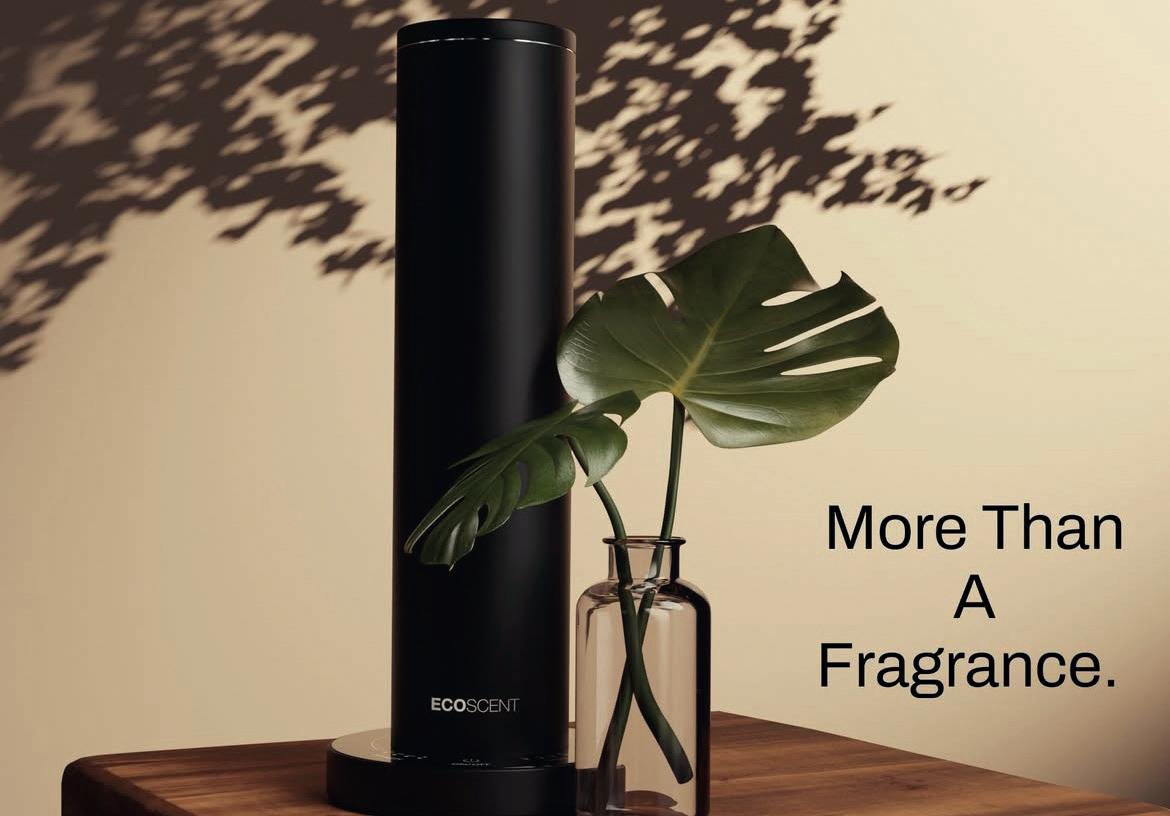
Awards ceremonies have a significant influence on the future of the hospitality sector. They serve as an acknowledgment of excellence and innovation, setting benchmarks that drive the entire industry forward. By celebrating the achievements of those who go above and beyond, these events inspire others to push the boundaries of what is possible. They foster a culture of healthy competition and encourage businesses to innovate in order to stand out.
In addition, awards ceremonies highlight the importance of creating exceptional guest experiences - something EcoScent deeply believes in. As hotels and restaurants are recognised for offering distinctive and memorable experiences, others in the industry are motivated to improve their offerings. These ceremonies also bring focus to key trends, such as sustainability, personalisation, and technology integration, encouraging the industry to evolve in response to changing guest expectations. By recognising and celebrating advancements in these areas, awards ceremonies play a vital role in shaping the future direction of the hospitality sector, ultimately benefiting guests, businesses, and the environment.
As headline sponsor of the Best Spa & Wellness Venue award once again at the upcoming 2026 Hotel Magazine Awards, LEMI is a name synonymous with Italian craftsmanship and innovation in wellness design. We sat down with Stefania Mancastroppa, Head of Marketing at LEMI, to explore the brand’s journey, its values, and why supporting excellence in hospitality is at the heart of everything they do.
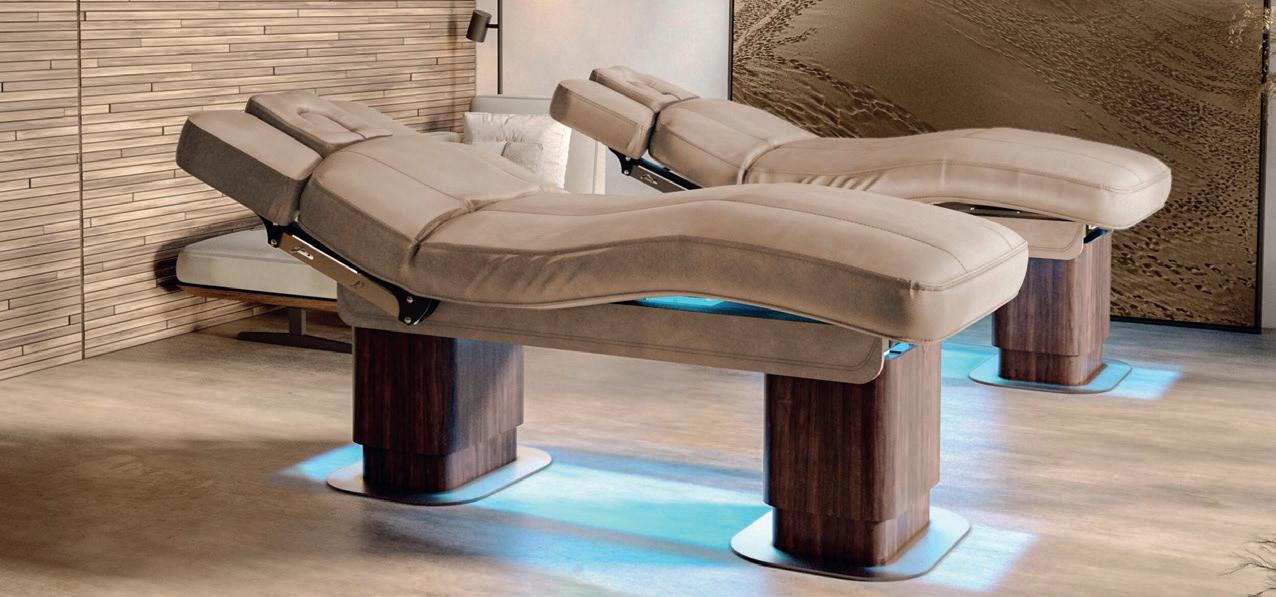

Can you tell us about the story behind your brand and what sets it apart in the hospitality industry?
Founded in 1989 in Italy, LEMI has grown from a family-run business into an internationally recognised manufacturer of professional furniture for the spa, wellness, and medical sectors. What sets us apart is the unique combination of Italian craftsmanship, in-house production, and a deep understanding of the hospitality industry’s evolving needs. Each product is designed and built in our own facilities, allowing for exceptional quality control and extensive customisation. From luxury hotel spas to private wellness suites, our beds and loungers are known for their ergonomic comfort, refined aesthetics, and long-term durability - key values that resonate strongly with high-end hospitality environments worldwide.
What inspired your decision to sponsor the 2026 Hotel Magazine Awards, and how does this align with your brand’s values and vision?
We chose to sponsor the 2026 Hotel Magazine Awards because we believe in celebrating excellence, vision, and innovation - principles that have guided LEMI since day one. Supporting this event allows us to connect with
like-minded professionals who share our commitment to creating unforgettable guest experiences. The hospitality industry plays a vital role in promoting wellbeing and design culture, and we are proud to contribute with products that blend functionality, elegance, and emotional impact. This sponsorship aligns perfectly with our mission: to bring authentic, Italian-made wellness into the world’s most inspiring spaces.
What does being part of such a prestigious event mean to your team, and how do you see it impacting your presence in the industry?
Being part of the Hotel Magazine Awards is a source of pride and motivation for our entire team. It’s an opportunity to share our story, connect with leaders in hospitality, and stay inspired by the excellence that surrounds us. Events like this reinforce our visibility in a sector where attention to detail, quality, and guest satisfaction are paramount. It also allows us to showcase how wellness can be seamlessly integrated into luxury spaces - both in public and private settings - while reinforcing our identity as a trusted partner for high-end hospitality brands.
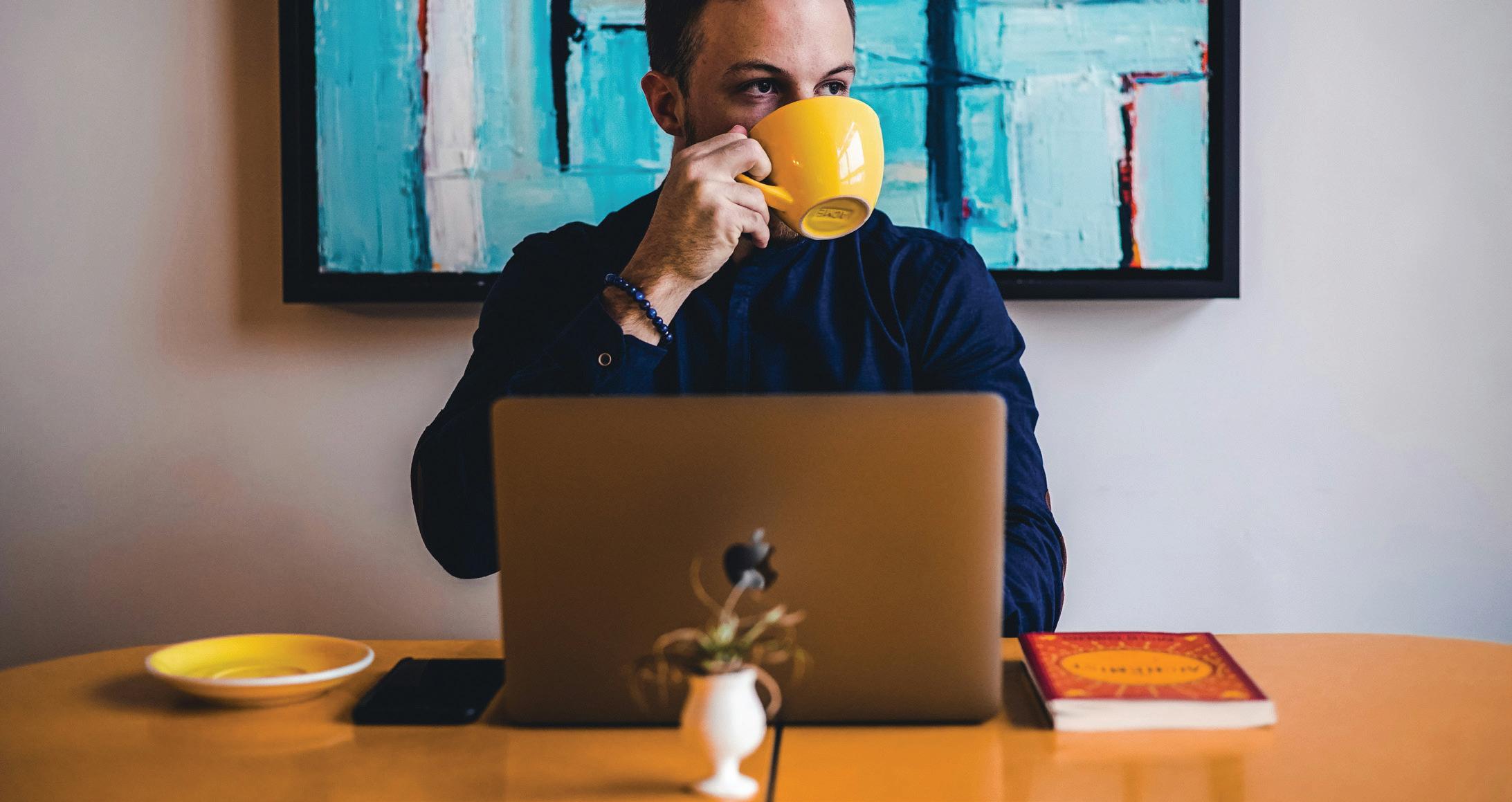










Chatbots and AI concierges in hotels – yes or no?
We asked the experts.

From answering room service requests to recommending the best local spots, AI-powered chatbots and virtual concierges are rapidly changing the face of hospitality. But are they truly enhancing the guest experience - or taking the “human” out of hospitality? To find out, we spoke to hoteliers, tech innovators, and customer experience pros to weigh the pros and cons of this growing trend.
Dimitris Manikis, President EMEA, Wyndham Hotels & Resorts, agrees that this is one of the central questions currently facing our industry, and believes the answer isn’t a simple binary.
“For us at Wyndham Hotels & Resorts, it’s not a matter
of ‘yes or no’, but rather ‘how and when’ we integrate this kind of technology to enhance, not replace, the guest experience.
“There’s no denying the powerful advantages. AI concierges can provide guests with instant, 24/7 answers to routine queries – from Wi-Fi passwords to restaurant opening hours and checkout times. This creates significant operational efficiencies and delivers the faster, more streamlined service that today’s traveller increasingly expects, ultimately reducing pressure on our front-ofhouse teams.”
Dimitris admitted that he and his team are acutely aware of the apprehension and nervousness around implementing
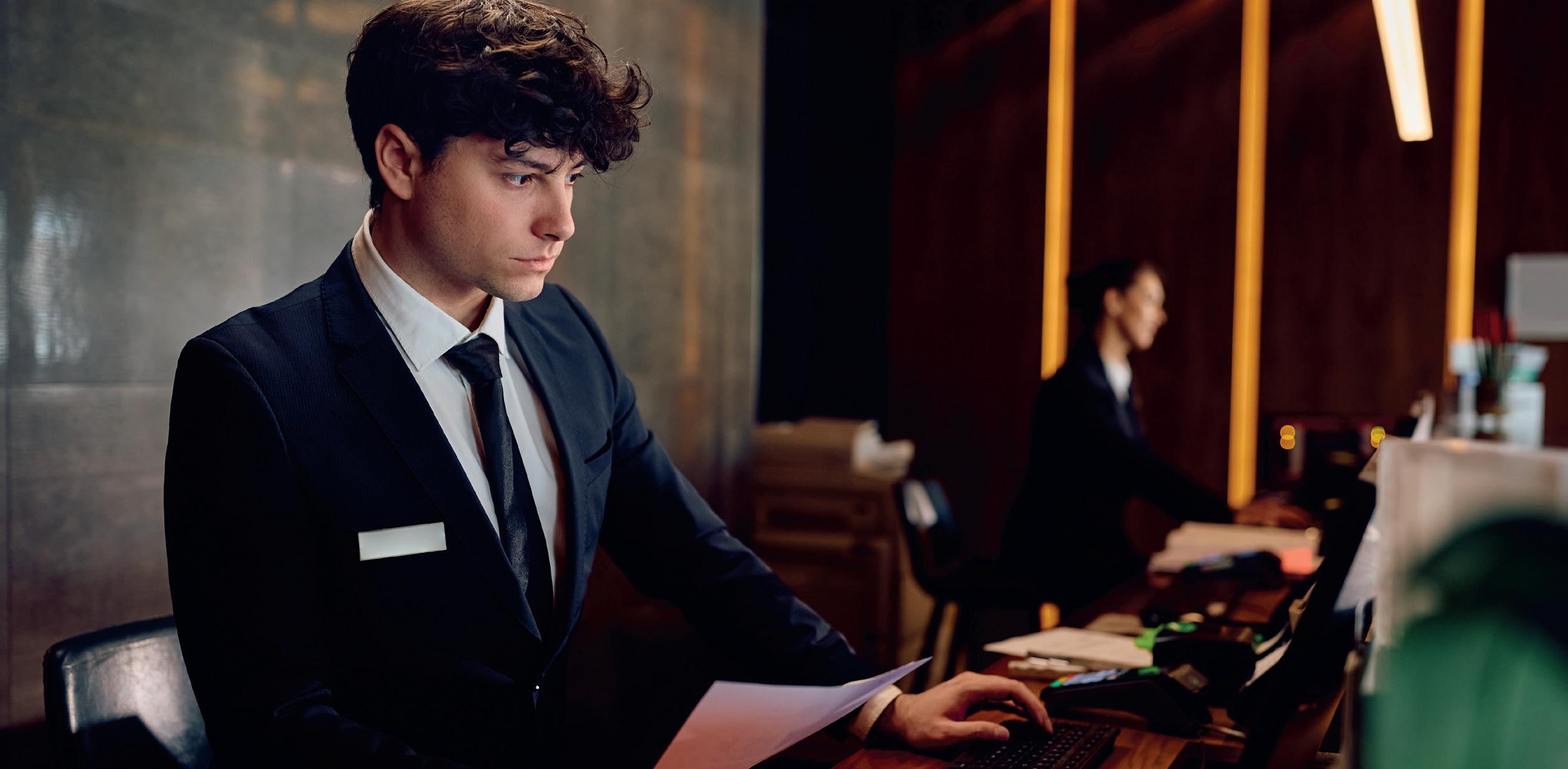
AI in this way. Hospitality is built on human connection and there’s a valid fear that over-reliance on technology could strip away that essential personal touch. There is also, understandably, sensitivity around the future of team members’ roles.
“Our perspective is that this isn’t about elimination, but evolution. We see AI handling the transactional, freeing up our talented staff from repetitive tasks. This allows us to reinvest in our people, re-skilling them to become true guest experience ambassadors. They can then focus on what humans do best: offering personalised local recommendations, resolving complex issues with empathy and curating the memorable moments that technology cannot replicate,” added Dimitris.
Ultimately, at Wyndham Hotels & Resorts, the vision is a ‘tech-enabled, human-led’ approach. An AI agent can answer a question; a team member can build a relationship. “We believe the future lies in combining the efficiency of one with the irreplaceable warmth of the other”, finished Dimitris.
At Zedwell hotels, they also see AI as an enabler of better hospitality. Today’s travellers expect speed, control, and flexibility. Halima Aziz, Head of Hotels at Criterion Hospitality, believes, “When used thoughtfully, technology can meet those expectations while leaving room for genuine human connection.”
The fully automated guest journey at Zedwell properties is designed for today’s diverse traveller, whether visiting for business, leisure, exploration, or rest. From the moment a booking is made, the seamless systems work quietly in the background to ensure every stay is smooth, intuitive, and stress-free, no matter your pace, purpose, or preferences.
“Instant messaging plays a key role in this journey,” said Halima. Three days before arrival, guests receive
a personalised WhatsApp message with online checkin, helpful details, and curated local offers. As their stay approaches, Criterion Hospitality’s messaging platform becomes a real-time assistant, answering questions, sending reminders, and offering tips for getting the most out of London.
Halima explained, “Our AI-powered chatbot now handles around 85% of guest queries via our website and messaging channels, covering everything from check-in and amenities to late checkout and local directions. Available 24/7, it’s especially valuable for international travellers arriving across time zones. Fast, accurate replies not only boost satisfaction but also allow our team to focus on more complex or personal support.”
Once on-site at the Zedwell properties, guests who’ve completed online check-in can use our self-check-in kiosks to receive room access in under two minutes. For those who prefer a personal welcome, the team is always available and the WhatsApp messaging option remains open throughout the stay for any requests, updates, or assistance.
Halima added, “Our digital concierge is also fully accessible through mobile messaging, even for international guests without UK bank cards.” Whether it’s transport bookings, attraction tickets, or nearby dining, everything is just a few taps away. She continues, “This focus on accessibility is central to our approach: we believe hospitality should be simple, inclusive, and enjoyable for every guest.
“Technology helps us streamline the essentials so guests spend less time waiting and more time discovering London or unwinding in their calm, minimalist “cocoons” designed to help them truly switch off and recharge.
“So, when it comes to chatbots and AI concierges, our

answer is a resounding yes. When implemented with care and intention, technology enhances the guest journey, respects individual preferences, and creates a more accessible, efficient way to stay.”
As a digital marketing agency specialising in hospitality, Screen Pilot firmly believes in embracing chatbots and AI concierges in hotels. Tom Dibble, Exec Chair of Screen Pilot, said, “Our stance is a definitive ‘yes’, driven by the transformative potential these technologies hold for enhancing guest experiences, operational efficiency, and revenue growth. In an industry where personalisation and speed are paramount, AI tools are not just innovativethey’re essential for staying competitive.”
AI concierges excel at delivering tailored services that make guests feel valued. By analysing data from past stays, preferences, and even social media, these systems can offer personalised recommendations, such as spa treatments or local attractions, in real time. For instance, virtual assistants like Marriott’s ChatBotlr or Hilton’s Connie provide 24/7 support, handling inquiries from bookings to room controls via voice commands. Tom said, “This level of immediacy boosts customer satisfaction; with 73% of travellers preferring self-service options, and AI chatbots fulfil this by resolving routine questions instantly, freeing human staff for complex needs. At Screen Pilot, we’ve seen how such tools integrate with hotel systems to create seamless, multilingual interactions, breaking down barriers for global guests.”
From a business perspective, AI concierges streamline operations without replacing the human touch. They automate check-ins, cancellations, and predictive maintenance, reducing staff workload by up to 40% and cutting costs. Dynamic pricing and targeted promotions, powered by machine learning, optimise revenue by
anticipating guest behaviours. Hotels like Accor use AI to customise room setups based on historical data, leading to higher loyalty and repeat visits.
“We’ve observed that these efficiencies allow teams to focus on empathy-driven service, such as personalised welcomes - the human element which AI can’t replicate,” added Tom.
Tom admitted, “Of course, challenges exist” and recognises that AI must be implemented ethically to avoid over-reliance or data privacy issues. “Critics worry it diminishes hospitality’s ‘human soul’, but we view AI as a supportive partner, not a substitute. The future lies in balance: AI handles the routine, while humans provide warmth and intuition. Screen Pilot chooses ‘yes’ because AI elevates hospitality, making it more responsive and guestcentred. By integrating these technologies thoughtfully, hotels can create memorable experiences that blend efficiency with genuine connection,” he finished.
Glenn Tait, Product Director, Zonal notices that many consumers like the idea of technology leading their hotel experience, but only if it’s made easy for them. Smart hotels are gaining traction, particularly among younger guests, with nearly half of consumers (48%)1 open to staying in one, where everything can be done digitally without any human assistance, and this figure is up by 2% year-on-year1. But that still leaves a significant portion who remain hesitant, mostly because they value the personal touch that only the human experience can offer.
Glenn said, “AI concierges and chatbots have real potential to enhance the guest experience: speeding up check-in, helping with room service, answering FAQs instantly, or offering local recommendations. Consumers increasingly expect to see automation at the check-in and check-out stages, and under half (49%)1 have used it in the


last year, but it’s crucial that this tech works for operations to run smoothly. Failed automation is a big frustration when it comes to self-check in / out, and it’s compounded when staff aren’t available to fix it. While 63% of 18 to 34-year-olds say they prefer an automated check-out, only 21% of those aged 55+ do so, making it important to offer human interaction too1.”
AI technology can also assist hotel restaurants by handling phone booking requests during times when concierges are unavailable. “For example, Zonal offers an integration between our booking platform and AddSalt, enabling operators to provide guests with a 24/7 AI phone host that can answer questions and manage reservations,” added Glenn.
He recognises that the future isn’t about replacing people, it’s about offering choice. “AI concierges should support staff, not replace them, and allow guests to interact in the way they feel most comfortable, whether that’s through voice, text, screen or simply a smile at reception,” Glenn finished.
The team at Planday believe AI and chatbot technologies have a valuable role to play in the future of the hospitality industry. With these tools, hotels are able to give instant and consistent responses to common guest queries, from local recommendations to check-in details and much more.
Planday, as a brand, recognise that hospitality at its core is about people. “It’s about delivering the type of service that only humans can. That’s what makes it such a special industry, and AI concierges shouldn’t totally replace this. Instead they should support it, handling repetitive tasks so teams can focus on what they do best: delivering exceptional service,” they added.
At Planday, they help to make shift work more human. And ironically it’s technology that can help us do this. “By helping businesses build smarter, more streamlined
operations, we help cut admin and give time back to teams - time they can spend delivering exceptional service to their guests,” added the Planday team.
Integrating AI into both guest-facing and back-office processes creates more time and space for meaningful human interactions, while helping teams feel more supported and engaged in their roles. The key is thoughtful implementation.
When AI is used openly and with a clear purpose, the Planday team recognise how it becomes a helpful extension of the brand. Hotels that invest in both people and technology are the ones that will deliver the kind of responsive, high-quality service today’s guests expect.
“So, yes to AI. But only as part of a wider strategy that puts people first. With the right approach, AI and humanlead hospitality can complement each other and create a better experience for guests, staff and the business as a whole,” finished the team at Planday.
The rise of AI-powered chatbots and virtual concierges is undeniably reshaping the hospitality landscape, offering speed, convenience, and operational efficiency. But as industry leaders from Wyndham, Zedwell, Screen Pilot, Zonal, and Planday all agree, the goal isn’t to replace the human touch - it’s to enhance it.
When thoughtfully integrated, these technologies free up staff to focus on what truly matters: delivering meaningful, personal experiences that make hospitality feel like home. The most successful hotels will be those that strike the right balance, using AI to streamline the routine while empowering people to create the memorable. In this new era, the future of hospitality isn’t human or machine, it’s both, working in harmony.
1. Zonal Go Technology Report: Hotels – March 2025

Wired & Wireless Solution
Simple self-installation with no changes to current design
Track Your Savings Verdant helps you track your ROI
Easy Integration
Seamless integration with all HVAC systems
By Matthew Prosser, Senior Director, Agilysys.
The average hotel uses around 20 different software applications to manage operations. This creates a critical decision for hotelierscontinue patching together disparate systems or embrace the transformative power of unified platforms that place the guest at the centre of every interaction.
The hospitality industry stands at a technological crossroads. While sectors like retail have seamlessly integrated their operations around customer-centric platforms, hotels have traditionally operated with siloed systems that create friction points throughout the guest journey.
Whilst it is no longer necessary to choose between best-of-breed functionality and smooth integration, many properties continue to struggle with disconnected technologies that limit their ability to truly understand and serve their guests. The reality is stark: the average hotel uses around 20 different software applications to manage operations, creating a complex web of systems that often fail to communicate effectively with each other.
The conversation around hospitality technology architecture has become increasingly polarised. Proponents of best-of-breed solutions argue that specialised systems excel in their specific functions. As Michael Toedt, CEO and Founder of dailypoint, argues: “The best guest experiences aren’t built on compromise, and neither should your tech stack be.”
Conversely, advocates for unified platforms emphasise operational efficiency and seamless integration. Adam Mogelonsky, Partner at Hotel Mogel Consulting Ltd., makes the case for all-in-one solutions: “Fewer vendors to talk to, saving time. Fewer dashboards to look at, preventing dashboard fatigue.”
However, in hospitality, the guest experience isn’t compartmentalised. When a guest books a spa treatment,
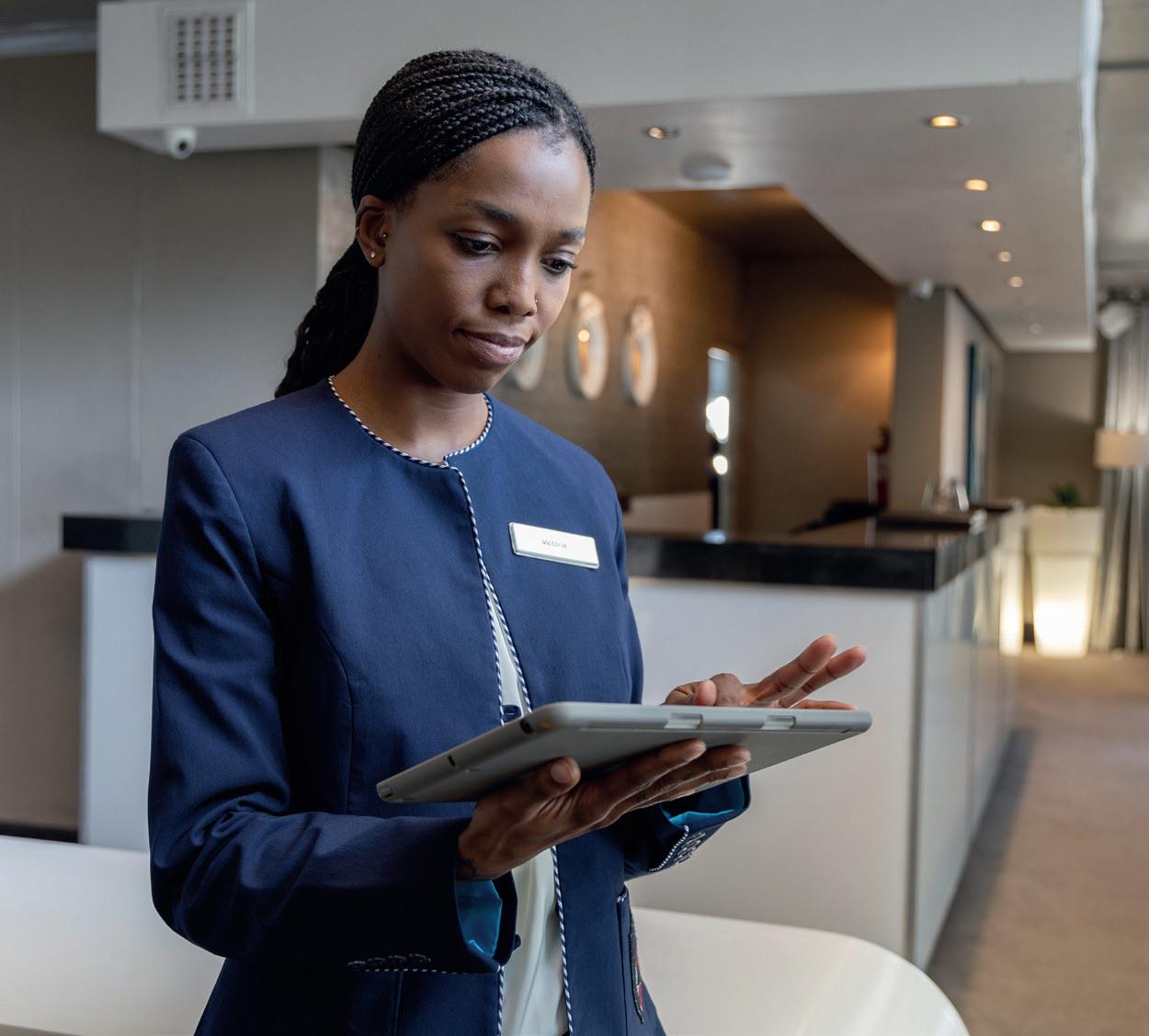
dines in your restaurant, or requests late checkout, these aren’t isolated transactions, they’re interconnected moments that should inform and enhance every subsequent interaction.
The reality of managing multiple best-of-breed systems extends far beyond initial procurement costs. Properties operating with fragmented technology stacks face ongoing challenges that compound over time:
1. Data silos and missed opportunities: When guest information is scattered across multiple platforms, properties lose the ability to create comprehensive guest profiles. A guest’s dining preferences captured in the restaurant POS system remain invisible to front desk
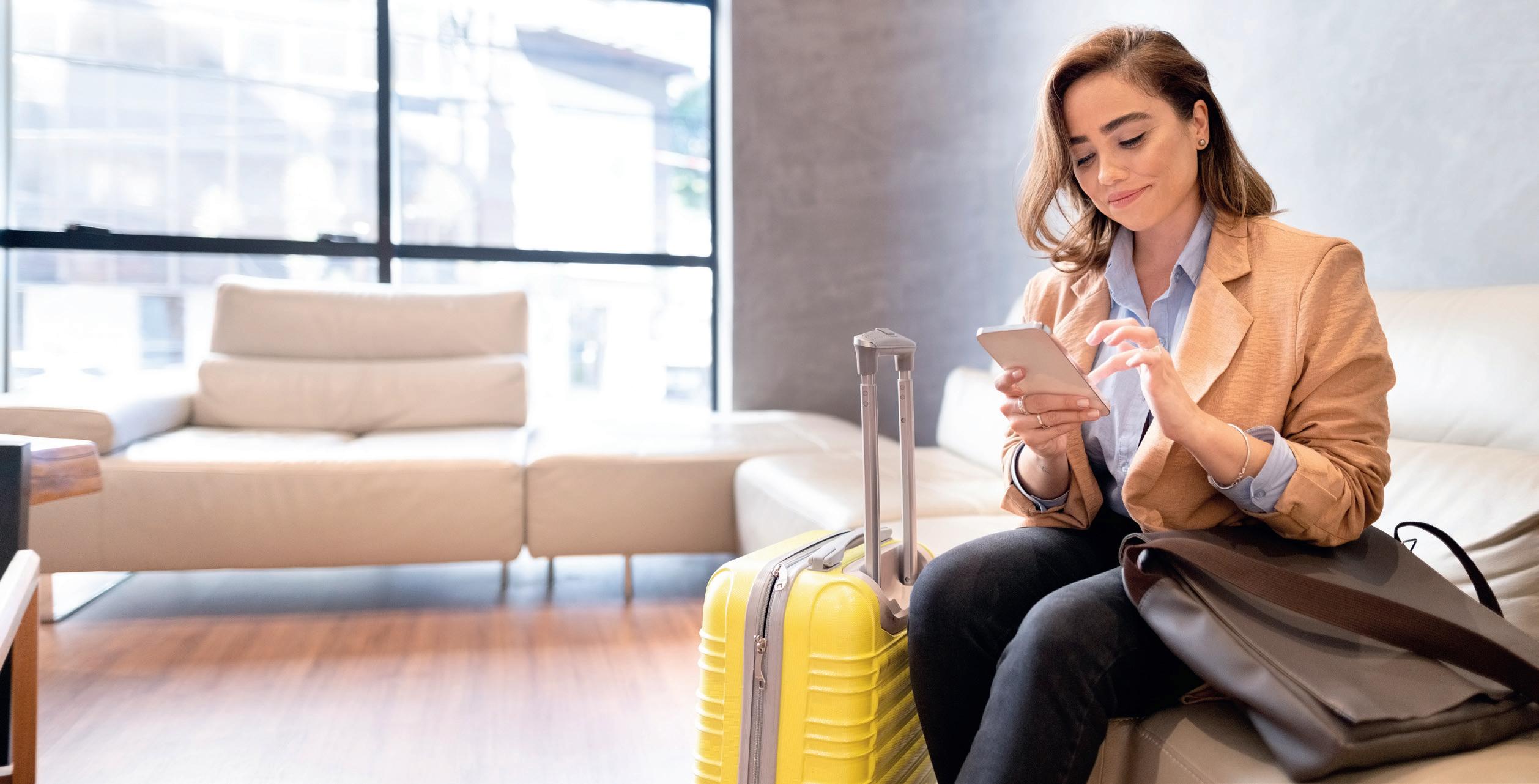
staff during check-in. Each interaction becomes a missed opportunity to demonstrate genuine understanding and care.
2. Integration nightmares: Ask any hotel IT manager what keeps them up at night, and “integration” is still near the top of the list. The complexity of maintaining data synchronisation between multiple systems creates ongoing technical debt, requires specialised IT resources, and often results in frustrating delays when implementing new features or resolving guest issues.
3. Staff inefficiency: When team members must navigate multiple systems to access guest information or complete routine tasks, operational efficiency plummets. A simple guest request might require logging into three different platforms, manually cross-referencing information, and hoping that data discrepancies don’t create service failures.
4. The work around: Perhaps the most insidious cost of fragmented systems is the development of unofficial workarounds that mask underlying deficiencies. Staff develop tribal knowledge to navigate system inadequacies, easily identified by phrases like “the way we do that is...” or “Yes we know, but to get around that do this and this...”
This creates operational fragility where staff departures expose critical knowledge gaps, and what appears smooth from management’s perspective actually depends on complex manual interventions.
Forward-thinking hoteliers are recognising that unified platforms offer something far more valuable than mere convenience, they enable a fundamentally different approach to guest service. When all guest touchpoints flow through a single, integrated system, properties can deliver
experiences that feel cohesive, personalised, and genuinely anticipatory.
Consider the transformation at Watergate Bay and the Another Place collection under Judi Blakeburn’s leadership. Their strategic decision to implement a fully integrated resort system wasn’t merely technological, it represented a philosophical shift toward guest-centricity. As Blakeburn explains: “I recall sketching a simple circle on a piece of paper and declaring, ‘This is our guest. Everything we do must connect to this centre.’”
This unified approach has delivered significant results for the properties. While the global industry average for room revenue to secondary spend sits at 65/35 according to HotStats, Watergate Bay has achieved a remarkable 50/50 split. This transformation demonstrates how unified platforms enable properties to recognise and capitalise on revenue opportunities that fragmented systems simply cannot detect.
The shift toward unified platforms aligns with a broader evolution in how successful properties measure success. Traditional metrics like Revenue per Available Room (RevPAR) and Average Daily Rate (ADR) reflect a narrow, room-centric view of hospitality that no longer serves properties well in today’s competitive landscape.
According to the Agilysys Global Hospitality Study, the RevPAG (Revenue per Available Guest) concept has gained significant traction, with overall concept scores improving by 3.8 points from 69.5 to 73.3 in 12 months. This signals a fundamental shift in how the industry conceptualises value creation.

RevPAG recognises that guests don’t just book rooms; they engage with restaurants, spas, experiences, and ancillary services throughout their stay. More importantly, they continue to engage with brands long after checkout through loyalty programs, future bookings, and recommendations to others. Unified platforms make it possible to track, measure, and optimise this comprehensive guest relationship in ways that fragmented systems cannot match.
The most forward-thinking approach emerging in hospitality technology represents a “Best of Experience” philosophy that transcends the traditional either-or debate. This new approach centres on modular platforms that are designed to be modular from day one, delivering the core benefits of unified systems - single sign-on, centralised data, streamlined operations - while allowing properties to activate functionality as their needs evolve.
The key distinction lies in the architecture: rather than forcing properties to choose between best-ofbreed fragmentation or comprehensive ecosystem implementation, modular platforms provide integrated guest profiles at the data level and unified interfaces at the operational level. This means staff can move seamlessly between different operational areas using consistent interfaces, making training more efficient and operations more intuitive, regardless of which modules are currently active.
This modular approach is fundamentally different from best-of-breed integration. Instead of connecting disparate systems, properties work within a single platform architecture where new capabilities are activated as modules rather than added as separate systems. This model is setting the new standard for hospitality technology, offering hoteliers the guest-centric benefits of unified platforms while maintaining complete flexibility in implementation timing and scope. Properties can maintain their core guest data, operational workflows, and reporting
within a single platform while progressively expanding their capabilities through additional modules that enhance specific aspects of their operation.
The emergence of artificial intelligence in hospitality strongly favours unified approaches. The adoption of AI in the hospitality sector is moving beyond customer service chatbots to encompass predictive analytics for demand forecasting and personalised guest experiences. However, AI’s effectiveness depends entirely on data quality and accessibility.
When guest information exists across multiple, disconnected systems, AI applications must work with incomplete datasets, limiting their ability to generate meaningful insights or personalised recommendations. Unified platforms, by contrast, provide AI systems with comprehensive guest profiles that enable sophisticated personalisation, predictive service delivery, and proactive problem resolution.
This technological evolution is happening rapidly. According to a 2024 survey, 30% of respondents believe that increasing investments in leading hotel technologies would provide the highest ROI. Properties that lag in adopting integrated platforms risk finding themselves permanently disadvantaged as AI-driven personalisation becomes table stakes for guest satisfaction.
Perhaps no statistic better illustrates the cost of fragmented guest experiences than this finding from Agilysys research: only 37% of guests return to hotels. In an industry where acquiring new customers costs significantly more than retaining existing ones, this represents an enormous, missed opportunity.
When properties can’t create seamless, personalised experiences due to system limitations, they fail to build the emotional connections that drive loyalty. Unified platforms directly address this challenge by enabling properties to

remember, learn from, and anticipate guest needs across all touchpoints. Every interaction becomes an opportunity to demonstrate care and attention, building the relationship foundation that transforms one-time visitors into loyal advocates.
One of the most significant barriers to unified platform adoption comes from management companies, which often prioritise operational efficiency over guest experience optimisation. According to Agilysys data, 72% of management companies favour centralised technology approaches, yet 34% report limited effectiveness in crossproperty data utilisation.
Individual properties consistently outperform management company operations in guest experience metrics, largely because they can implement unified platforms that truly serve guest needs rather than just operational convenience. The data supports this. Properties with integrated systems show significantly higher secondary revenue generation and guest retention rates.
In today’s hyper-competitive hospitality landscape, where 53% of guests prioritise hotels offering contactless and digital services, unified platforms provide genuine competitive advantage.
Properties with unified systems can respond more quickly to changing guest preferences, implement new services without complex integration projects, leverage comprehensive data analytics for strategic decisionmaking, and deliver consistently exceptional experiences that build brand loyalty. The demand for seamless digital experiences is only growing, with 74% of hotel guests now preferring properties offering mobile key technology, a feature that requires deep integration across multiple operational systems.
The question facing hospitality leaders isn’t whether to eventually adopt unified platforms, it’s whether to embrace the modular approach that represents the future of hospitality technology. This new standard outdoes the traditional best-of-breed versus all-in-one debate by offering a third way: platforms that provide unified core functionality with the flexibility to activate functionality as needs evolve.
The most successful properties are already making this transition, driven by the recognition that guest experience excellence requires both technological unity and operational flexibility. As Judi Blakeburn’s success at Watergate Bay demonstrates, the best platforms don’t just improve operational efficiency, they transform how properties create value for guests and generate revenue for owners while maintaining the agility to evolve with changing market demands.
The hospitality industry’s reputation as a technology laggard need not be permanent. Properties that choose a unified platform today position themselves to lead tomorrow’s guest experience revolution, creating the seamless, personalised, and memorable experiences that turn guests into lifelong advocates while maintaining the flexibility to continuously innovate and adapt.
In the end, the best technology architecture is the one that serves guests best while empowering properties to continuously innovate. And increasingly, that means modular platforms that put the guest at the centre of every system, every interaction, and every decision, while providing the operational flexibility to activate new capabilities as business needs and market conditions evolve.
Open ecosystem platforms that put the guest at the centre of every system, every interaction, and every decision, while maintaining the flexibility to integrate the specialised solutions that will allow hotels to go beyond the technology constraints of today. www.agilysys.com
In today’s experience-driven travel landscape, guests expect more than just a room, they seek personalised, meaningful experiences tailored to their preferences. Hyper-personalisation in hospitality uses real-time data, artificial intelligence, and predictive analytics to tailor services and recommendations to individual guests, often before they even make a request. By leveraging technology and guest insights, hotels can drive deeper engagement and increase revenue. Here are five powerful ways hotels can use data to suggest activities, dining, and services in real time.
1
LOCATION-BASED ACTIVITY RECOMMENDATIONS
With GPS-enabled mobile apps or key card check-in data, hotels can offer location-aware suggestions the moment guests step outside their room or into a new area of the property. For example, if a guest is near the pool, the hotel’s app can notify them of a happy hour at the poolside bar or an upcoming yoga session on the terrace. For guests exploring nearby attractions, the hotel can suggest popular local experiences based on their past interests - such as food tours, art galleries, or hiking trails - adjusted to the weather, time of day, and crowd levels.
SMART ROOM INTEGRATION AND SERVICE RECOMMENDATIONS
IoT-enabled rooms can collect data on temperature preferences, sleep patterns, and in-room entertainment choices. This information allows hotels to not only adjust settings in real time for comfort but also suggest services. For example, if a guest watches fitness videos in the morning, the system might suggest a personal trainer session or spa treatment available that afternoon. Or, after detecting late wake-up times, it could offer a flexible breakfast-in-bed service. These small gestures add up to a feeling of intuitive care and attention.
2
BEHAVIOUR-DRIVEN DINING SUGGESTIONS
Hotels collect a variety of guest data: loyalty profiles, booking history, dietary preferences, and past restaurant reservations. Using this data, a hotel can provide tailored dining options in real time. For instance, if a guest consistently books vegetarian or vegan meals, the hotel app might recommend a new plant-based menu item at the on-site restaurant or notify them about a pop-up vegan cooking class. Similarly, if a guest returns late from a meeting, the system could suggest in-room dining options that match their taste, delivered promptly without the need to browse a full menu.
4
REAL-TIME EVENT AND AMENITY ALERTS
By analysing guest interests and realtime availability, hotels can promote relevant on-property events or amenities. If a guest books a wellness package, the app might notify them of an open slot in the meditation class or an essential oils workshop happening soon. For families, timely suggestions might include movie nights, scavenger hunts, or kids’ club activities. These data-driven nudges help guests discover offerings they might otherwise miss and increase overall engagement with hotel facilities.
DYNAMIC ITINERARY ADJUSTMENTS BASED ON CONTEXTUAL DATA
Hyper-personalisation extends beyond static suggestions to adapting experiences dynamically. Suppose a guest had a hiking tour planned but extreme weather hits. Based on this data, the hotel can recommend an indoor experience, such as a museum tour or spa session, and even coordinate the new booking automatically. If flight delays are detected via integrated travel apps, the hotel can proactively offer late check-out, dining vouchers, or alternative activity slots without the guest having to ask.

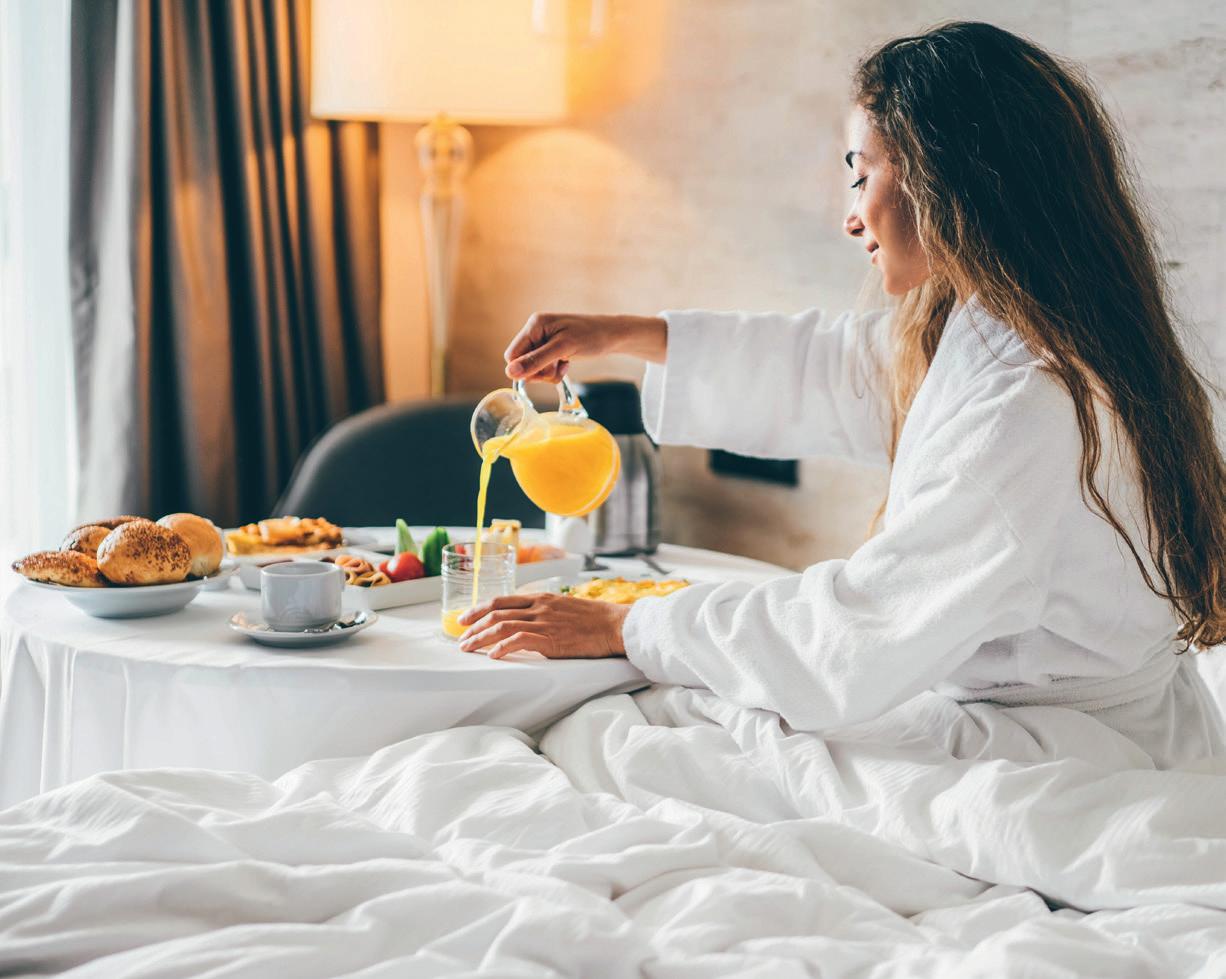
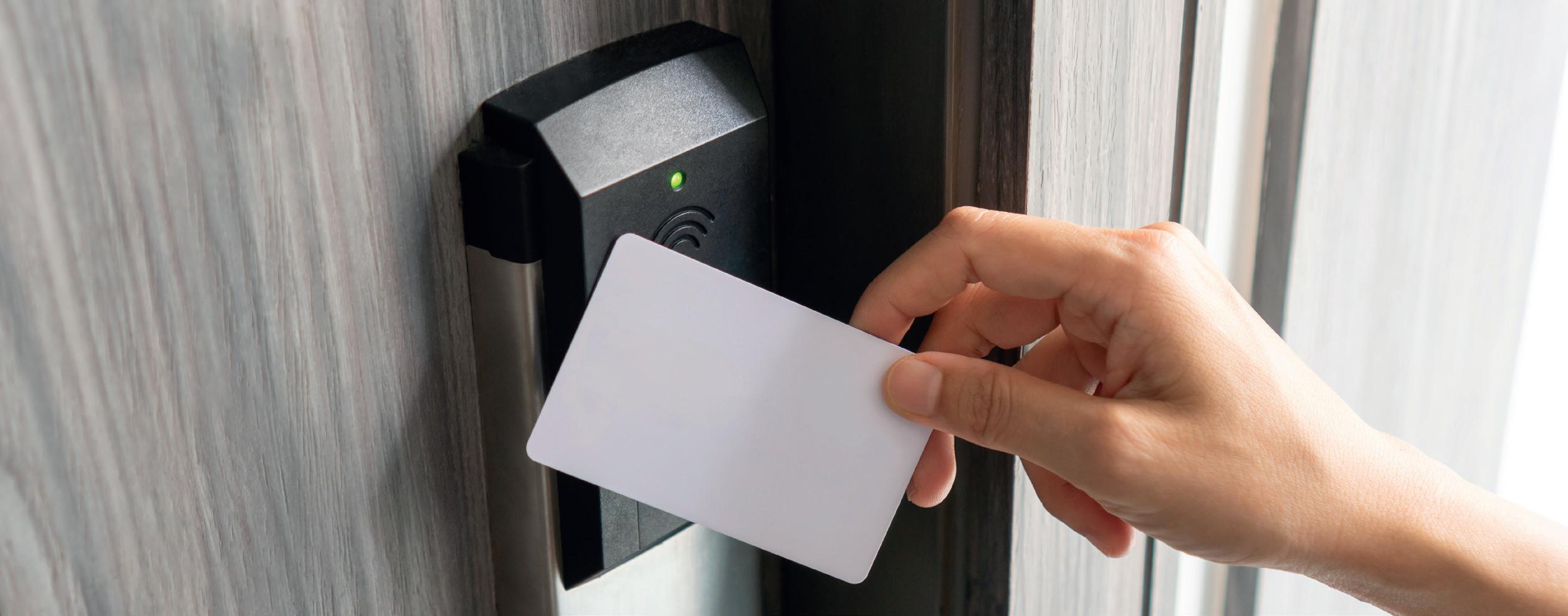
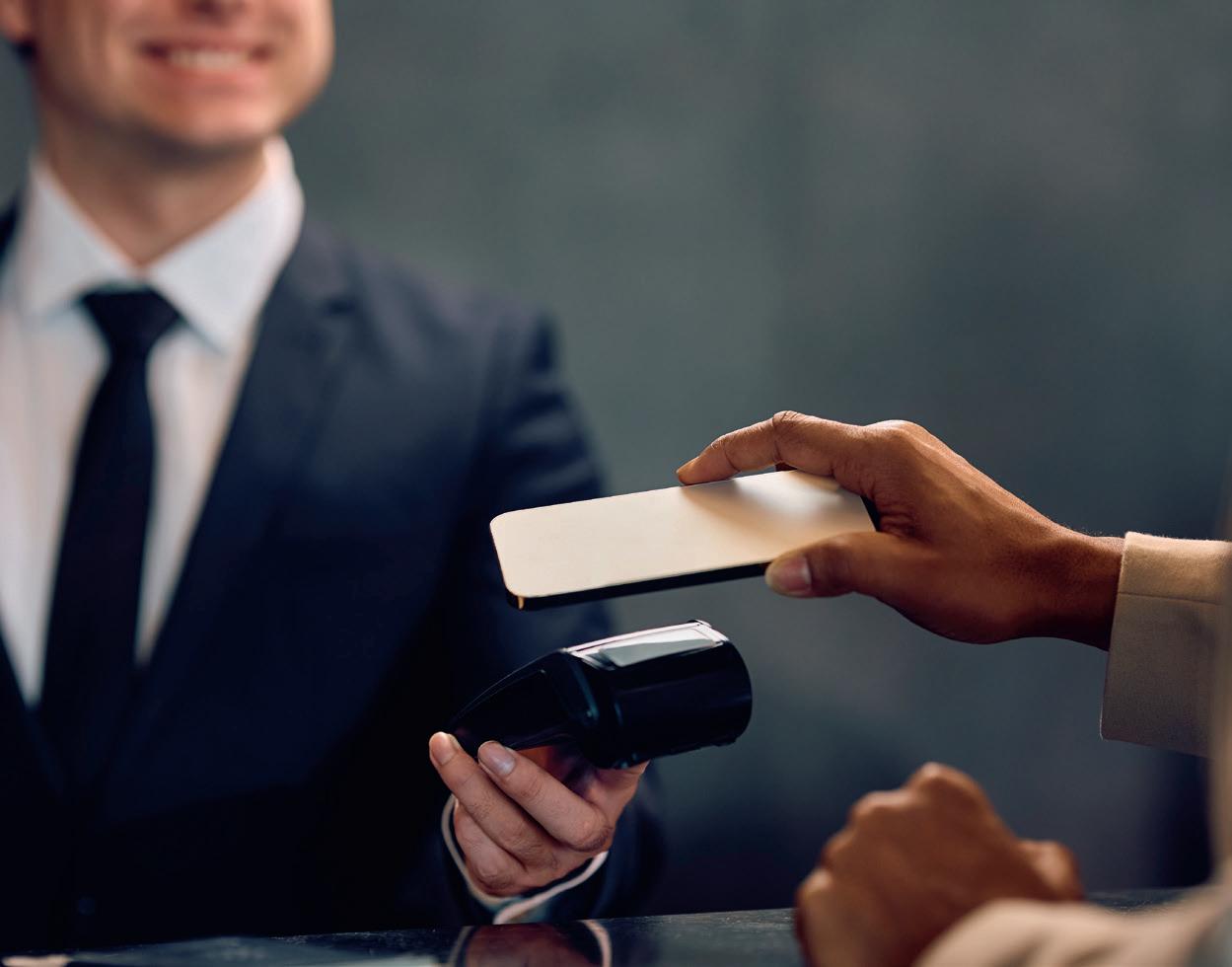
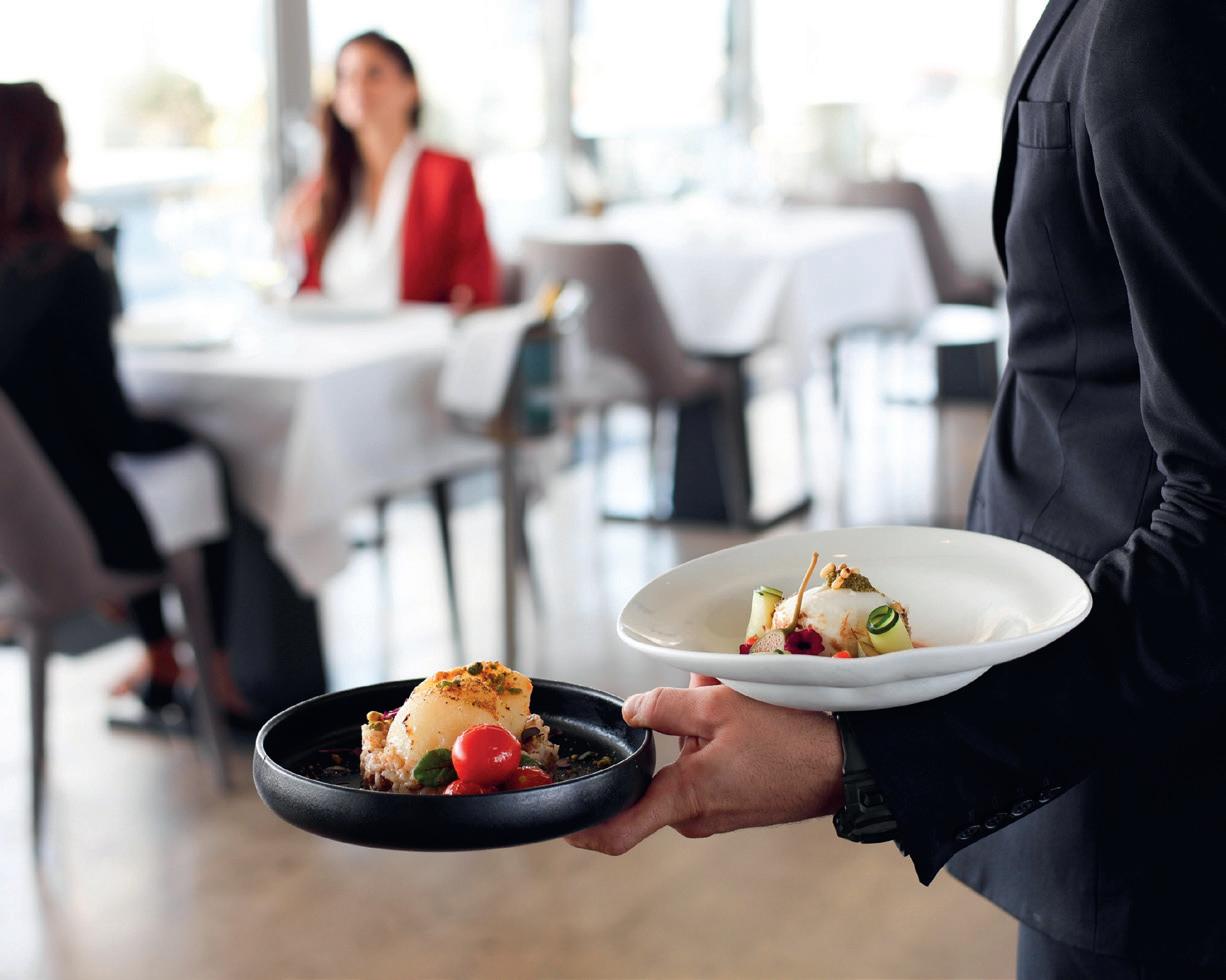
In today’s fast-paced hospitality industry, speed, efficiency, and guest satisfaction are more crucial than ever. To explore how technology can meet these demands, we spoke with Pierre Lion, Global Director of Enterprise Sales at SumUp. In this interview, Pierre shares how the all-in-one SumUp Terminal is transforming hospitality operations - from streamlining order-taking and payment processing to enhancing customer experience and cutting costs.
How does using a SumUp handheld device improve the speed and efficiency of taking orders and processing payments in a hospitality setting?
The SumUp Terminal combines payment, ordering, and receipt printing in a single device, eliminating the need to switch between multiple tools or walk back to a central POS. Staff can take orders and process payments directly at the table or on the floor, significantly speeding up service. The intuitive touchscreen interface, fast checkout options, and always-connected dual connectivity (WiFi + 4G) ensure transactions are processed quickly and reliably, even in busy hotel environments.
How does the SumUp handheld system enhance customer satisfaction and the overall guest experience?
Guests benefit from faster service, shorter wait times, and more personalised interactions. With everything staff need in the palm of their hands, there’s no need to jot down orders on paper or walk back and forth to a central POS, reducing errors and keeping service seamless. Staff can stay attentive and responsive throughout the guest journey, from taking room service orders to settling the bill tableside. The sleek, professional design and instant receipt printing also elevate the overall experience. What’s more, any team member can pick up and process an order, even if they didn’t originally serve the table, ensuring flexibility, continuity, and a guest-first approach.
What are the cost-saving advantages of using a SumUp device compared to traditional POS systems in a hospitality environment?
Unlike many traditional POS systems that require multiple
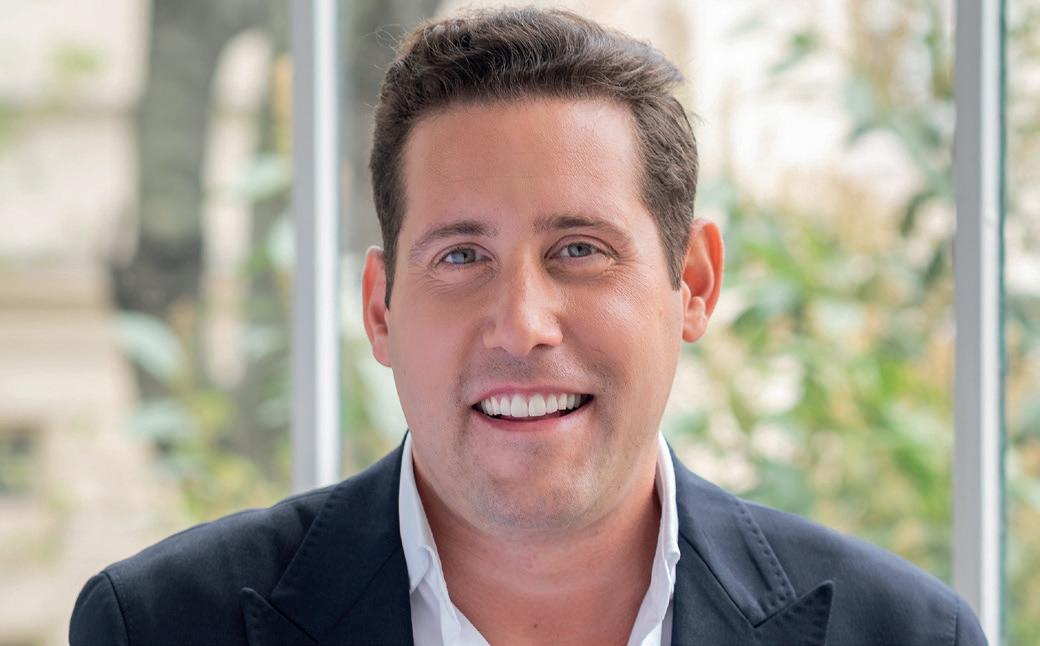
hardware components and charge monthly fees, the SumUp Terminal is available for a one-time, upfront purchase of £169 with no ongoing rental costs. It combines several devices into one (POS, receipt printer, card reader), reducing hardware investment and saving on subscription fees. Setup is also dramatically faster, thanks to the AIpowered menu digitisation feature, cutting down on onboarding and training time.
How easy is it for a venue to integrate and use a handheld payment service for transactions?
The Terminal is ready to use out of the box with no complex installation. Merchants can scan a menu or product list using the built-in camera and AI, which automatically digitises it, making setup intuitive, even for non-technical users. Staff can be trained quickly thanks to the simple interface, and the system integrates seamlessly with popular accounting software like Xero and QuickBooks for backend operations.
sumup.com






We caught up with Malcolm Jull, CEO at PurchasePlus - A Marketboomer Product, to discuss how the company’s purpose-built technology is helping hotels cut costs and streamline purchasing, while supporting sustainability goals.

“We help hotel operators reduce costs, gain control, and operate more efficiently.”
For those unfamiliar with Marketboomer, can you give us a quick overview of what the company does and how it serves the hospitality industry?
Marketboomer is a procure-to-pay technology provider purpose-built for the hospitality industry. We’ve been around for over 20years and after a complete rebuild have decided it’s time to bring our solutions to the UK! Through our platform, PurchasePlus, we connect hotels with their suppliers, streamline purchasing, simplify invoice processing, and provide real-time visibility over spend and inventory. We help hotel operators reduce costs, gain control, and operate more efficiently - all through an intuitive, easy to use mobile/tablet and desktop solution that’s been designed with the modern hotel worker in mind.
What are some of the biggest procurement challenges hotels face today, and how does Marketboomer help solve them?
Hotels are navigating rising costs, fragmented supplier networks, inconsistent data, and the ongoing pressure to do more with less. Procurement is often manual, disconnected, and lacking visibility - and every supplier has a new system they want you to use.
PurchasePlus solves this by automating core procurement and invoice workflows, connecting directly with suppliers via API or catalogue integrations, and delivering centralised control and reporting. Our platform makes it easy to compare pricing, track compliance, and standardise purchasing - whether you’re a single property or a global group. We just do it really well, we have some bells and whistles of course, but it’s the ability to do the everyday things on a no training needed platform that really sets us apart.
How does Marketboomer’s technology integrate with existing hotel operations, and what kind of results have clients seen?
We’re designed to be lightweight and fast to implement. Marketboomer integrates seamlessly with accounting systems like NetSuite and Xero, and works alongside PMS, POS, and inventory tools to create a connected back-office environment.
Our clients typically see a 20–30% reduction in purchasing admin, 80%+ invoice processing and allocation automated, and a measurable lift in gross margin through better price control. One group recently reported reducing invoice processing costs by 85% while handling 40% more volume - that’s the kind of operational efficiency we deliver.
Sustainability and cost efficiency are big themes in the hotel sector - how does Marketboomer support these priorities?
Sustainability and cost efficiency go hand in hand, and we help on both fronts. With full visibility over what’s being bought and from whom, hotels can align purchasing with ESG goals - whether that’s reducing food waste, tracking supplier compliance, or consolidating deliveries to cut emissions. Most importantly at the heart of it all we are a control tool, and control enables you to support real sustainability by ensuring the right supplier is used
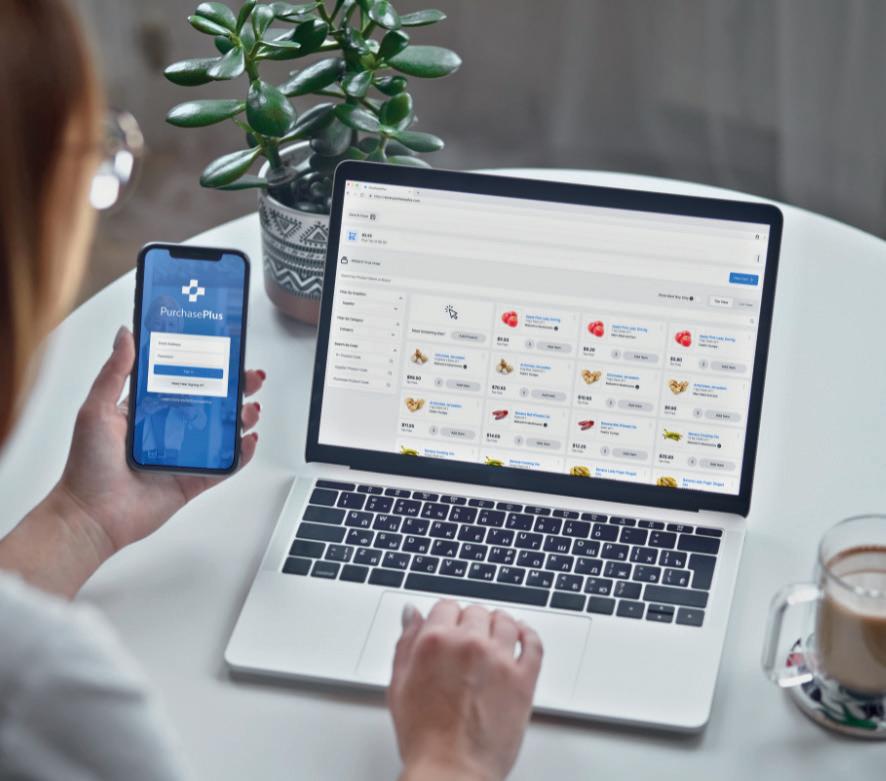
“Sustainability and cost efficiency go hand in hand, and we help on both fronts.”
to source the right product at the right price. On the cost side, our platform identifies saving opportunities automatically - flagging price variations, enabling better forecasting to support smarter buying decisions.
Looking ahead, what innovations or trends is Marketboomer most excited about in the hospitality procurement space?
We’re excited by the shift towards intelligent automation - especially where AI can remove low-value admin and free teams up to focus on strategy. We’re actively building tools that help hotels forecast demand, optimise supplier relationships, and respond faster to cost pressures. We’re excited about how these new tools will help even more administration and manual work to be done so hotel teams can spend more time with people.
We’re also seeing stronger demand for open integrationhotels want technology that fits together easily. That’s been a big part of our product roadmap, and we’ll continue to prioritise openness, usability and speed of implementation given everybody is busier than ever these days.

With a career spanning decades across luxury hotels, independent boutiques, and Caribbean hideaways, Will Oakley, now Managing Director of Cameron House on Loch Lomond, brings an exceptional blend of experience, vision, and transformational leadership. We sat down with Will to discuss his journey in hospitality, his plans for Cameron House, and what it means to lead with purpose.
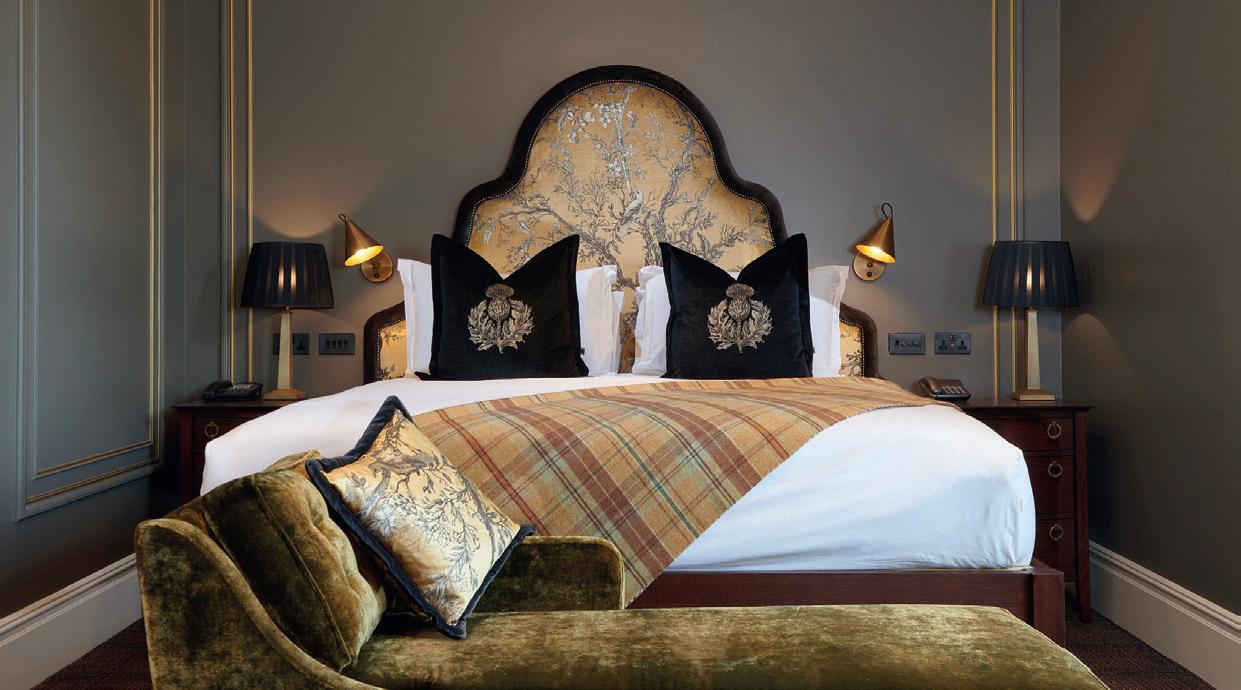
Will Oakley began his career with a solid foundation: the Savoy Group’s rigorous five-year management programme.
Cutting his teeth in some of London’s most iconic luxury propertiesClaridge’s, the Connaught, and The Lanesborough - he quickly realised his passion lay in having a broader impact on operations.
“I made a conscious decision early on to step into roles where I could influence entire businesses, not just parts of them,” Will explained. That decision led him into boutique hotels, eventually becoming a general manager at just 25. From there, his path took a bold entrepreneurial turn: he founded and sold his own restaurant business before re-entering the hotel world, this time focusing on transformation and openings.
In the 2000s, Will’s career went global, culminating in a decade spent in the Caribbean. Perhaps one of his most rewarding projects was at Cobbler’s Cove in Barbados, where he oversaw a multi-year transformation that required not just financial investment but cultural change. “Many of the team had never left the island - some didn’t even have passports,” he recalled. “The success came from mentorship, patience, and earning buy-in.”
Following further high-profile roles with the Oetker Collection and managing the ultra-luxury Jumby Bay Island in Antigua, Will returned to the UK and ultimately joined Cameron House in January 2025. For him, it wasn’t just about location - it was about potential.
Now several months into his role, Will is already steering Cameron House through a period of strategic transformation. “The priority was listening - to guests, the team, and the business itself. From that, you can set the right strategy,” he said.
One of the first major steps was elevating the food and beverage offering, starting with the arrival of Graeme Cheevers - a Michelin-starred chef known for his exceptional culinary direction. Together, they launched LOMA, the resort’s new signature dining experience.
“Graeme’s return to Cameron House is a homecoming,” Will said. “The early feedback has been phenomenal - he’s delivering quality that’s authentic, technically brilliant, and a huge draw for both locals and international guests.”
Importantly, the partnership with Graeme goes beyond cuisine. It’s part of a larger ethos Will champions - using

excellence to inspire and develop the local workforce. “95% of our staff are from the local area. Many haven’t had exposure to Michelin-level dining or five-star international standards, so we’re embedding training opportunities into everything we do.”
Will is known for his belief in challenging the status quoparticularly when it comes to seasonality, a common hurdle in Scottish hospitality. Rather than accept slower winter months, he views them as “an opportunity.”
“If you get the product, service, and value right, there’s no reason guests won’t come year-round. People are still travelling - they just need the right reason to come.”
Part of that reason is experience, both on and off property. Will pointed to wellness, remote work trends, and experiential travel as areas of focus for Cameron House. “Hotels can be lonely places if there’s nothing to connect people. So, we’re creating experiences that draw them infrom wellness retreats to curated local adventures.”
One key upgrade guests can look forward to is the relaunch of Cameron Spa, following a significant refurbishment. While Will was careful not to overstate the scale, the intent is clear: quality, consistency, and guest satisfaction.
“Our rooftop hydro pool is a standout. Whether it’s snowing or sunny, there’s something soul-stirring about sitting in warm water, looking up at Ben Lomond,” he said. Beyond ambience, the spa now features 17 treatment rooms, refreshed experiences, and - due to a clever interim solution during refurbishment, plans to retain a couple of in-hotel treatment rooms for added guest convenience.
With over 600 staff, a growing membership base of 7,000 loyal locals, and a renewed focus on product innovation, Will is optimistic about the resort’s future.
“We’ve made a strong start, but I see huge potential here. By the end of 2025, I want us to have made a noticeable mark, not just in service, but in how we develop people, how we engage our community, and how we set a new standard for luxury in Scotland.”
Will and his team’s impact is already being felt - not only through headline features like LOMA and the revitalised spa but also in the subtle culture shift that places people and purpose at the heart of Cameron House.
As he put it: “It’s not about creating robots. It’s about giving people the tools to succeed, while keeping the natural charm and character that makes this place truly special.”

Delving into the property’s refined comfort and thoughtful design, we feature London’s The Welbeck as our Hotel of the Month this September.
Tucked away on the iconic Welbeck Street in London’s Marylebone, The Welbeck Hotel has quickly emerged as a benchmark for modern luxury and integrated wellness, making it our clear choice for Hotel of the Month this September. Officially opened in early 2025, this meticulously restored Edwardian gem blends heritage, innovation, and hospitality into an experience that caters equally to leisure seekers, wellness travellers, and business professionals.
Steering the ship at the venue is Simon Hall, General Manager at The Welbeck, whose career in hospitality began in the early 1990s. Simon explained, “I started the role to oversee the completion during renovation from an operations perspective and set standards, train and recruit staff before we eventually opened the hotel and are now building up the business.”
We asked Simon about his approach to leadership, he said, “I wouldn’t necessarily say my leadership style stands out, but it has certainly evolved over time. Early in my career as a young General Manager, I was impatient - I felt I had to do everything myself and be the loudest voice in the room.
“With experience, you gain perspective. These days, I place far more value on calm, collaborative decisionmaking. I don’t pretend to be the smartest person at the table - I surround myself with experts in revenue, sales, marketing, engineering, food and beverage, and I listen to them. My role is to bring that team together and keep the momentum going.”
Building not only on its exceptionally talented team, Simon revealed how Welbeck Street leverages its unique history, synonymous with medical excellence. Once home to pioneering physicians like Thomas Young and Sir Patrick Manson, it forms part of a historic district known for its proximity to Harley Street’s world-renowned clinics. “The Welbeck Hotel both embraces and elevates this heritage, offering guests discreet access to world-class healthcare and wellness services in one of London’s most fashionable neighbourhoods,” he said.
That’s why at the heart of The Welbeck experience is a focus on health and wellbeing. The hotel partners with Effect Doctors, providing guests with in-room intravenous therapies designed to rejuvenate, hydrate, and boost immunity - perfect after a long flight or packed business schedule. Meanwhile, luxury beauty concierge RUUBY offers massages, facials, and grooming services in the comfort of guests’ rooms, blurring the line between hotel stay and personal sanctuary.
The Welbeck also celebrates its partnership with John Bell & Croyden. Their in-house Liver Clinic provides guests with access to cutting-edge FibroScan® technology - an innovative, non-invasive diagnostic tool for assessing liver health
The hotel boasts 164 elegantly appointed rooms and suites, all designed with understated sophistication and exceptional comfort in mind. Simon explained, “Whether guests stay in a standard guest room or one of the expansive one-bedroom suites, thoughtful touches and wellness amenities ensure every stay is both restful and revitalising.”
Guests can enjoy breakfast or an evening cocktail at
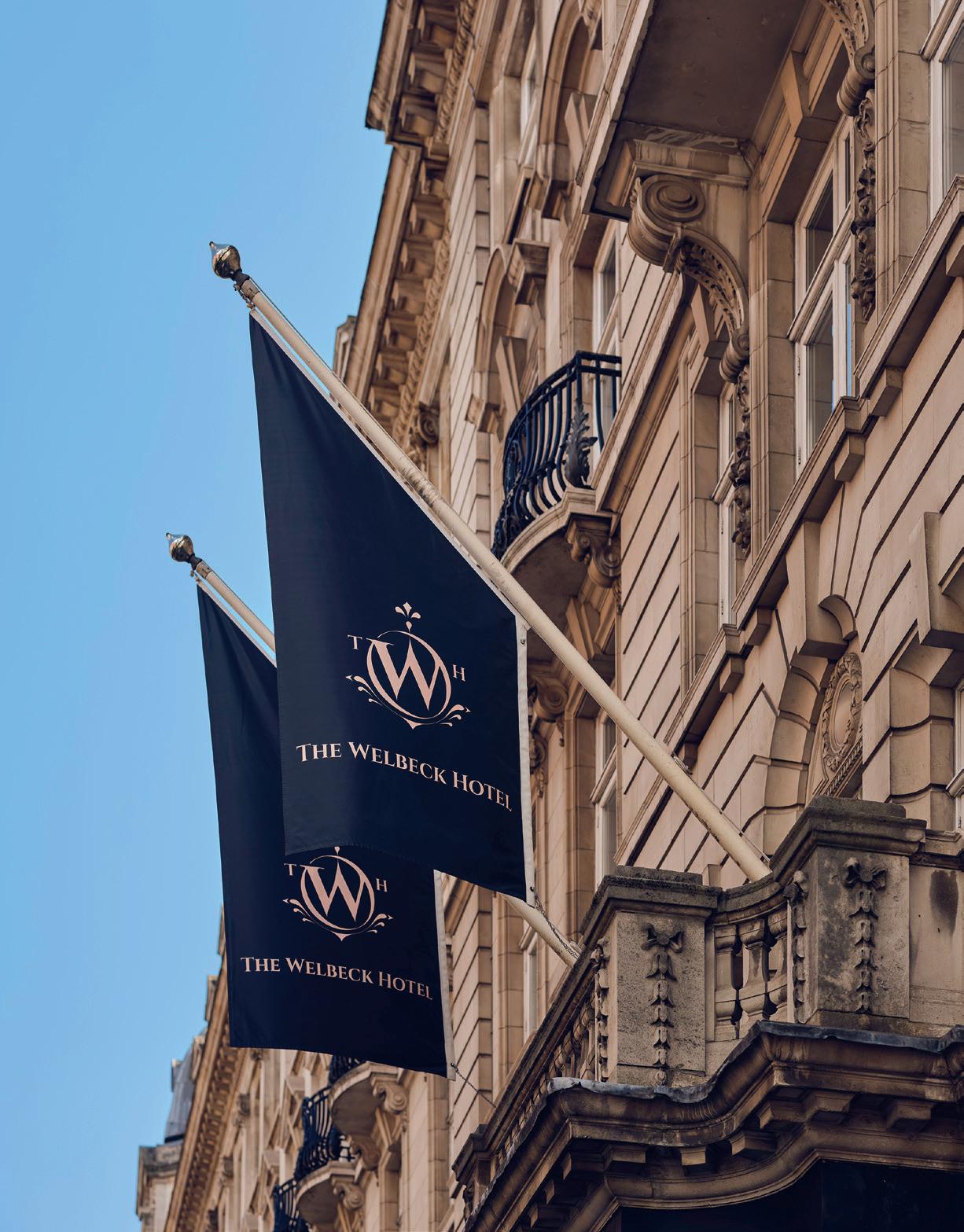
Welbecker Bar and Lounge, relax in the hotel’s fully equipped gym, or take advantage of six versatile meeting rooms and event spaces, accommodating everything from intimate gatherings to corporate functions.
The location is as enviable as the interiors. Guests are mere steps from the luxury boutiques of Bond Street, Selfridges, Daunt Books, the Wallace Collection, and Wigmore Hall.
The Welbeck Hotel walks the talk on responsible hospitality. It has earned a BREEAM Excellent rating, featuring energy-efficient technologies, food waste recycling, and the elimination of single-use plastics. Wildflower planters dot the property, boosting local biodiversity, while a partnership with The Felix Project ensures surplus food supports London’s most vulnerable communities.
Under the stewardship of General Manager Simon Hall, The Welbeck Hotel is not just another luxury property - it’s a lifestyle destination where history meets hospitality, and wellness is woven into every guest experience.
“The Welbeck Hotel offers an elevated hospitality experience where guests can Stay Well, Travel Well, and Be Well,” says Hall. “We’re proud to have our doors open in this iconic neighbourhood and look forward to welcoming even more guests from around the world.”
For travellers seeking an elegant, health-conscious, and culturally rich escape in central London, The Welbeck Hotel is not just a place to stay - it’s a place to thrive.
JW Marriott Maldives Resort & Spa.




Perched on the secluded Vagaru Island in Shaviyani Atoll, JW Marriott Maldives Resort & Spa is a haven of refined luxury and tropical serenity. The elegant resort is home to 60 expansive villas.
Set within lush tropical vegetation, the villas pay tribute to local design: thatched-roof silhouettes evoke traditional dhoni boats and interiors blend muted tones with pops of ocean-inspired colour to reflect Maldivian surroundings. For families, duplex options offer separate bedrooms, lounges, and bathrooms - a perfect setting for multigenerational stays.
Wellness is central to the JW experience: Spa by JW is an overwater sanctuary offering six couples’ treatment rooms, a deluxe suite with steam, sauna, ice bath, and massages using Aromatherapy Associates products. There’s also a gym, open air yoga pavilion, and daily wellness classes to support mind-body rejuvenation.
Hanny Wahyuni, Market Director, Marketing and Communications at JW Marriott Maldives Resort & Spa said, “Guests can embrace holistic wellbeing at Spa by JW, savor curated culinary journeys across our diverse dining venues, and reconnect with nature at our JW Garden. For our younger guests, the Family by JW – Little Griffins Kids Club offers imaginative adventures, ensuring every family member feels welcomed and inspired.”
It is this mindful balance of genuine Maldivian warmth, elevated service, and enriching experiences that transforms a stay at the resort into something truly memorable and deeply meaningful.
With sustainability becoming increasingly important in luxury hospitality, the resort is pushing a number of key initiatives to protect the marine environment and engage in responsible tourism. The team at JW Marriott Maldives Resort & Spa believe true luxury comes with a responsibility to protect the pristine natural surroundings that make the Maldives so special. “Our efforts include island-wide recycling, eco-friendly bulk purchasing, an AIpowered Winnow system to reduce food waste and bottling our own water saves over 375,000 plastic bottles annually.”
“We also compost organic waste, source local seafood, and engage associates in sustainability training and island clean-ups. Looking ahead, we’re converting food waste into bio-gas and planning solar heater panels on floating
platforms to lower petrol use,” said Hanny.
Guest expectations in the Maldives have evolved beyond simply seeking luxury; today’s travellers look for experiences that feel authentic and meaningful. Hanny said, “For us, adapting to these preferences isn’t about following every trend, but about truly listening to our guests and understanding what resonates most with them.”
Dining plays a central role in the guest experience at the resort, and the team take great pride in their reputation for exceptional culinary artistry. “We pay meticulous attention to the quality and provenance of every ingredient, ensuring each dish meets the highest standards of taste and presentation,” said Hanny.
Among the resort’s signature offerings is RIHA, an experience found only at JW Marriott Maldives Resort & Spa. This intimate, chef-curated journey blends Indian cuisine with French influences, creating a refined and deeply personal dining encounter.
For guests seeking authentic local flavor, the Malaafaiy Dinner invites them to dine under the stars, enjoying traditional dishes accompanied by a Boduberu performance. The JW Garden Dinner, set within the resort’s lush island garden, celebrates freshness with menus inspired by herbs and produce hand-picked on the island.
Looking ahead, Hanny sees the future of Maldivian hospitality shaped by three key trends: a growing demand for authentic, locally inspired experiences; a deeper commitment to sustainability and mindful travel; and, notably, an increased desire for personalised wellness and wellbeing - now an essential pillar in luxury hospitality.
“At our resort, we’re proactively embracing these shifts by enriching our cultural and culinary storytelling, investing in sustainable practices that safeguard our pristine environment, and continually enhancing our wellness offerings to create moments of meaningful connection and rejuvenation”, Hanny added.
UK-based hoteliers might take note of how we design experiences that go beyond luxury - focusing on authentic moments that foster togetherness, celebrate local culture, and encourage guests to slow down and truly savor their time together. At its heart, it’s about creating meaningful memories that guests carry with them long after they depart.
We delve into how Gen Z is changing hotel work culture as we examine the fact that younger employees are bringing new expectations for flexibility, purpose, and digital engagement.

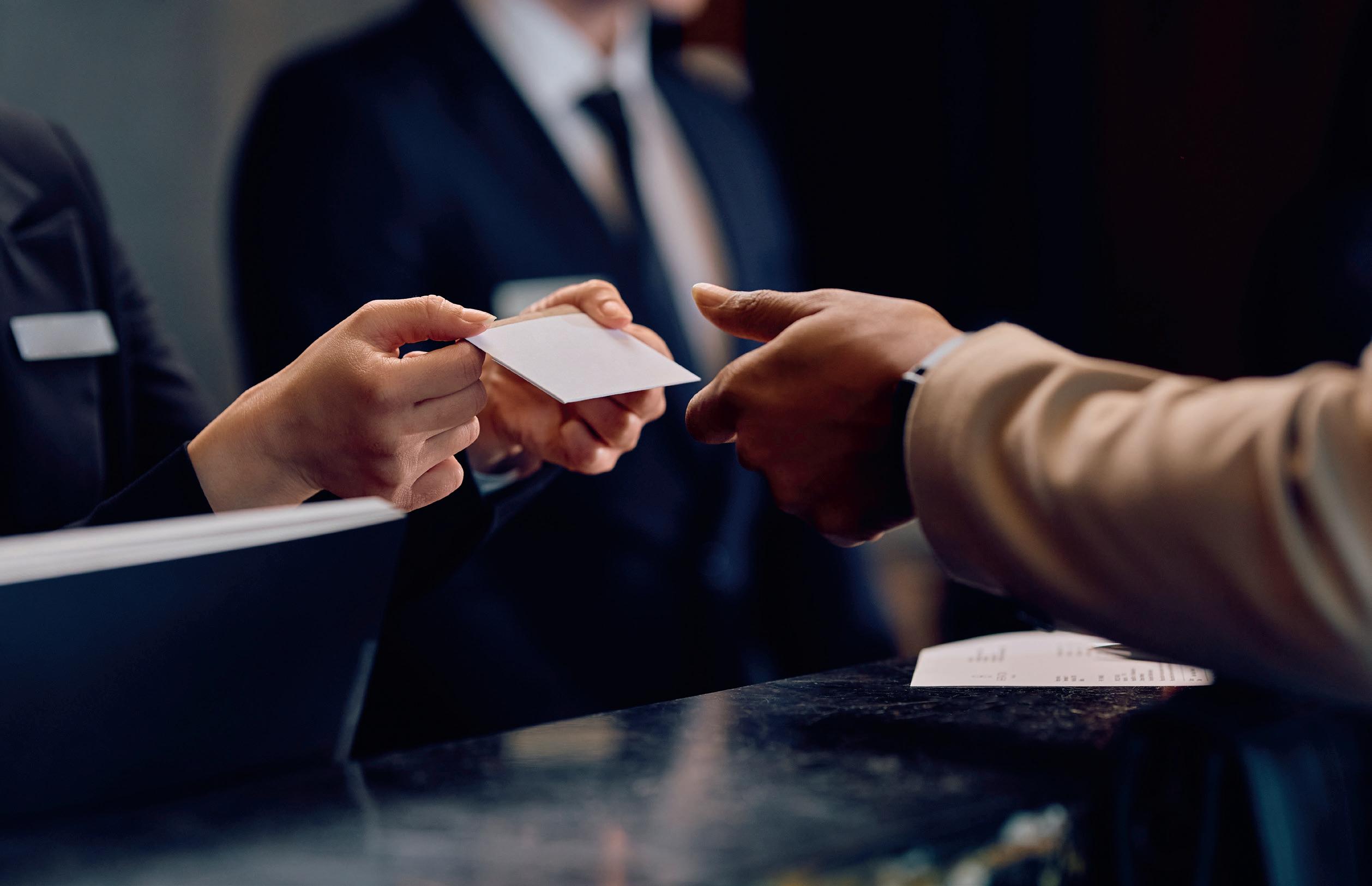
As Gen Z enters the hospitality workforce in growing numbers, they’re reshaping the culture of hotel employment with fresh expectations and values. No longer satisfied with rigid schedules and traditional hierarchies, these younger employees are demanding greater flexibility, a sense of purpose, and seamless digital engagement.
With the help of industry experts, we explore how this generation’s arrival is challenging longstanding norms, and how forward-thinking hotel can adapt to attract and retain the talent that will define the future of the industry.
Looking into the most significant changes in how Gen Z employees approach their roles compared to previous generations, Zoe Rowe, Human Resources Manager at The Headland, acknowledges how Gen Z employees want to work for businesses who align with their values around wellbeing, sustainability and their interests outside of work.
With the demand for flexibility - like remote work options, gig-style shifts, and non-traditional scheduling growing, The Headland have adapted their shift patterns and contracted hours to have an agile team that allows for flexibility, whatever the age group.
Keen to find out in what ways Gen Z employees are influencing hotels’ use of digital tools, social media, and internal communication platforms, we asked Zoe, to which she said, “Traditional methods like email are less effective
with this group, so we’re embracing faster, more intuitive platforms such as instant messaging and mobile-based communication tools.”
In terms of recruitment, training and retention, at The Headland, they are placing a greater emphasis on showcasing their culture, commitment to environmental and social responsibility, and the career development opportunities available within hospitality. “We’re also being more flexible with shift patterns and communication styles, which helps create a more engaging and attractive environment for young talent,” added Zoe.
Of course the generational shift comes with both challenges and opportunities for sustaining a cohesive culture across multigenerational teams in hospitality and Zoe recognises that the diversity across age groups presents an exciting opportunity to create richer, more dynamic teams. She finished, “While generational differences in working styles and communication preferences can occasionally cause friction, they also open the door to better understanding, mentorship, and innovation.”
According to Suzy Dee Holland, Head of PR & Partnerships at South Place Hotel, “Gone are the days when wellbeing just meant a fruit bowl in the office and a chat with HR if you felt stressed.” She explained that at South Place Hotel, they take mental health support very seriously

with flexible schedules, real conversations with dedicated mental health leaders, creative workshops and dedicated quiet spaces for breaks.”
Delving into specific initiatives or policies South Place Hotel has introduced in order to attract and retain Gen Z talent, Suzy recognises and appreciates that Gen Z want “purpose, transparency, and work-life balance”. In line with this demand, she said, “We ensure we put in place purposedriven on boarding, clear progression paths, mental health first aiders and an open-door policy that’s not just a metaphor. Dean Culpan, our GM’s door is literally always open, usually with anything you need for the day - snacks, perfume, hairbrushes, and, occasionally, martinis!”
The team at South Place Hotel also look at scheduling flexibility where they can – Suzy said, “Even in hospitality, we know the grind culture is out and actual rest is in.”
Simlarly to The Headland, most of the internal marketing communication at South Place is done via new(ish) tech-led platforms, including Whatsapp, Google, Slack and Canva.
Suzy explained, “We aim to keep things short, clear, and emoji-friendly. Say why something matters, not just what to do.” Suzy also advises people to, “Be more transparent in leadership because vague ‘corporate speak’ doesn’t work these days.”
Suzy believes that the future of hospitality isn’t just crisp
white linen and polished service- it’s sustainable, inclusive, and mentally sane.
“Gen Z are demanding more humanity in leadership, more purpose in roles and more growth (and not just in job titles, but in life skills and creativity).
“We’re future-proofing by building on listening as a leadership skill. We hold reverse mentorships (yes, our 22-year-old marketing assistant is teaching the GM stuff), and we’re exploring tech tools they recommend. If they want AI-scheduling bots that don’t burn them out - we’re on it,” finished Suzy.
As Gen Z continues to enter and influence the hospitality workforce, it’s clear that their expectations are more than just passing trends, they’re a fundamental shift in how the industry must think about work, leadership, and culture. With an emphasis on flexibility, digital fluency, purposedriven employment, and mental wellbeing, this generation is challenging outdated norms and encouraging a more human-centred, innovative approach to hotel operations. As demonstrated by leaders at The Headland and South Place Hotel, those willing to listen, adapt, and evolve alongside this new workforce are not only attracting top young talent but also laying the groundwork for a more inclusive, sustainable, and dynamic future in hospitality.
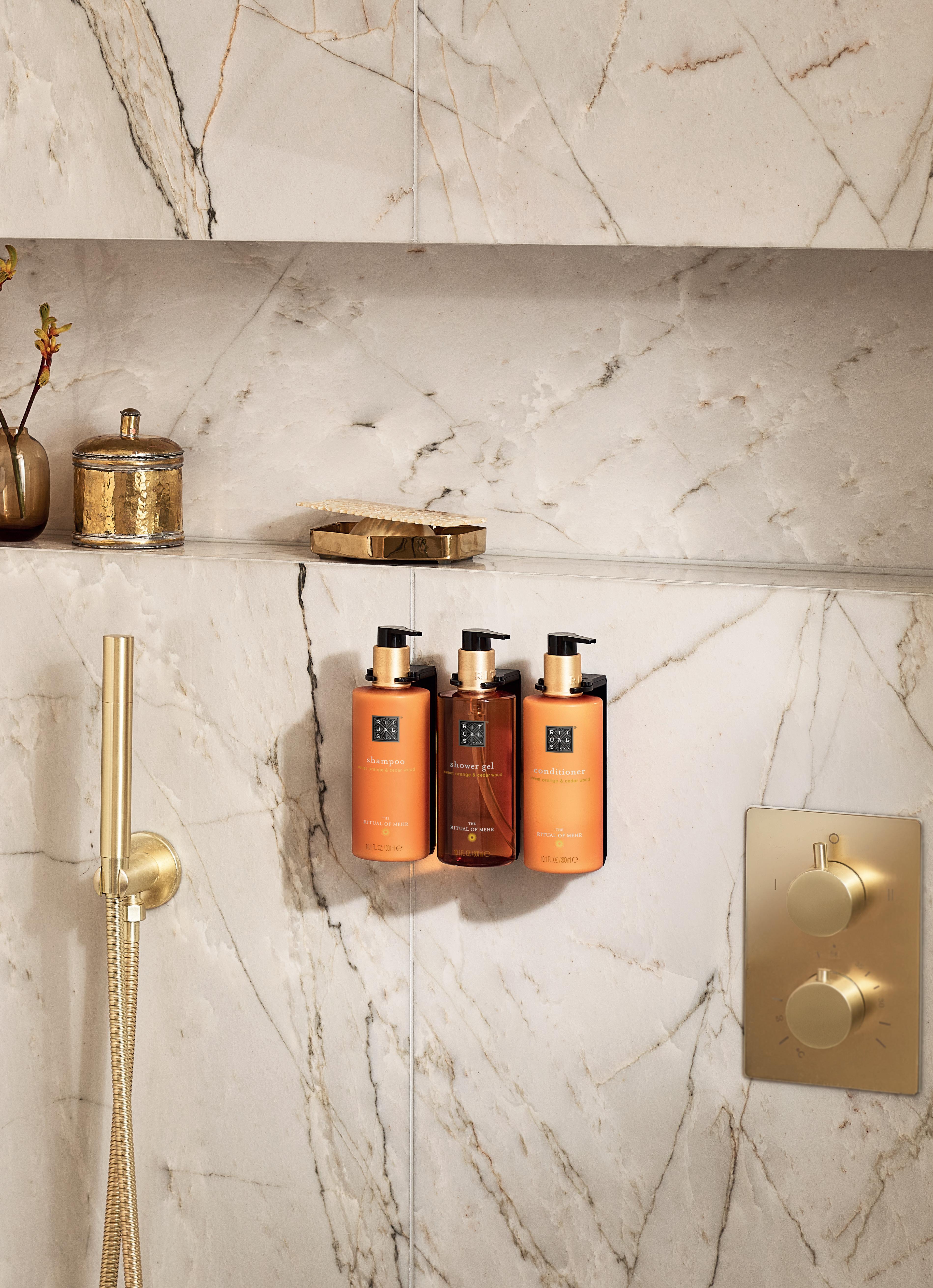
With a global career spanning the UK, Japan, and now Egypt, Charles Fisher brings a unique blend of international insight and heartfelt leadership to his role as General Manager of Four Seasons Hotel Cairo at The First Residence. In this exclusive interview, Charles reflects on the legacy of the iconic Cairo property, shares what it takes to run a truly successful hotel, and offers thoughtful perspectives on blending local culture with global luxury.
Tell us about Four Seasons Hotel Cairo at The First Residence
Four Seasons Hotel Cairo at The First Residence holds a very special place in my heart, both for its incredible location and for its legacy. It was the first Four Seasons property to open in the Middle East 25 years ago, setting the benchmark for luxury and service standards in the region. From the moment we opened our doors, we were not just another hotel, but a trailblazer in elevating the guest experience here. With a stunning view of the Nile and the Pyramids in the distance, our hotel offers a refined yet warm atmosphere where every guest is treated as family. It’s an intimate, oasis-like retreat in the bustling city of Cairo, with a deep connection to the local culture, which makes it a unique blend of world-class luxury and Egyptian charm.
You’ve had a really interesting career, coming from the UK and working at Four Seasons Tokyo, before moving to Cairo. How have you adapted to working in different countries with completely different cultures?
I often reflect on how lucky I’ve been to experience different parts of the world through the lens of hospitality. Coming from the UK, moving to Tokyo was such a humbling experience. The Japanese culture taught me the importance of precision, humility, and paying attention to the smallest of details. But, what I love most about this journey is how each culture I’ve been a part of has taught me something new. Now, living and working in Cairo, the contrast couldn’t be more apparent. The warmth and generosity here are unmatched, and the Egyptian way of welcoming people is something that stays with you. I’ve
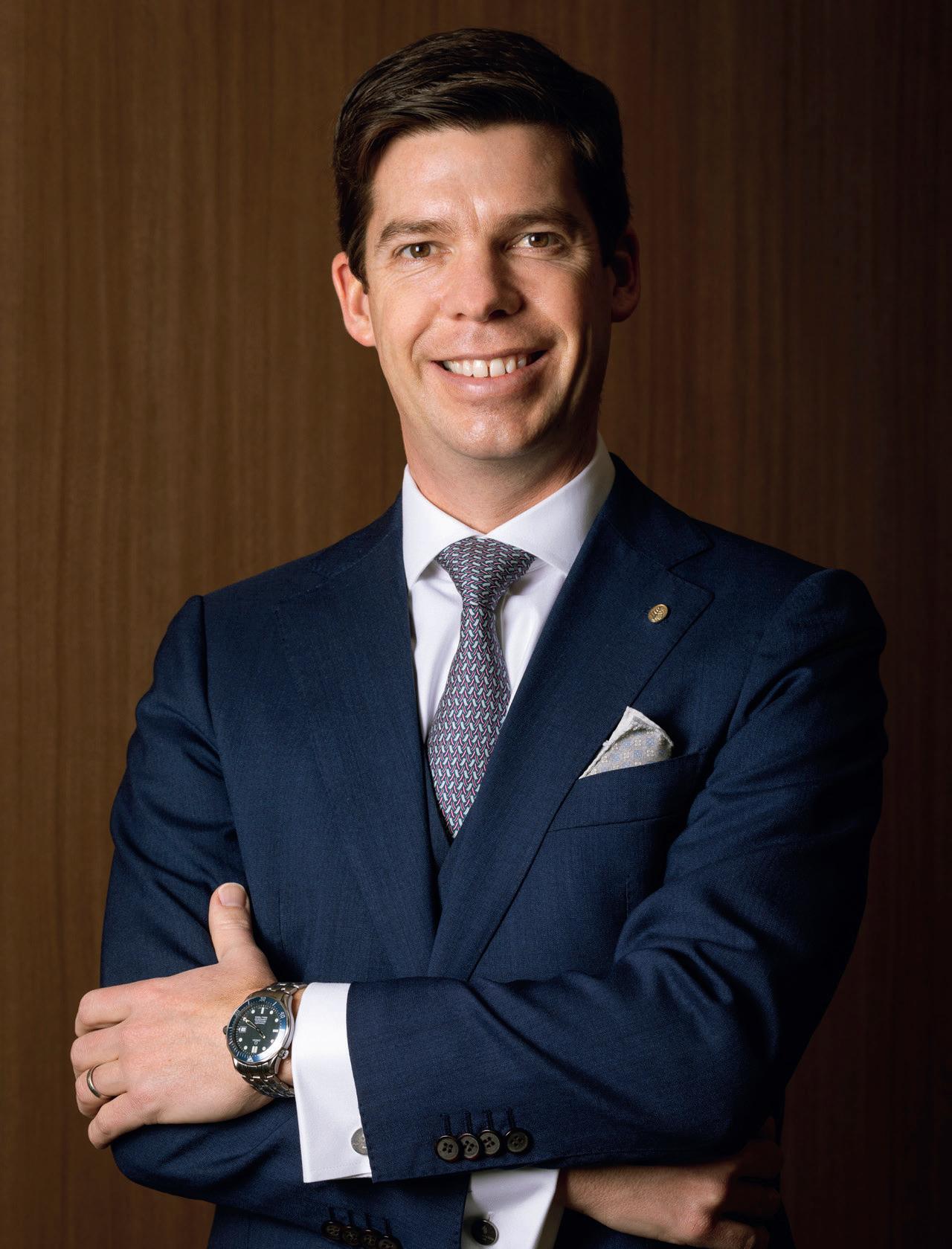
learned to blend my British upbringing with the spirited, warm hospitality of the Egyptians, and that’s really where the magic happens. The key is understanding that, despite cultural differences, we’re all united by the same goal: making people feel at home.
Tell us three key elements that you think are important for running a successful hotel
If I had to narrow it down to three things that make a hotel truly successful, I would say it’s about passion, personalisation, and people. Passion drives everything. Our teams here have to genuinely care about the guest experience - it’s that energy that translates into memorable moments. Personalisation is another cornerstone. I always say to my team: “It’s not just about the service you provide; it’s about the way you make a guest feel.” Taking the time to understand what each guest loves, what makes them tick, is what creates a lasting impression. And lastly, people. The most valuable asset any hotel has is its people. We nurture talent here, creating a team that feels like family. When the team is motivated, engaged, and connected to the mission, that energy flows through into everything we do.
What could hotels in the UK learn from the Egyptian hospitality scene?
Egyptian hospitality has a warmth and richness that’s almost hard to describe - it’s rooted in genuine kindness, generosity, and a sense of deep care for others. In the UK, hotels tend to lean into efficiency and sophistication, which are important, but sometimes we could benefit from taking a page out of Egypt’s book when it comes to connection. In Egypt, it’s not just about providing a service, it’s about making a guest feel like they’ve been welcomed into someone’s home. You can feel the love in the food, the smiles, the conversations. In the UK, we could learn to slow down a bit and create those deeper, more human connections, making every guest feel more like a friend than just another visitor.
How do you deal with the quieter seasons, and still maintain profitability and good atmosphere in the hotel?
Ah, the quieter seasons - definitely an interesting challenge! But they’re also a great opportunity to be creative. We focus a lot on creating exclusive offers and packages that are enticing for both international and local guests. One of the things I always emphasise to my team is the importance of maintaining energy and enthusiasm no matter the season. It’s about keeping the atmosphere alive, not just for the guests but for the team as well. We also tap into local events, festivals, and celebrations to bring people through the door, ensuring that we stay connected with the local community through unique experiences. From a profitability standpoint, we focus on cost management without sacrificing the guest experience. It’s all about making strategic decisions and finding new ways to offer value. It’s challenging, but it keeps us sharp and ensures that we’re always thinking ahead.
How do you embrace local culture whilst keeping aligned with the Four Seasons brand?
At Four Seasons, we always look for ways to bring the
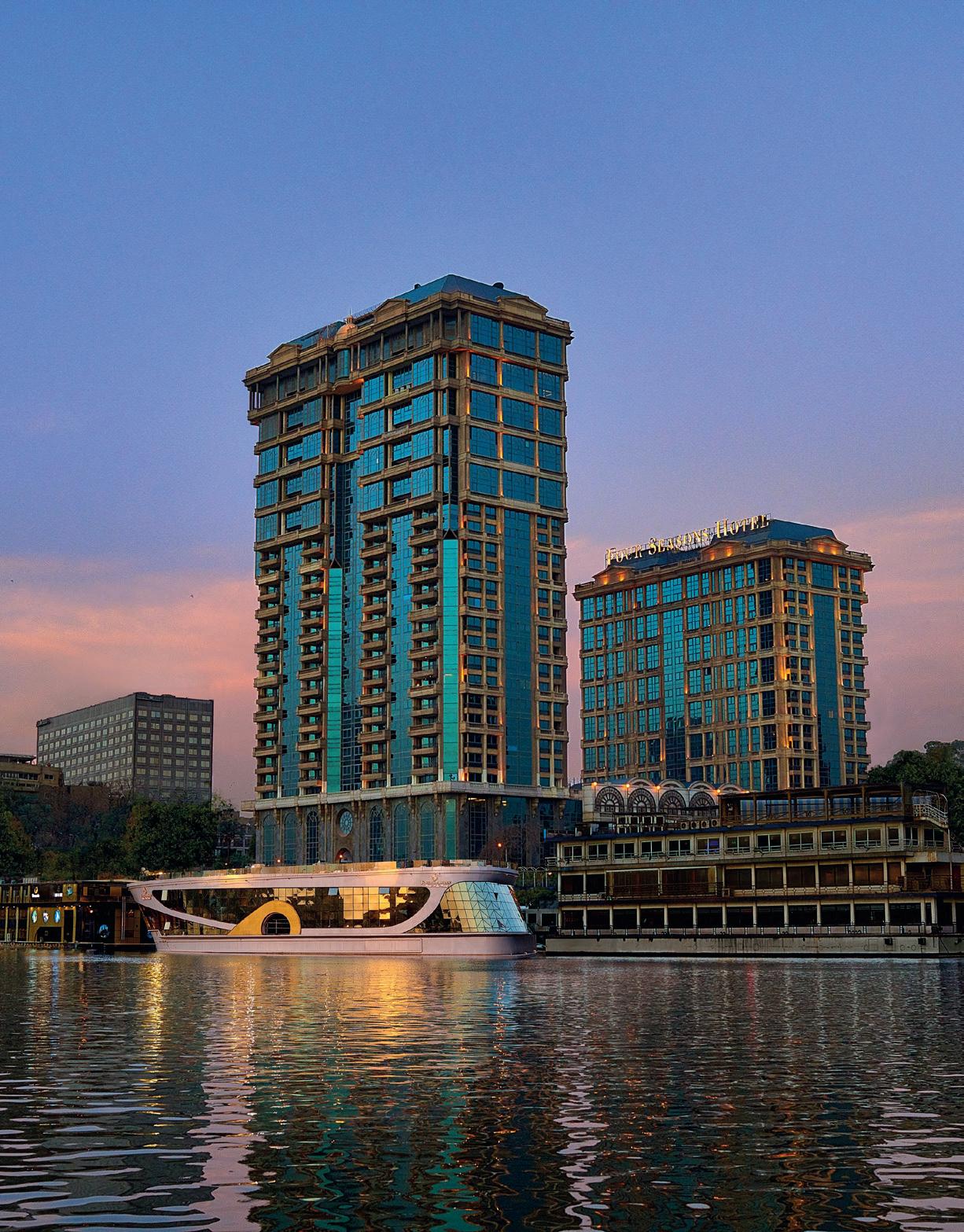
local culture into the experience, but we do so with a level of sophistication and refinement that is in line with our brand. Here in Cairo, we take great pride in incorporating traditional Egyptian elements into our offerings. For example, we use locally sourced ingredients for our spa treatments - things like natural locally sourced essential oils, which have been used for centuries in Egyptian wellness rituals. Our chefs also love experimenting with authentic Egyuptian recipes, creating dishes that highlight the depth and richness of local flavours, but always with a touch of Four Seasons finesse. The key is balance, blending the authenticity of the local culture with the luxurious, polished standards that Four Seasons is known for. It’s about honouring the traditions while elevating the experience for our guests.
As someone who has achieved great things in your hospitality career, what advice would you give to aspiring professionals looking to have the same level of success as you?
I get this question a lot, and I always say the same thing: stay humble, stay curious, and never be afraid to get your hands dirty. It’s easy to think that success comes quickly, but the reality is it’s a series of small steps. Make sure you always strive to learn more, whether it’s from your colleagues, your guests, or even your mistakes. Don’t shy away from the hard work; I’ve always believed that being hands-on and involved at every level is crucial in this industry. And lastly, be authentic.
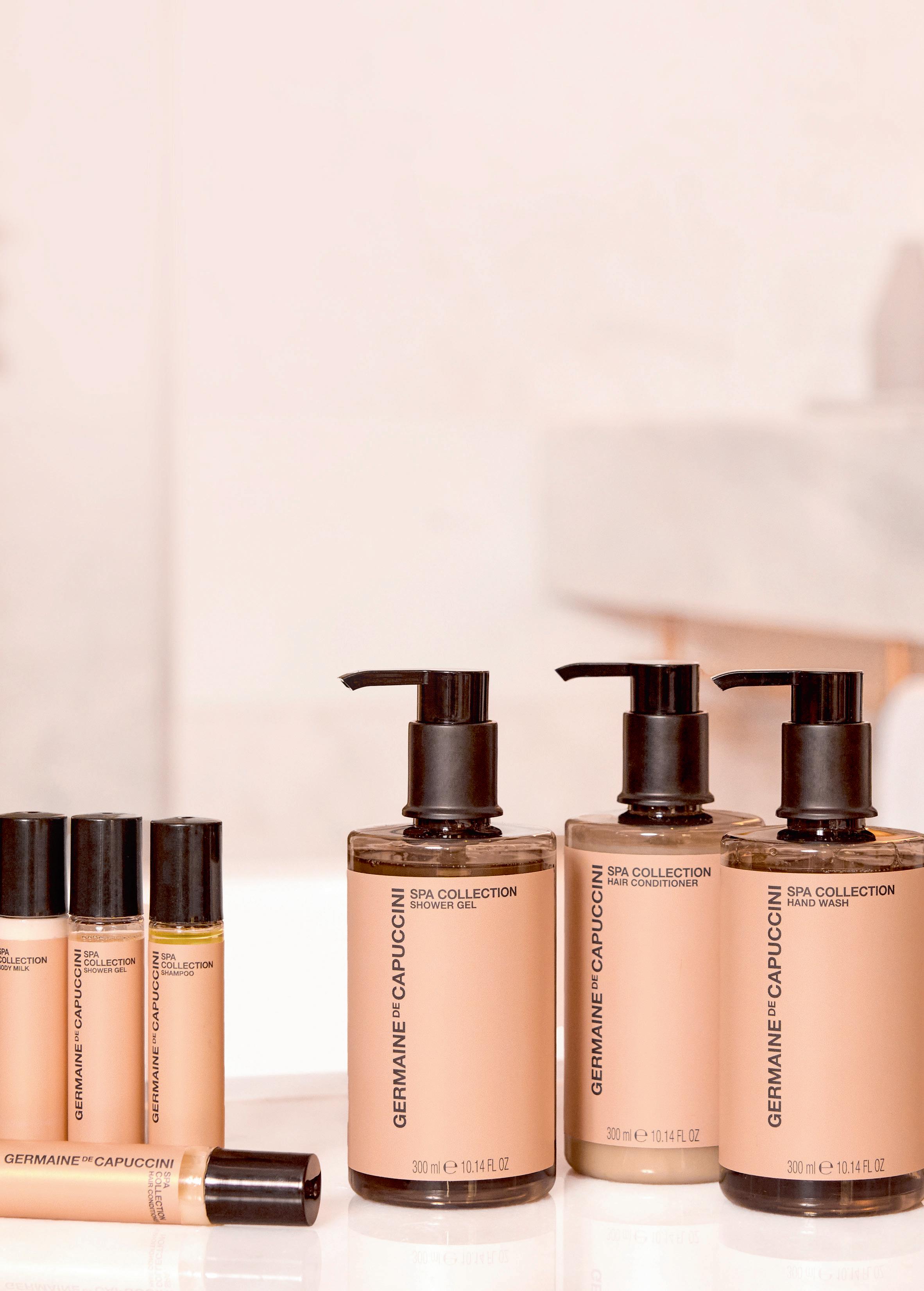
PROFESSIONAL SKINCARE SINCE 1964
Scan here to discover the full range of Amenities:
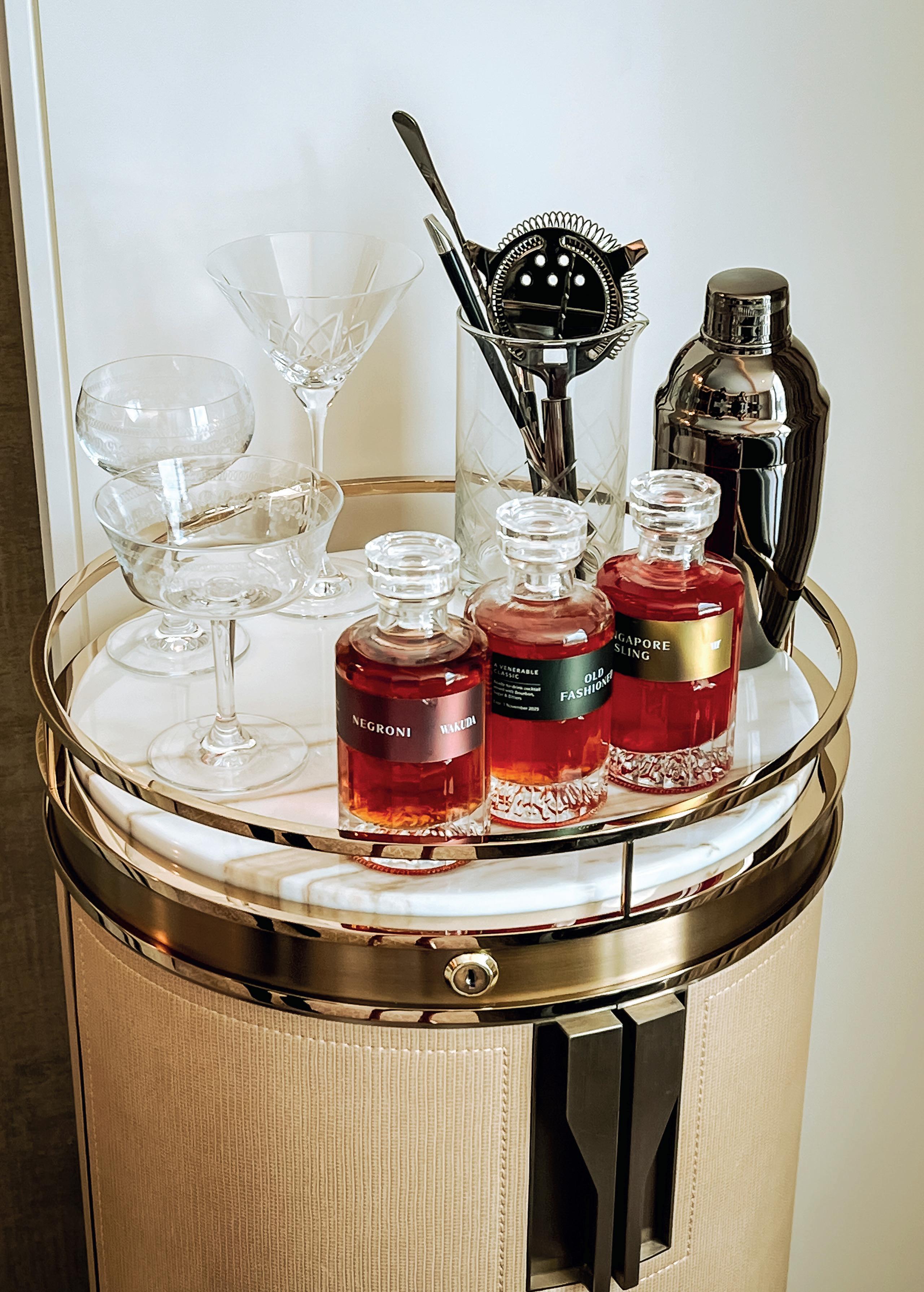

In the rapidly evolving digital age, influencer marketing has become one of the most powerful strategies for businesses to engage with their target audience. For the hotel industry, influencer collaborations are an innovative way to amplify brand visibility, showcase offerings, and ultimately drive bookings. By partnering with social media influencers, hotels can tap into new and diverse audiences, strengthen their online presence, and differentiate themselves in a crowded market.
At its core, influencer marketing is about leveraging the social media presence and authority of an influencer to promote a brand’s offerings. For hotels, this collaboration provides an excellent opportunity to showcase not only the

aesthetic appeal of their property but also the experience they offer. Influencers often share highly curated, visually engaging content - be it photos, videos, or stories - which can instantly resonate with their followers.
Many think that influencer marketing is slowing down, but with social media still a pivotal part of many lives, by partnering with influencers who align with their brand ethos, hotels can build a narrative around their property that feels authentic and engaging. This authenticity is vital in gaining the trust of potential guests. Influencers don’t just push products; they create stories that resonate with their audience, often leading to a more organic and persuasive form of marketing. For example, a luxury boutique hotel might collaborate with a travel blogger who
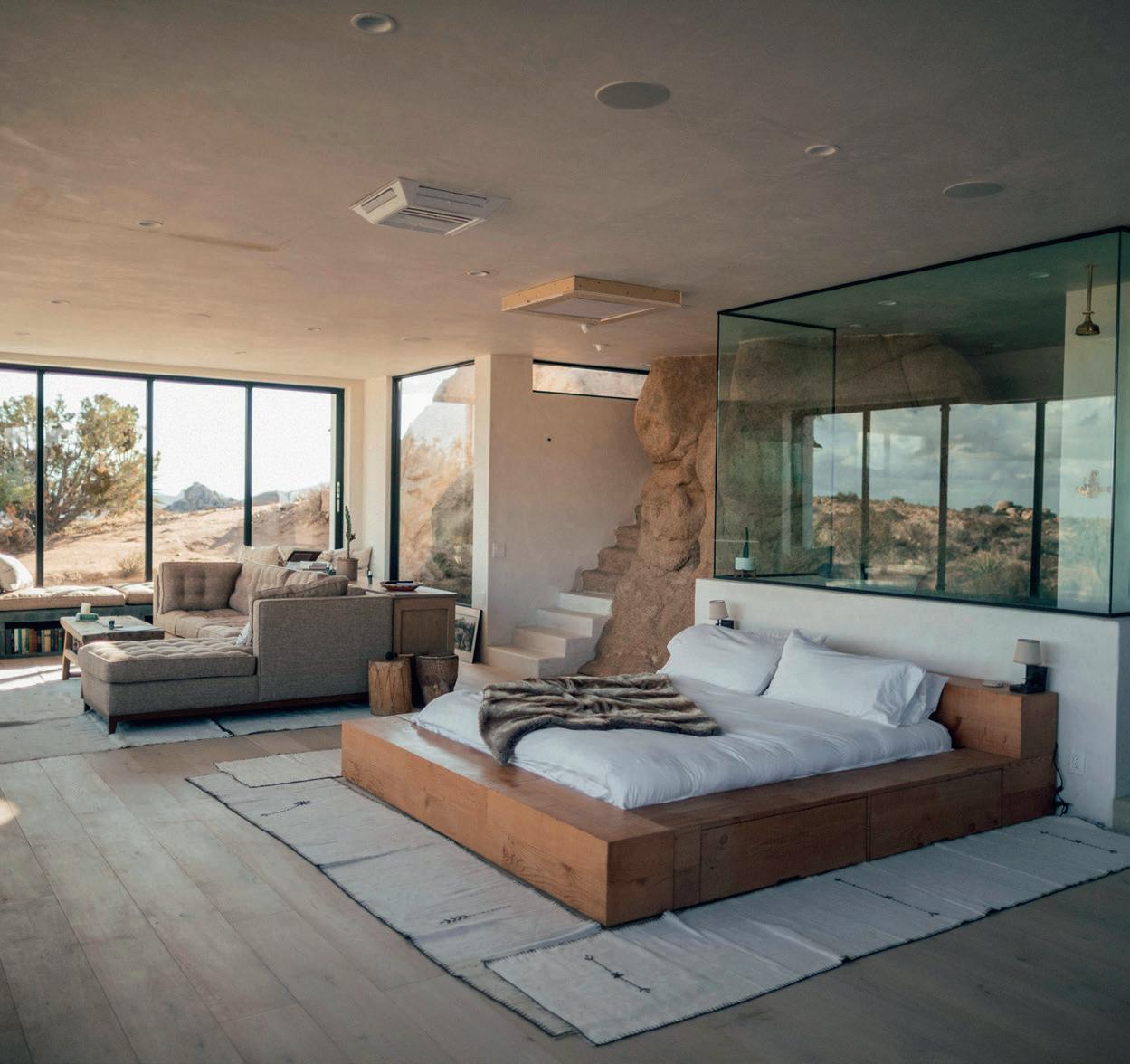
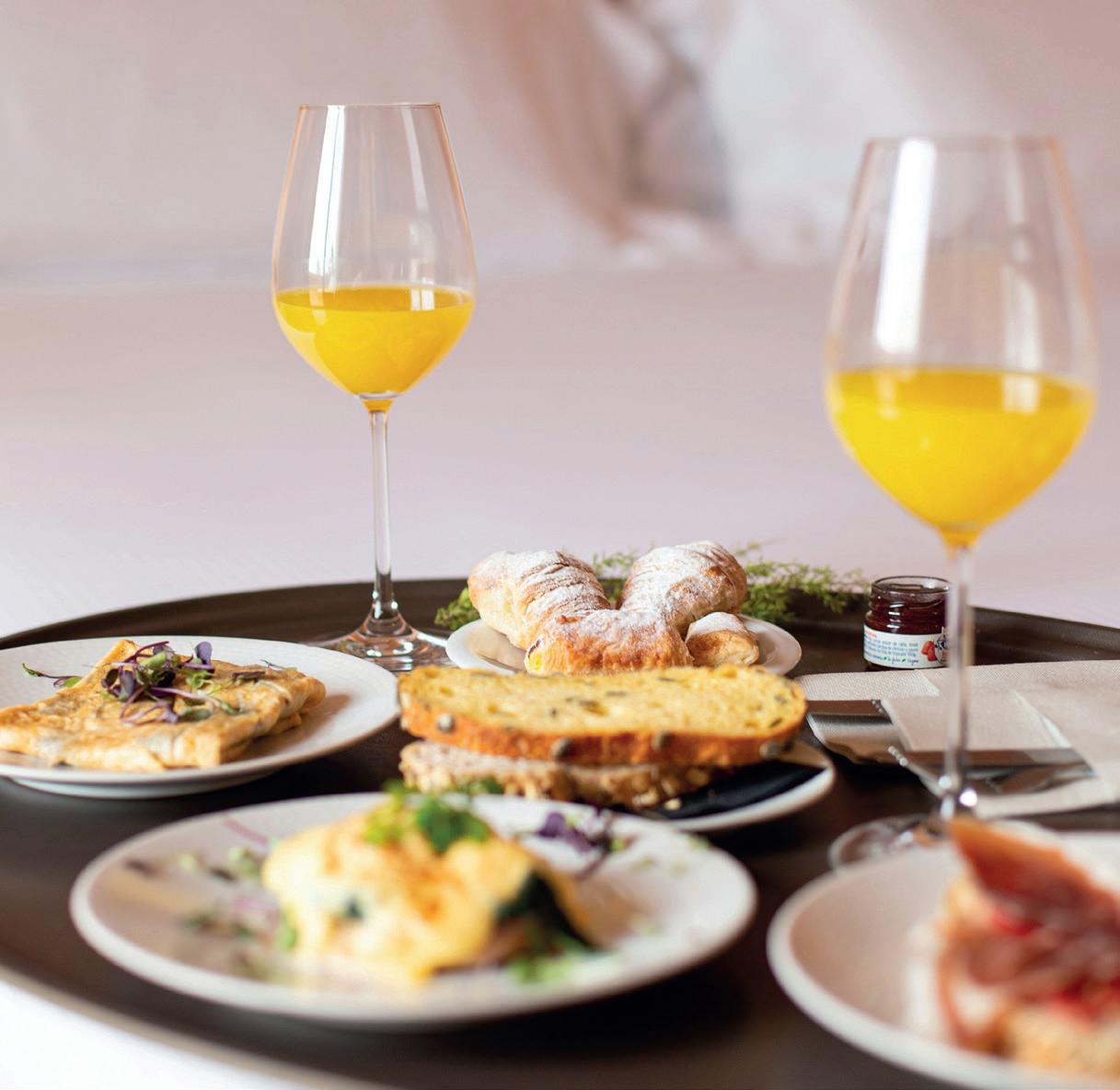
specialises in high-end, exclusive experiences, ensuring that the content shared speaks directly to the right audience.
A successful influencer marketing campaign doesn’t simply focus on the hotel’s amenities but tells a broader story about what the hotel represents. Whether it’s showcasing a five-star spa, gourmet dining options, or unique cultural experiences, influencers can help convey the full range of offerings a hotel provides. For instance, The Four Seasons partnered with popular influencer @TheWanderlustJetsetter to highlight their resort in the Maldives, emphasising not just the luxury accommodations, but the stunning surroundings and immersive experiences, such as private island dinners and underwater experiences. This created an aspirational travel experience for the influencer’s audience, effectively positioning the hotel as an unmissable destination.
By focusing on experiences, whether it’s an Instagram story of a sunrise yoga session on the hotel’s rooftop or a video tour of its exclusive penthouse suite, hotels can offer potential guests a taste of what they can expect, enticing them to make a booking.
Traditional advertising strategies, such as TV commercials or print ads, are no longer the sole drivers of business in the hospitality industry. Influencers provide a modern alternative by allowing hotels to tap into niche markets, especially those that might be harder to reach through conventional means. Hotels can collaborate with influencers who cater to specific demographics, including luxury travellers, eco-conscious vacationers, or those seeking unique adventure getaways.
A prime example of this is the partnership between the Ritz-Carlton and social media influencers in the travel, fashion, and lifestyle sectors. Through collaborations with influencers like @TheBucketListFamily, the Ritz-Carlton effectively targeted families seeking luxurious and familyfriendly destinations, showcasing the brand’s offerings in a natural, visually compelling way.
As well as this, influencers are excellent at engaging with their followers in a manner that feels personal, given that they know their followers best. Their endorsements appear less like traditional ads and more like a recommendation from a trusted friend. This level of trust is powerful, particularly when making travel decisions. When a travel blogger shares their experience at a particular hotel, their audience is more likely to view that recommendation as a genuine insight, increasing the likelihood of conversion.
Influencer collaborations can be directly linked to conversions through clear calls to action (CTAs). Hotels can provide influencers with exclusive discount codes or limited-time offers to share with their audience. This creates a sense of urgency and incentivizes bookings. For example, a hotel could offer a special rate for followers who book through a specific influencer’s unique promo code, giving both the influencer’s followers and the hotel a tangible benefit.
Influencer marketing has the potential to significantly enhance a hotel’s online visibility, brand awareness, and booking rates. By partnering with influencers whose followers match the hotel’s target audience, hotels can showcase their offerings in an authentic, engaging way that appeals to the emotions and desires of potential guests. With a well-executed strategy, influencer collaborations can become a cornerstone of a hotel’s marketing efforts, driving meaningful engagement and boosting conversions in today’s competitive travel industry.
In today’s increasingly competitive hospitality industry, it takes more than five-star dining or skyline views to make a lasting impression. For luxury hotels seeking to distinguish themselves, brand partnerships have emerged as a powerful way to convey status, identity, and guest value. At the forefront of this movement is VANITY GROUP, a company redefining the role of in-room amenities by transforming everyday essentials into elevated experiences.
Founded on the belief that hotel amenities should rival the indulgence of the suite itself, VANITY GROUP curates premium collections that reflect the design, atmosphere, and aspirations of the hotels they partner with. Today’s discerning traveller expects more than a room with some products, they want the story, substance, and sophistication of luxury brands as part of their stay. VANITY GROUP delivers just that, turning amenities into extensions of a hotel’s brand promise.
Earlier this year, VANITY GROUP partnered with Perricone MD, a medically founded skincare brand known for its cutting-edge formulations and results-driven philosophy. The partnership not only introduces guests to a range of premium skincare products but also launches a completely new concept in hospitality: Perricone MD TV, an in-room, on-demand channel dedicated to wellness and skincare.
Rolling out across select luxury hotel partners, Perricone MD TV offers guests exclusive guided facial tutorials, including options like the Essential Hydration Facial, the Smoothing & Brightening Facial, the Signature Perricone MD Facial, as well as express and turndown facial experiences. These rituals are designed to enhance wellness and relaxation, all from the comfort of the guest’s room, utilising the award-winning Perricone MD skincare range.
More than just a thoughtful amenity, this activation transforms the guest experience into a personalised wellness journey. It brings value to hotels not only through elevated guest satisfaction but also by unlocking new branded content opportunities and potential revenue streams. This kind of strategic innovation, where luxury,
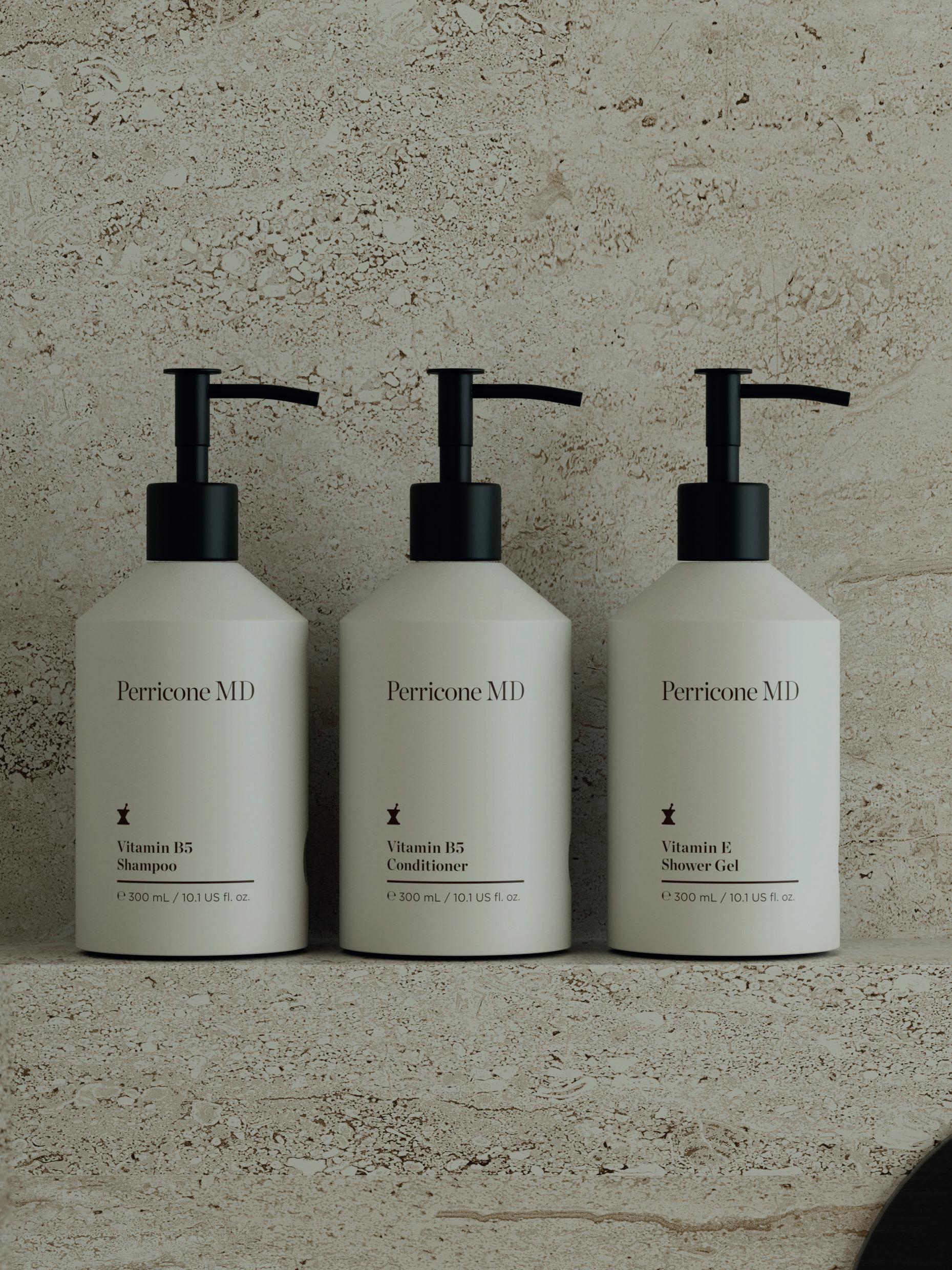
wellness, and entertainment come together, creates immersive experiences that resonate with guests and leave a lasting impression well beyond check-out.

As hotels evolve into experiential destinations, many are launching artisan boutique programmes that showcase local craftsmanship - from handmade ceramics to bespoke textiles and gourmet treats. These initiatives can enhance the guest experience, support the local economy, and reinforce a property’s identity. However, without careful planning and execution, such programmes can fall flat or even backfire. Here are five common pitfalls to avoid when launching a local artisan boutique in your hotel.
1
LACK OF AUTHENTIC CURATION
One of the biggest missteps is treating the boutique like a generic gift shop. Simply stocking shelves with local products isn’t enough. Guests are increasingly discerning and seek authentic, meaningful stories behind the goods they purchase. Curation must be intentional: select artisans whose work aligns with your hotel’s values, aesthetics, and clientele. Collaborate with them to cocreate exclusive or limited-edition items that cannot be found elsewhere. This level of care elevates the boutique from a shop to a cultural touchpoint.
Beautiful merchandise means little if operations fall short. Boutique programmes often struggle with inconsistent inventory, unclear pricing, or poor staff training. Ensure that your team is well-versed in product stories and sales etiquette. Invest in a reliable POS system and maintain clear agreements with artisans around production timelines and restocking expectations. Poor logistics can undermine even the most charming collection.
5
FAILING TO MEASURE SUCCESS
2
Placing a boutique in an out-of-the-way corner of the property - or failing to integrate it into the overall guest experience - is another common mistake. Think beyond a transactional model. Can guests meet the makers during weekly artisan pop-ups? Can their room feature a piece available for purchase? Is there a story card explaining the origin of their in-room coffee mugs? Integrating the programme into the full guest journey creates a richer, more memorable stay.
4
Partnering with local makers requires more than commercial savvy; it demands cultural respect and awareness. Avoid exploiting indigenous art forms or traditional practices without understanding their significance or obtaining proper permissions. Engage in fair-trade agreements and give artisans visibility through signage, storytelling, and compensation that reflects the value of their work. Guests will appreciate the integrity behind the purchase.
Many boutique initiatives launch with enthusiasm but lack clear KPIs to track their impact. Sales revenue is just one metric. Consider guest feedback, artisan satisfaction, repeat purchases, and social media engagement. Regular reviews help refine the offering and keep it aligned with both guest expectations and local community needs.



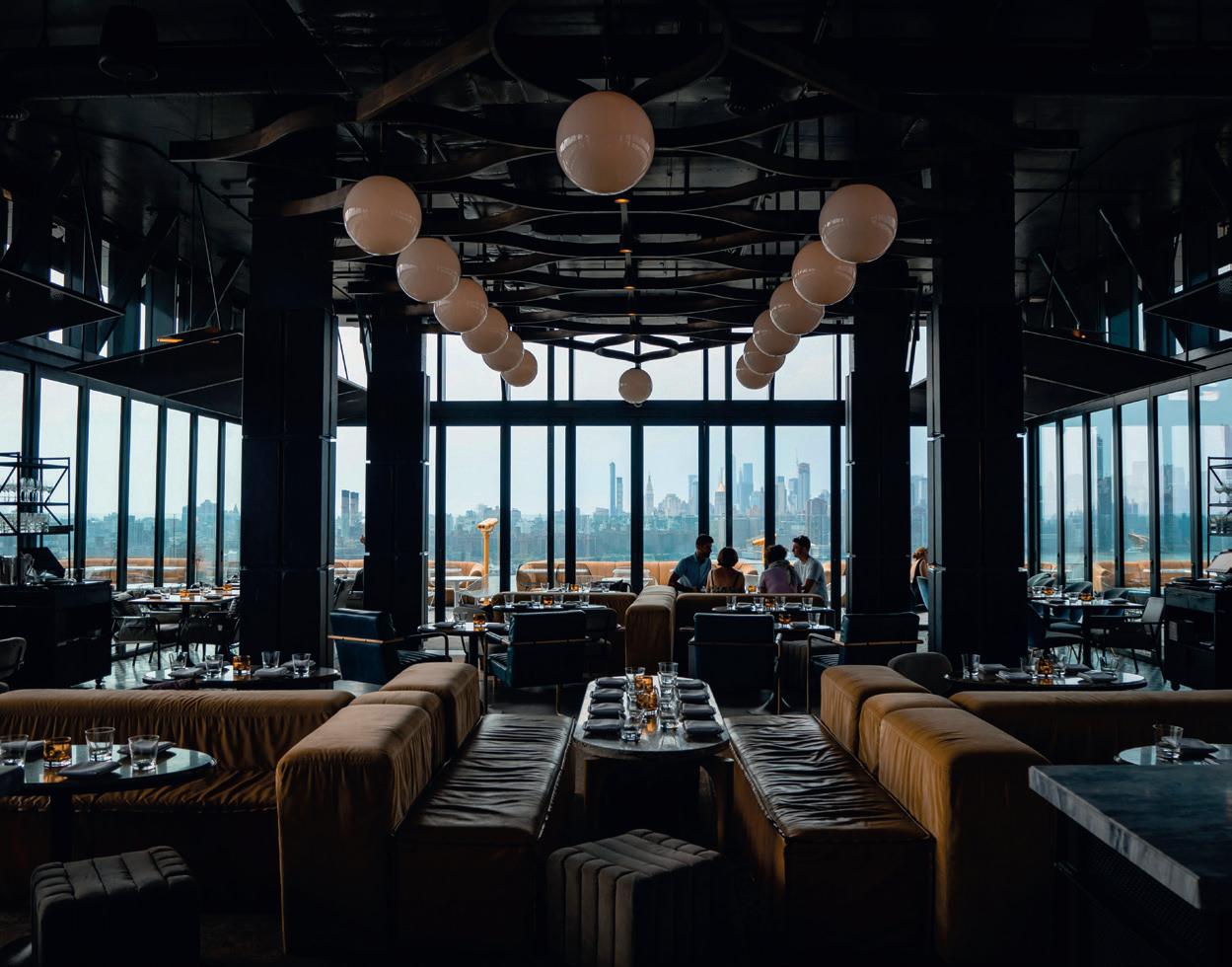
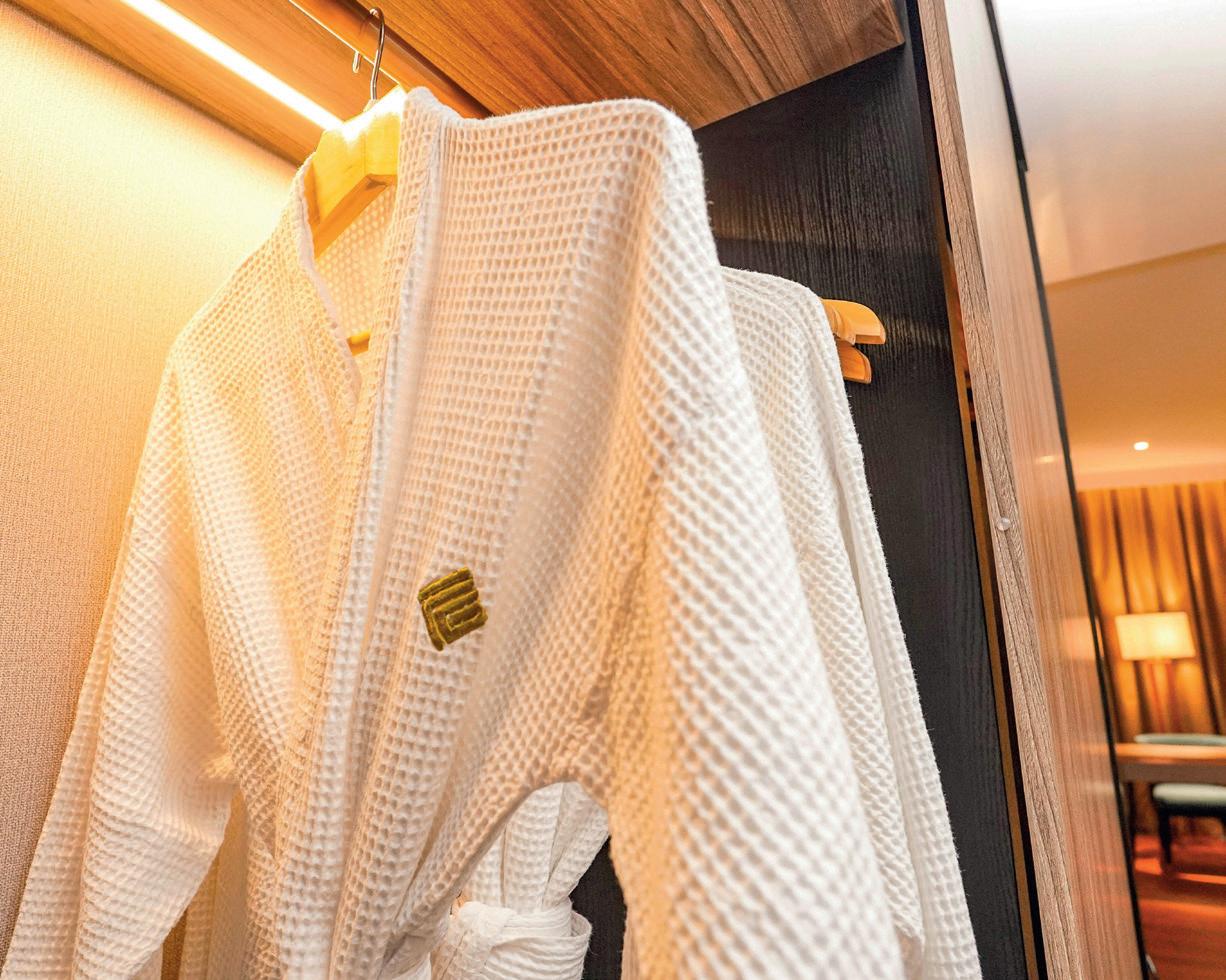
Set within 400 acres of private parkland near Stockton-on-Tees, Wynyard Hall is a magnificent 18th-century Grade II listed country house, carefully restored in the late 1980s. Today, it stands as one of the North East’s most desirable destinations for weddings, dining, spa retreats and elegant escapes. The estate encompasses an award-winning spa, luxury cottage accommodation, the renowned Glass House restaurant and the historic rose garden – home to one of the largest collections of roses in Britain.
Overseeing the estate’s diverse food and beverage offering is Food & Beverage Manager, Matthew Dahlberg, who plays a pivotal role in delivering a seamless and sophisticated guest experience. With a wide-ranging clientele – from wedding parties and corporate guests to spa visitors and farm shop patrons – Matthew works closely with trusted suppliers, including Lanchester Wines, to ensure the wine offering is expertly curated and consistently aligned with the estate’s elevated standards.
“One of our greatest strengths is that Wynyard Hall remains privately owned by Allison Antonopoulos, daughter of Sir John Hall,” Matthew explained. “Her involvement in the overall direction of the estate ensures every detail, from interior design to our wine list, is carefully considered and reflects our brand. We have a talented in-house team, but where specialist knowledge is needed, we partner with leading suppliers who bring invaluable expertise. In hospitality, we are required to be generalists by nature, but working with trusted professionals allows us to deliver excellence in every area.”
Teamwork is a guiding principle in Matthew’s approach. “My background in the Army instilled in me a deep respect for collaboration,” he said. “That ethos continues to shape my leadership style. I see our suppliers as an extension of our internal team. For example, Ben Cotts, Key Account Manager at Lanchester Wines, plays an instrumental role in advising and refining our wine offering. He’s someone I can rely on to provide honest, strategic input.”
The wine list across the estate’s venues is carefully structured to avoid overstocking while ensuring quality and variety. “It’s a considered balance,” Matthew explained. “We

maintain a core selection of classic, well-loved varietals at an accessible price point, complemented by a few standout options for those seeking something special. Lanchester Wines’ extensive portfolio also allows us to tailor bespoke offerings, particularly for weddings and private events where personalisation is key.”
Supporting Matthew is a capable internal team, including Thea Linton, who leads on data and performance analysis in the restaurant; “Thea’s insights into sales trends help us make informed decisions. With weddings forming a significant part of our business, clarity, consistency and quality are at the heart of everything we do.”
As for what’s next? “A return to the classics,” said Matthew. “There’s something powerful in simplicity. At Wynyard Hall, it’s about staying true to who we are –refined, elegant and timeless.”
lanchesterwines.co.uk

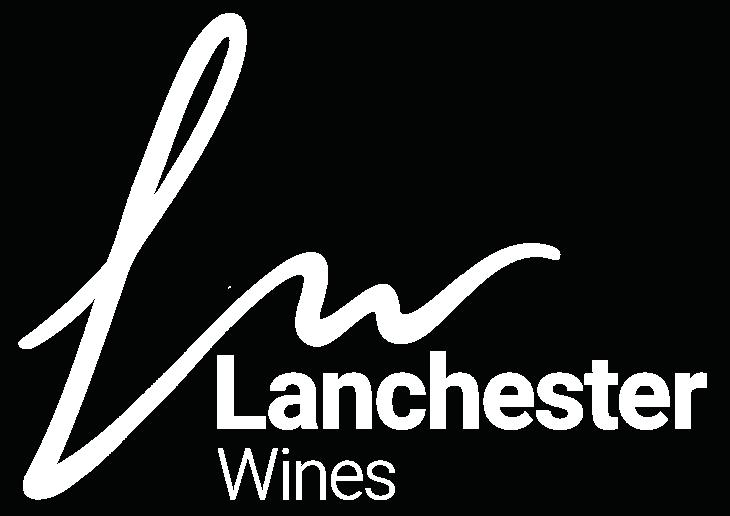
There’s never been a better time to up your hotel’s snack game. Spend on snacks has increased by +9% YOY in Out of Home1, with biscuits and salty snacks the top-performers, seeing a boost in value of +12% and +9% respectively1
Offering stand-out, quality snacking options for guests, whether that’s in the mini bar or in your on-site café, is a must for capturing additional revenue throughout the day.
One of the most exciting snacks on the scene right now, iconic US brand Cheez-It made its UK debut in June 2024. A $1 billion brand globally, the snack is on track to reach an impressive £20million brand value2 since launch, becoming the second biggest NPD in Singles of the last four years3.
On a mission to help foodservice operators, venues and hotels take a bigger bite of the snacking opportunity, Cheez-It partnered with Hilton London Metropole for a summer trial. The brand supplied 200 of its Double Cheese and Cheese and Chilli 40g bags, alongside impactful POS, for the hotel’s busy on-site eatery Tyburn Market Café. Perfect for the café’s meal deal proposition, the snack proved a huge hit.
Fergus Crouch, Manager of Hilton London Metropole’s Tyburn Market Café said: “As a hotel that’s well connected to Heathrow and perfectly located for exploring Central London, we welcome thousands of international guests every summer. The sight of such an iconic, globally loved brand in our café created buzz with people stopping for a quick bite, and both Cheez-It flavours sold steadily over the course of the trial.
“They were certainly a great addition to our current range, providing something new and different to elevate our meal deal offering – our regular guests enjoyed having a new type of snack to try. When people were looking for something with a kick in particular, my team and I would recommend picking up a bag of the Chilli Cheese flavour which always went down well. There’s a strong possibility we’ll be stocking Cheez-It in future!”
Interested in adding Cheez-It to your snack offering? Visit stockitcheezit.com
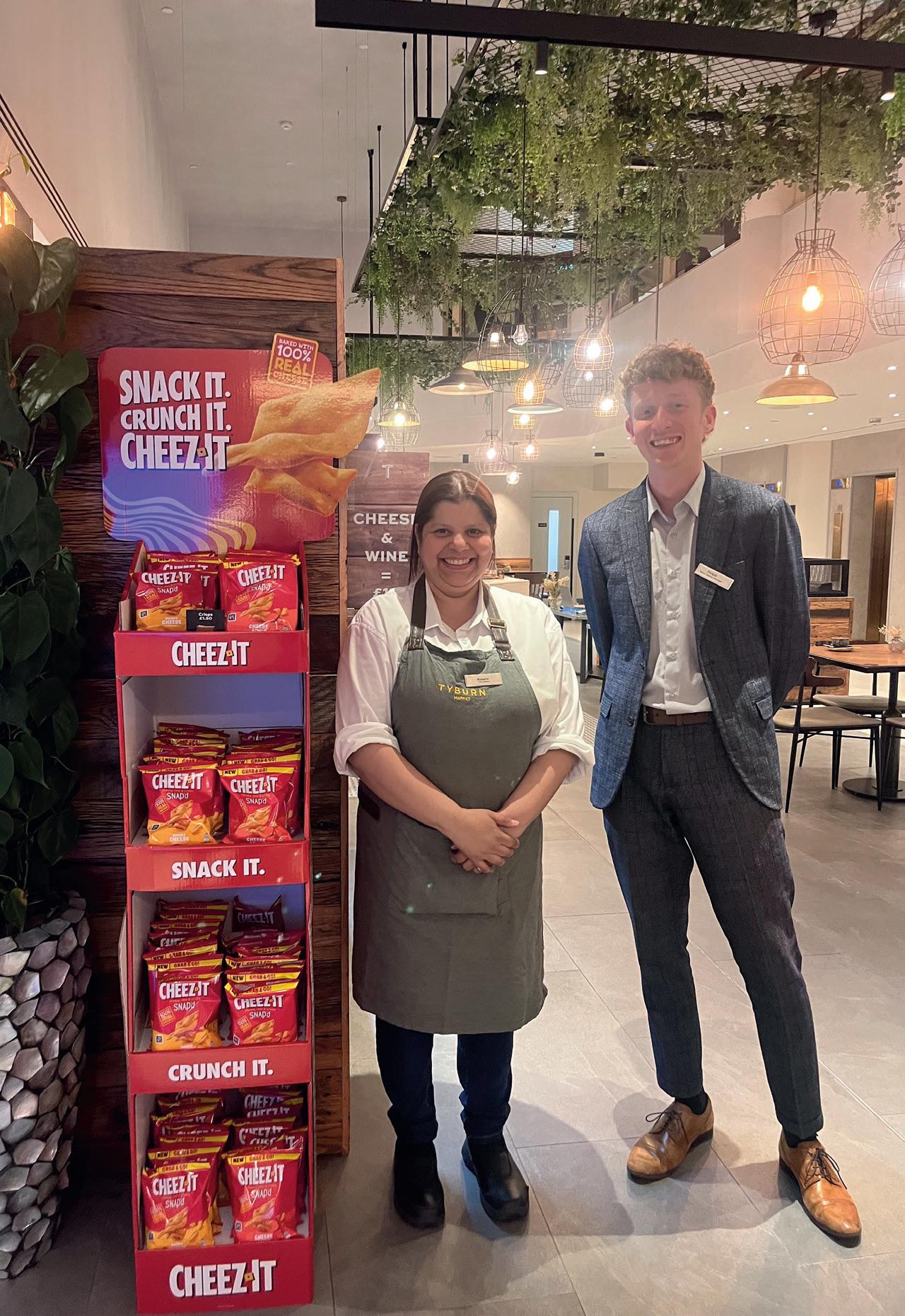
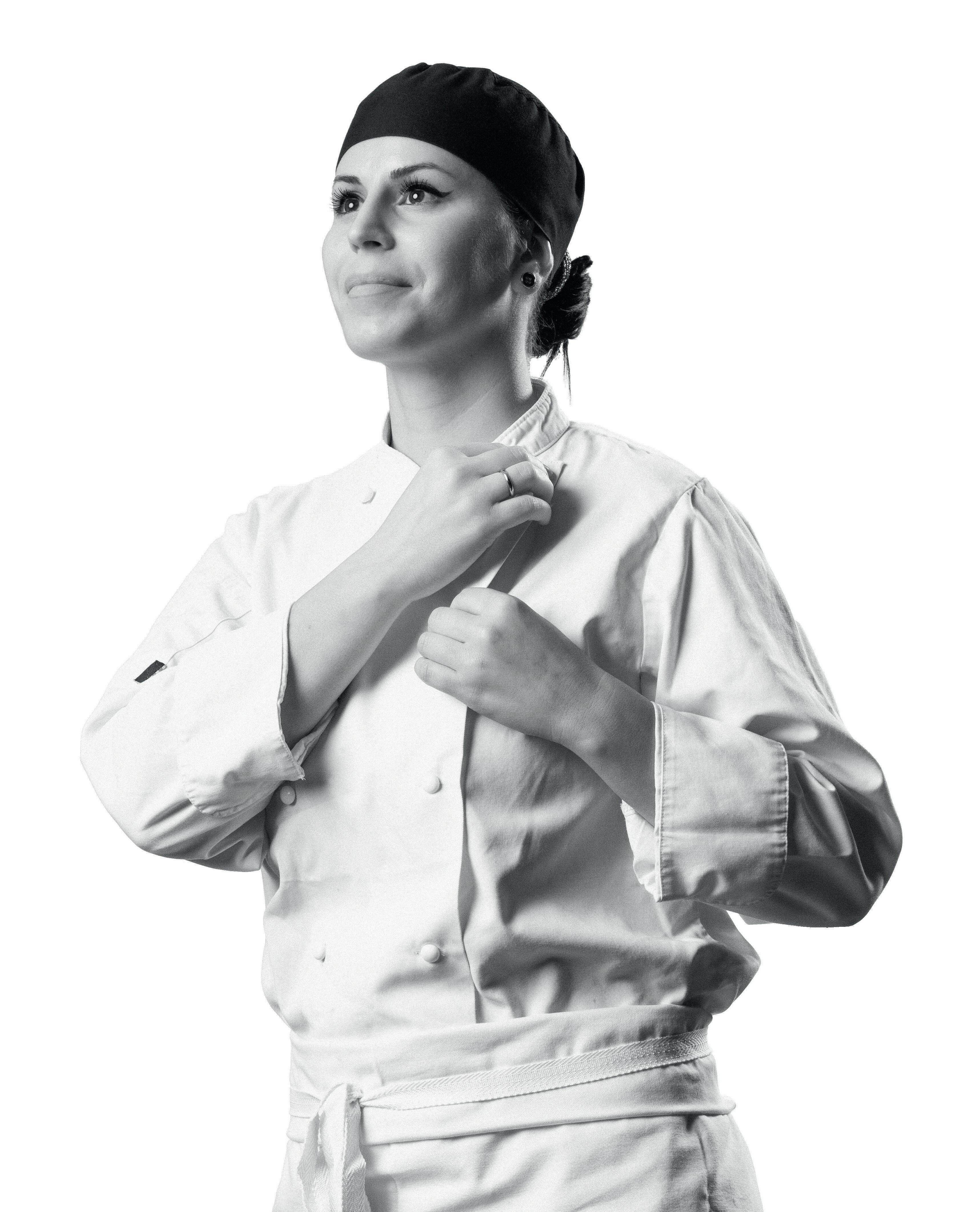
Give your guests an upgrade.
Coffee is often the first and last impression guests have of their stay. And, when guest experience defines the success of your hotel, this leaves room for a huge opportunity - and there’s a simple solution that’s already having a huge impact in the UK.
The smart alternative to instant and pods
While many hotels feel they have to choose between instant sachets and pod machines, there’s a third option that’s gaining significant traction1. Taylors Coffee Bags, now the UK’s No.1 Coffee Bags brand2, deliver the rich, aromatic experience guests are looking for - without the operational complexity hotels want to avoid.
Each Coffee Bag contains 100% speciality-grade Arabica beans, expertly roasted and individually wrapped for freshness. The result? Premium coffee that your guests can brew in minutes using only a kettle, mug and spoon. This means no training required, no equipment investment and no maintenance headaches for your hotel team.
In-room excellence
Only 25% of adults rate in-room hotel coffee as good quality3, so stand out from the crowd with the full-bodied flavour of our Rich Italian blend or the smooth and balanced taste of our Decaffé blend.
Breakfast Distinction
Having Taylors Coffee Bags at breakfast stations instead of instant coffee delivers the quality that can drive positive reviews and improve guest loyalty.
Conference Success
Impress at conferences and events with a premium quality coffee without the expensive equipment investment and staff training.
The Northcote Hotel
Lisa Goodwin-Allen, Executive Chef at Michelin-starred Northcote Hotel, witnessed firsthand the expertise that goes into every Taylors Coffee Bag during a Taylors of
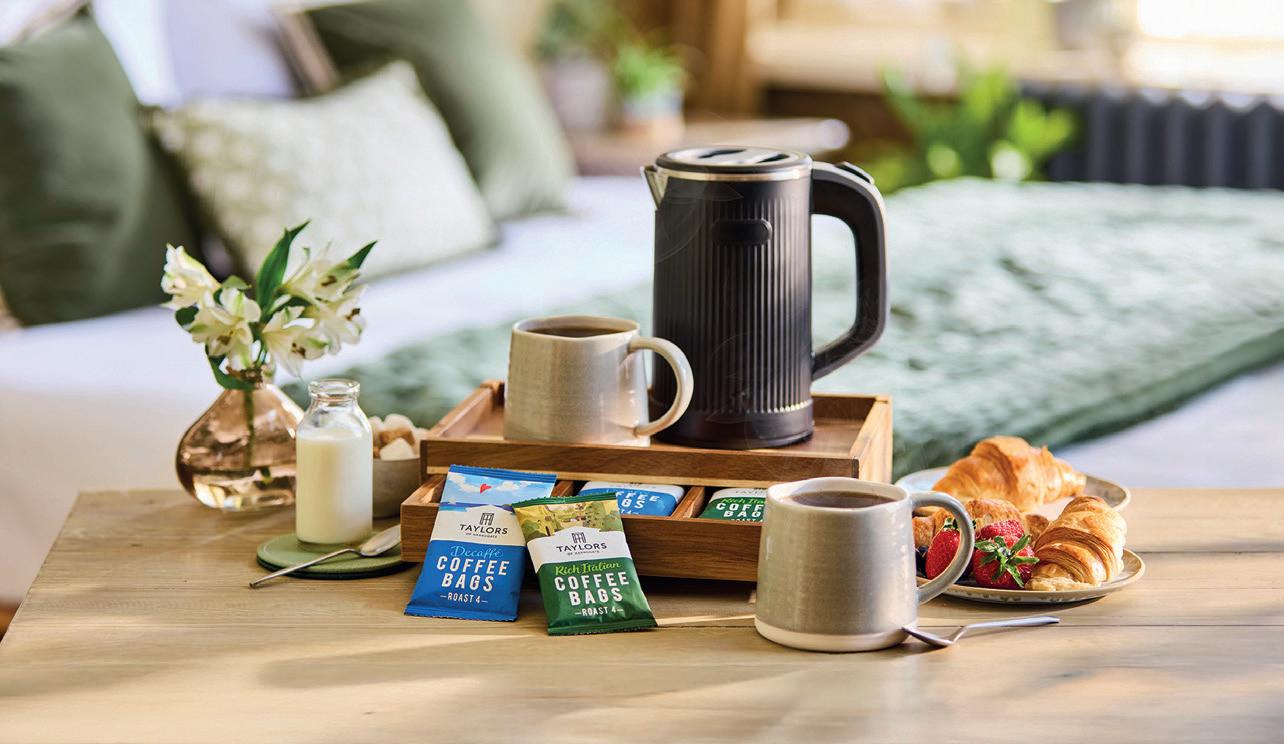
Harrogate factory visit. From bean selection to flavour development, she saw why Taylors Coffee Bags are the smart choice. Managing Director Craig Bancroft also praises their “quality and depth” compared to instant alternatives.
An operational advantage
Beyond premium taste and quality, Taylors Coffee Bags solve the practical challenges that some coffee solutions can create. No staff training, no confusing equipment, no mess to clean up. Your team simply replenishes bags alongside the hot beverage selection – it’s that easy.
Ready to upgrade?
Whether you’re looking to elevate in-room refreshments, enhance breakfast offerings or provide premium conference beverages, Taylors Coffee Bags offer the perfect blend of quality, taste and convenience.
Don’t just take our word for it – experience the difference yourself. Request free samples of our Rich Italian and Decaffé blends today by visiting taylorsoutofhome.co.uk/taylorscoffeebags 1.
METABOLIC SYNDROME

SCAN TO START
SEXUAL HEALTH
WEIGHT MANAGEMENT
With a presence in over 40 countries, we leverage our proprietary NAD+ formulation (first registered in 1974) to deliver best-in-class IV infusion protocols, diagnostics, and supplementation. By working closely with the world’s leading WellTech organisations, we enable top-tier hospitality and spa destinations to become gold-standard longevity hubs and human performance centres.


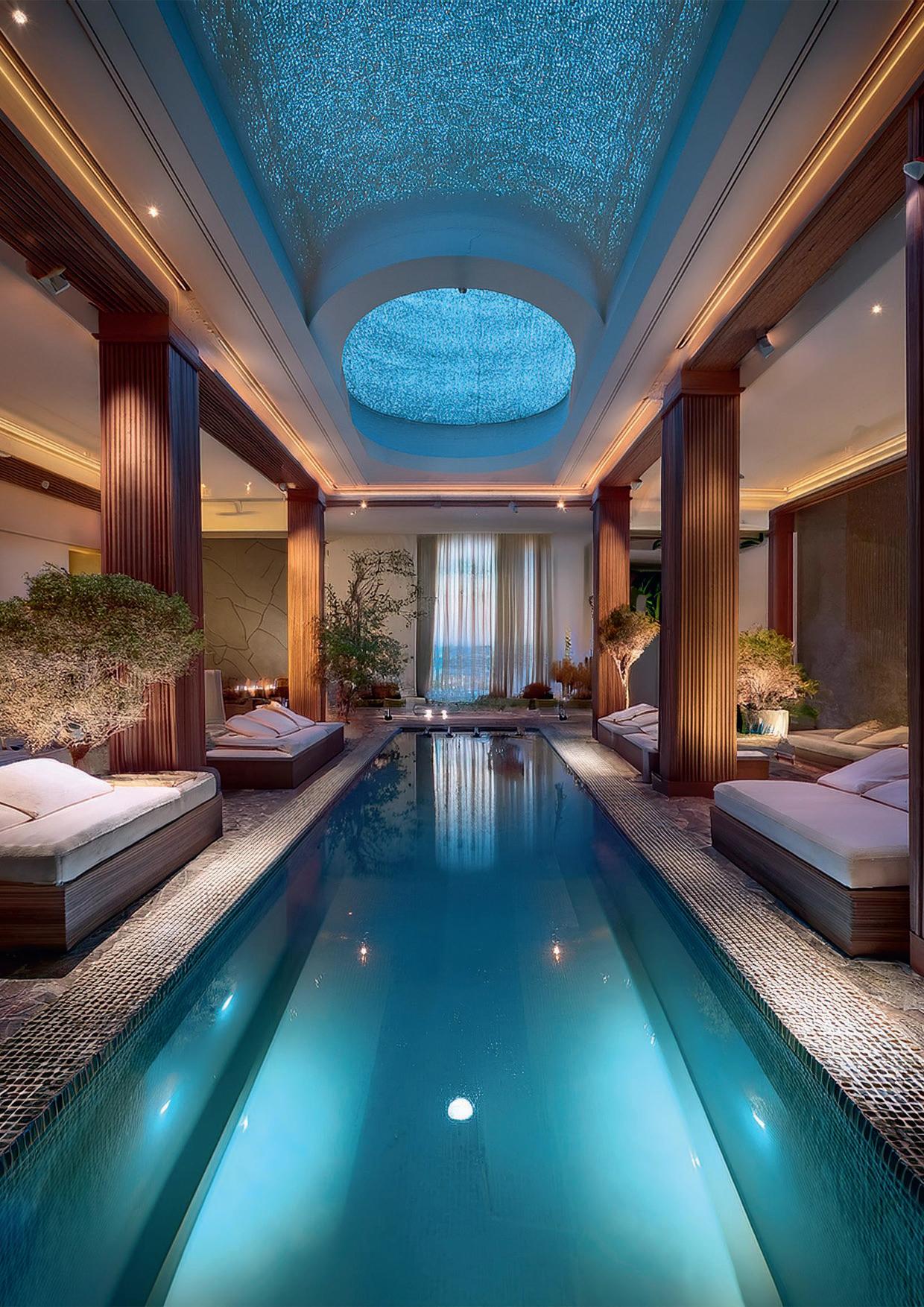
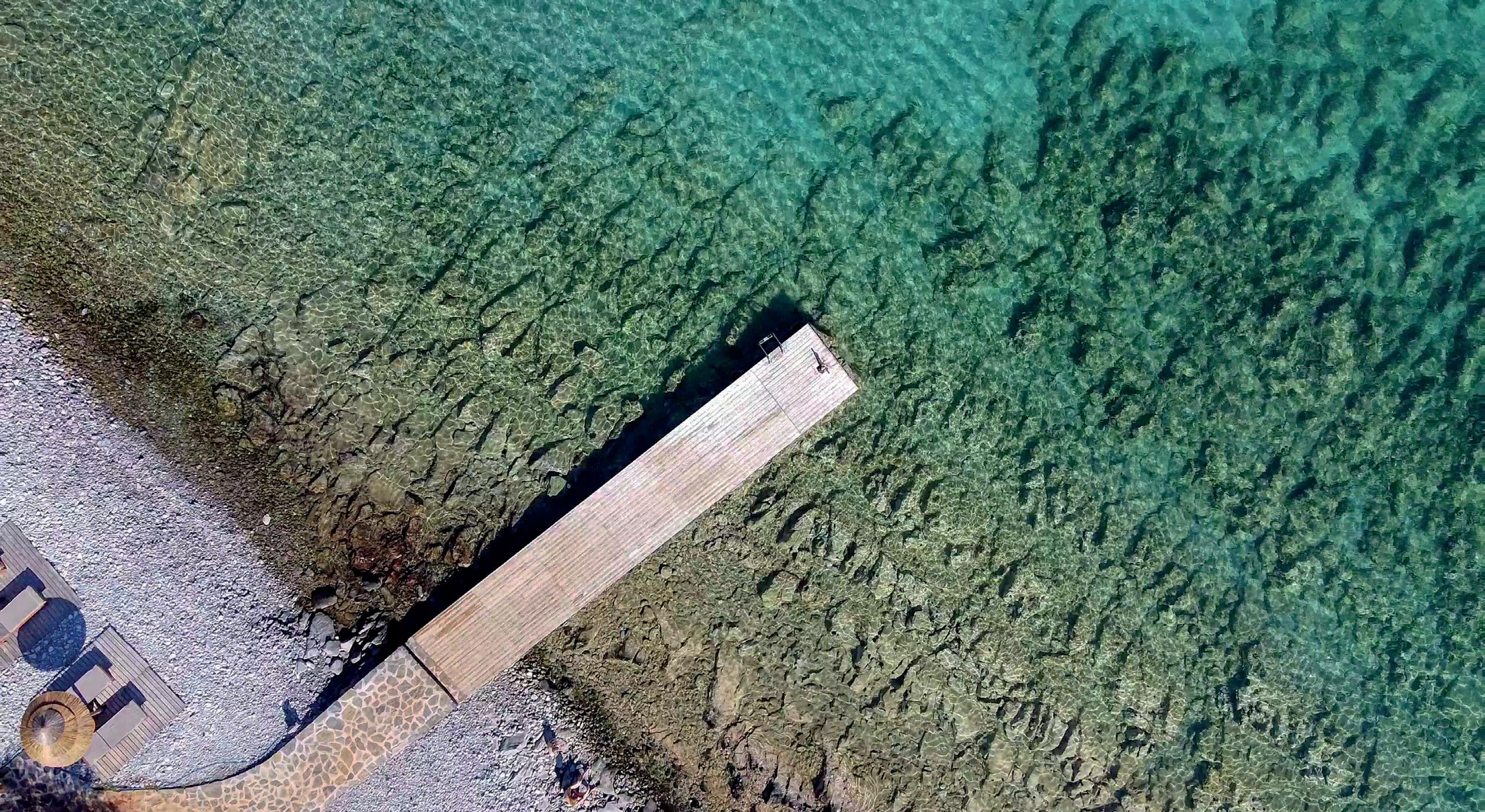
In 2025, sustainable travel isn’t just a preference—it’s a priority. According to Booking.com, a staggering 93% of global holiday goers now want to make more sustainable choices, and 84% say it’s important to them when planning trips. Compare that to just 42% in 2016, and the shift is clear: sustainability has gone from fringe to fundamental in the traveller mindset.
This heightened awareness has placed increased scrutiny on all aspects of the hospitality experience—including one of its smallest but most symbolic elements: the hotel bathroom amenity. Who is ultimately responsible for its lifecycle? asks Shawn Seipler, founder and CEO of global hygiene organisation Clean the World.
For years, miniature toiletries have been a hallmark of the hotel experience—symbols of comfort, convenience and luxury. Now, with environmental accountability at the forefront for the hospitality industry, there is growing



pressure on the sector to rethink its approach.
Many hotels have responded by replacing miniature bottles with larger refillable dispensers thus significantly reducing single use plastic. Others are sourcing amenity products that are biodegradable, compostable or designed with minimal packaging. These changes are visible and well-intentioned, but do they go far enough?
The hospitality industry has made noticeable strides toward sustainability. The move from tiny plastic bottles to bulk dispensers is often cited a sustainable win. While this transition reduces visible guestroom waste, it’s not without its own environmental blind spots.
Dispensers may cut down on guestroom waste, but they often rely on bulky plastic refill containers behind the scenes, items that still contribute to plastic waste. In some cases, “larger” bottles are being discarded when half full simply due to housekeeping time pressures or hygiene concerns.
So, have hotels simply shifted the waste problem from what guests see to what they don’t?
If so, who’s truly responsible for solving this? The suppliers? The hotels? The guests?
The answer is simple: everyone.
True sustainability cannot be achieved in isolation. It requires a shared commitment from every stakeholder involved, from product manufacturers and suppliers to hoteliers and the guests themselves.
At Clean the World, we have spent over 15 years helping hotels reduce amenity waste, transforming leftover soaps and hygiene products into a force for good, regardless of their size and shape. Our model goes beyond landfill diversion: it supports global health, reduces carbon emissions and replaces disposability with circularity. Waste becomes impact.
Importantly, we believe change begins with something even more fundamental: awareness. This kind of collective consciousness across the industry considers not just what a product is, but what happens to it after its intended use.
When hotels ask, “What happens to this product when the guest leaves?” they begin a powerful process of rethinking operations, procurement and purpose. Every product has a lifecycle, and it’s in that post-use phase
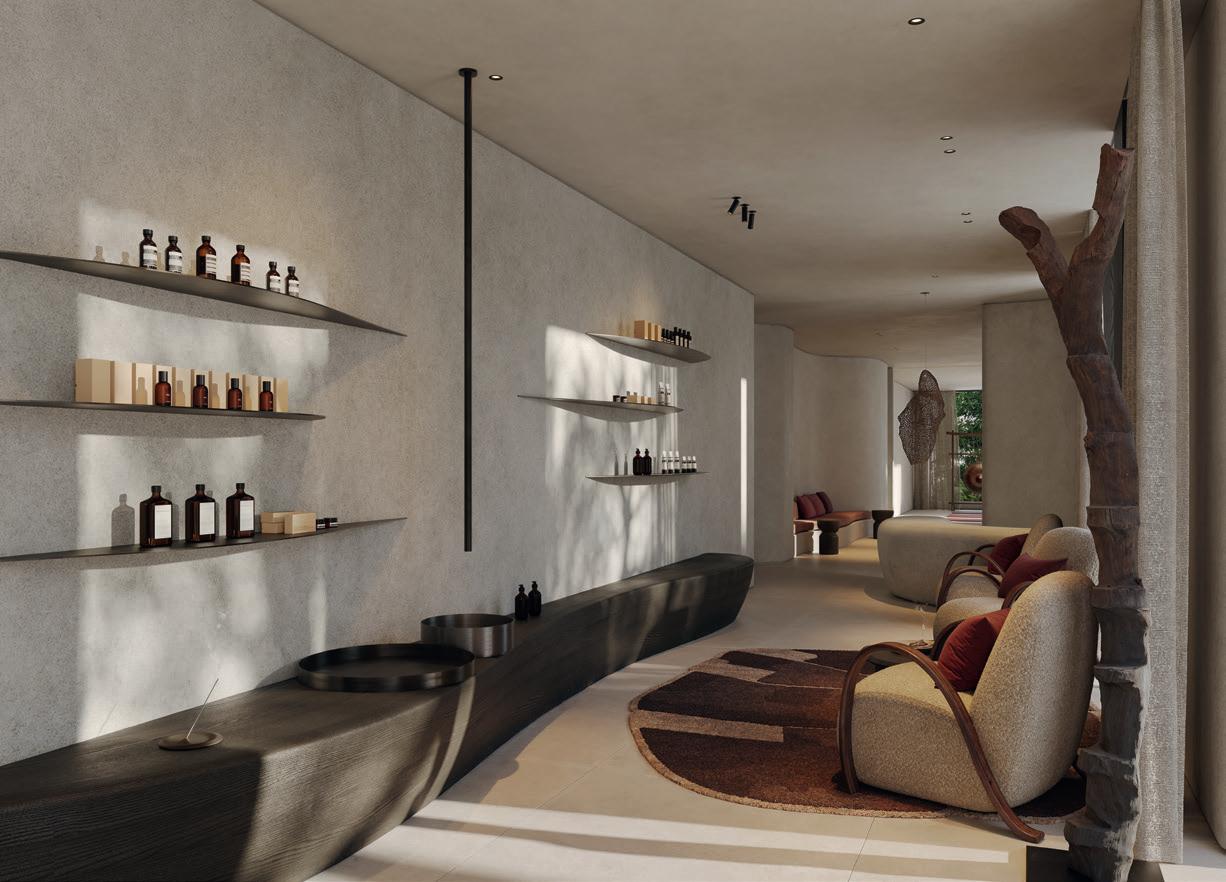

where the greatest opportunity for change often lies.
The industry is, by many accounts, at a pivotal moment. Driven by regulatory change, evolving guest expectations and internal ESG targets, hospitality businesses are reevaluating every aspect of their supply chains, including the products placed in guest bathrooms. The elimination of single-use amenities can be a win-win: reducing environmental impact and relieving guests from the burden of making sustainable choices during or after their stay.
But let’s be clear, out of sight does not mean out of mind. Today’s travellers are far more savvy, often researching a hotel’s environmental credentials before booking. Sustainability isn’t a nice-to-have anymore, it’s a business imperative.
Many hotels are already very successfully demonstrating what effective change looks like. In the UK, awardwinning lifestyle group THE PIG Hotels partnered with Clean the World to recycle all leftover soap across their properties. The results speak for themselves: more than 1,100 kilograms of soap has been diverted from landfill and repurposed into over 22,000 bars for vulnerable communities. The initiative has also saved 30,650 litres of water and avoided over 1.5 tonnes of carbon emissions.
This is not only a model of environmental best practice but also proof that social good that can emerge from even the most routine operational touchpoints.
What is increasingly clear is that the future of sustainability in hospitality cannot rest on the shoulders of hotels alone. The design of more sustainable amenity systems demands full collaboration between hotel brands, suppliers and sustainability partners.
One such example of this collaborative model is the partnership between PPHE Hotel Group and amenity supplier Vanity Group, who together have implemented lifecycle-conscious amenity programmes that place equal emphasis on product origin, recyclability and postconsumption impact. The result is a circular solution that addresses both environmental responsibility and guest expectations. This joined-up thinking is reshaping the
future of amenities in a more transparent and thoughtful direction.
Guests too play a pivotal role in driving systematic change. A recent Clean the World survey revealed that 88% of travellers actively factor sustainability into their hotel booking decisions, a clear indication that environmental responsibility is no longer a back-of-house concern, but a front-of-mind expectation.
Yet, despite this growing awareness, 57% of respondents said they believed their hotels would not responsibly dispose of leftover amenities if left behind in the bathroom. This disconnect highlights the importance of communicating transparently. For guests to truly trust and support sustainability efforts, they must be able to see them, and hotels must provide clear, consistent messaging that demonstrates environmental care. Shared knowledge is power.
Despite growing momentum, the challenge remains substantial. Millions of hotel rooms around the globe continue to generate significant amenity waste daily, and only a small percentage are currently engaged in formal recycling or reuse programmes.
But there is cause for optimism. The industry is better informed, better connected and more solution-oriented than ever before. With organisations like Clean the World offering accessible, impactful programmes, and with guests increasingly attuned to environmental issues, the conditions for progress are stronger than ever.
Ultimately, sustainability is not about shifting blame, it’s about embracing shared responsibility, with each stakeholder recognising the role they play in shaping a more sustainable future, and understanding that change, while incremental, is most effective when it is collaborative. Awareness is the starting point, it’s the foundation of change and it sparks the right questions: What happens next? How can we mitigate this?
That’s when real, meaningful progress begins.
www.cleantheworld.org

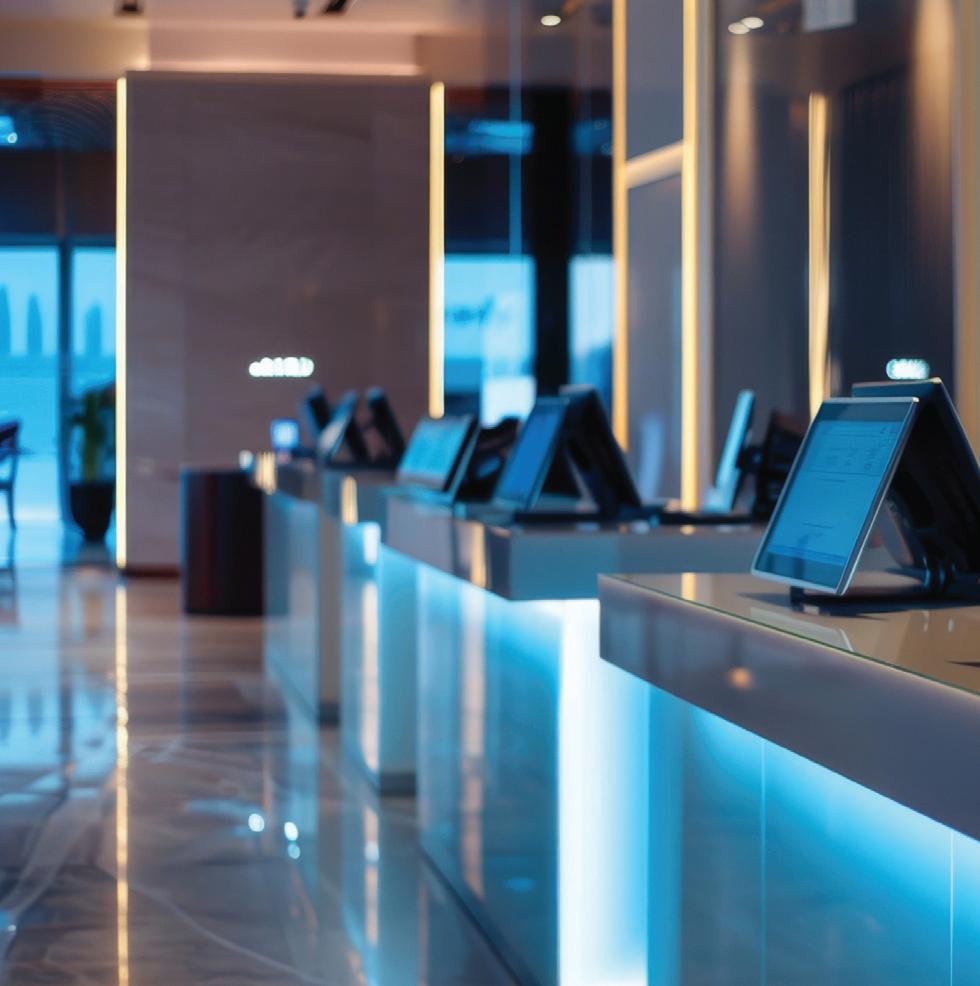
A solar installation will increase your energy security and offset guest wastage, WITHOUT compromising on guest comfort.
You can reduce operational costs and promote sustainability with a 25-yr lifespan system, that in most cases will payback in as little as 4-yrs!
We are nationwide Commercial Solar installation experts with hospitality sector experience.
Contact us today to see how we can help your business
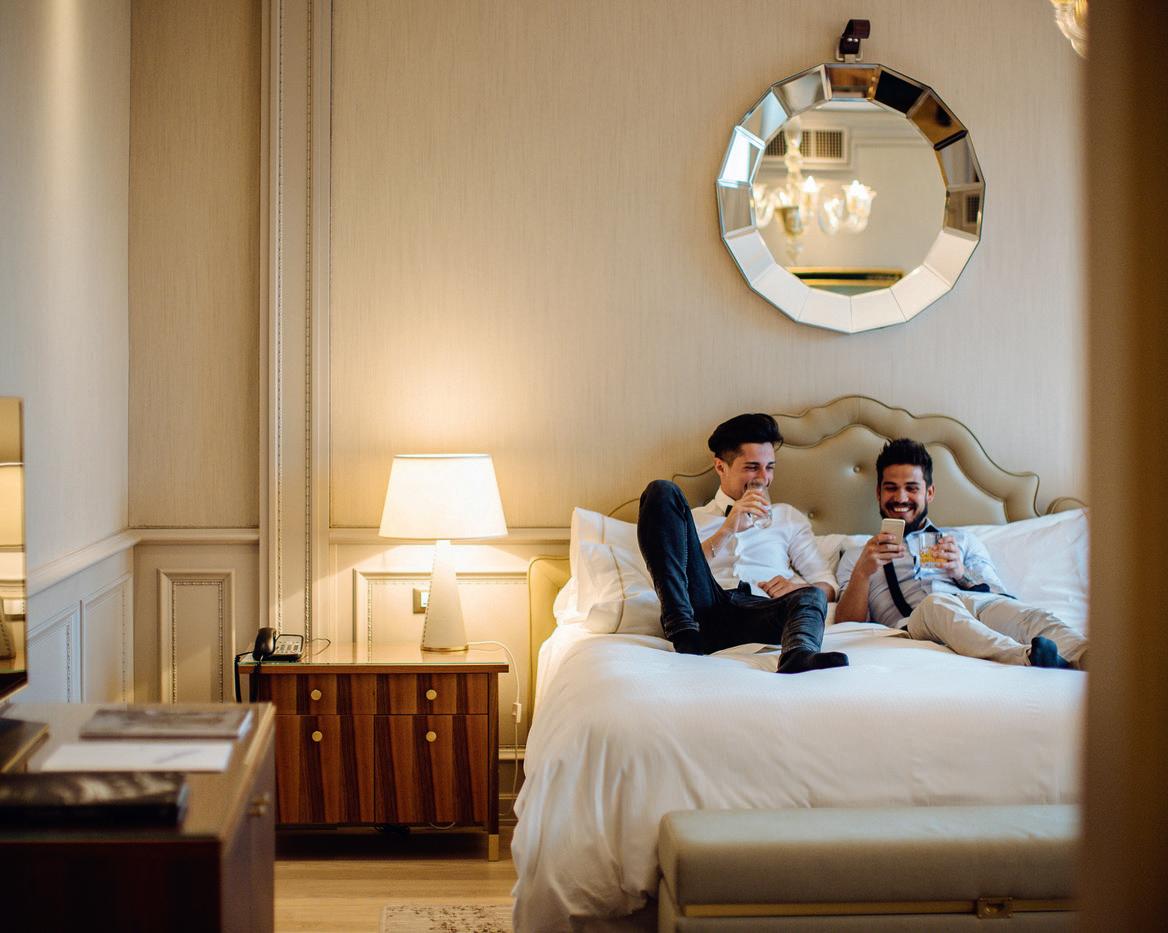
Guests may never see your laundry facility, but they feel its impact from the moment they step into their room. That crisp bed linen, the plush towels, the spotless uniforms worn by your staff – these encounters shape perceptions of quality and attention to detail. Yet for many hotel operators, laundry remains an afterthought, often outsourced to reduce perceived complexity. In this article, Ela Hedges, business development manager GB & IE at Miele Professional explores how strategic facilities management decisions around laundry operations can elevate guest satisfaction while delivering operational advantages that directly impact your bottom line.
Many hotels choose external laundry services believing this reduces operational complexity and capital investment. However, this approach often creates unexpected vulnerabilities. External providers operate on their own schedules, meaning urgent requirements – such as replacing soiled linens during peak occupancy – may not receive immediate attention. Transport delays, weather

disruptions, or capacity constraints at external facilities can leave housekeeping teams scrambling for alternatives. Quality control presents perhaps the greatest risk. Once linens leave your premises, you lose direct oversight of wash temperatures, detergent quality, and handling procedures. Items may be processed alongside laundry from other establishments, creating potential crosscontamination risks that could compromise your brand standards.
On-premise laundry (OPL) facilities offer hotel operators direct influence over every aspect of textile care. This control goes beyond simple washing and drying to encompass the entire guest experience ecosystem. Fresh, properly laundered items arrive exactly when needed, allowing housekeeping teams to maintain consistent room turnover schedules even during peak demand periods.
The responsiveness advantage proves particularly valuable for hotels managing multiple revenue streams. Spa treatments, conference facilities, restaurants, and room


service all generate different types of soiling and urgency requirements. An on-premise facility can prioritise items based on immediate operational needs rather than external provider schedules.
Temperature control becomes crucial for maintaining hygiene standards that protect both guests and staff.
Commercial washing machines designed for hospitality applications, such as Miele’s Little Giants range, maintain precise thermal disinfection temperatures throughout wash cycles. These machines complete full wash and dry cycles in just 86 minutes, enabling rapid turnaround while ensuring items reach the 71°C thermal disinfection threshold required for eliminating harmful pathogens.
Modern commercial laundry equipment incorporates sophisticated monitoring and control systems that optimise resource consumption whilst maintaining consistent results. Automatic detergent dosing prevents waste while ensuring optimal cleaning performance, regardless which staff member operates the machine. This consistency proves essential for maintaining brand standards across shifts and seasonal staff changes.
Energy efficiency has evolved beyond simple cost reduction to become a competitive differentiator for environmentally conscious guests. Heat-pump dryers consume approximately 60% less energy than conventional models while delivering faster cycle times. For hotels processing substantial daily laundry volumes, these savings contribute meaningfully to sustainability goals whilst reducing operational expenses.
Superior facilities management creates tangible benefits that guests notice immediately. Properly maintained onpremise systems eliminate the transit-related wrinkles and creases that plague outsourced laundry. Linens arrive crisp and properly pressed, contributing to that “fresh room” impression that influences guest satisfaction scores.
Response capability during peak periods demonstrates operational excellence. Major sporting events, conferences, or seasonal influxes can overwhelm external laundry providers. Hotels with on-premise facilities maintain service quality regardless of external demand pressures, ensuring guest experience remains consistent during revenue-critical periods.
Successful OPL implementation requires careful space allocation and equipment selection. Modern commercial machines offer compact footprints that maximise processing capacity within available space. Stackable configurations and efficient layouts can accommodate substantial daily volumes without requiring extensive facility modifications.
Staff training ensures consistent results across all team members. Intuitive machine controls and automated programmes reduce the learning curve whilst preventing operational errors that could damage expensive linens or create safety hazards.
Comprehensive support services smooth the transition from outsourced to on-premise operations. Consultancy services can analyse specific hotel requirements, optimise processes, and ensure equipment specifications match actual operational demands rather than theoretical projections.
The decision to establish OPL capabilities represents more than operational efficiency – it’s an investment in guest satisfaction, brand consistency, and competitive advantage. For hotels committed to delivering exceptional experiences, bringing laundry in-house offers control, quality, and flexibility that external providers simply cannot match.
To explore how Miele Professional’s commercial laundry solutions can enhance your hotel’s operational efficiency and guest experience, visit: www.miele.co.uk/p
When every detail of a hotel space is curated for elegance, comfort and long-stay luxury, even the hidden systems must meet the highest standards. That’s where Ability by Dimplex came in.
The Other House Covent Garden has bold ambition: create a new kind of luxury destination for long-stay guests. The second opening in the brand after the inaugural site opened in South Kensington in 2022, The Other House Covent Garden is no exception. It aims to offer the comforts of home, the services of a hotel and members’ club and the design quality of a top-end residence. That means every interior finish, fixture and system pulls its weight, quietly and beautifully.
The heating and cooling system is no exception.
Behind the walls and ceilings of these exquisite spaces is a network of fan coil units (FCUs) from Ability. But you’d never know it. And that’s the point.
Quiet performance, hidden presence
In high-end hospitality, aesthetics is everything… so is experience. The team behind The Other House Covent Garden wanted climate control that was silent, compact and completely unobtrusive. For the project’s Senior mechanical engineer at Introba, Martin Bull, who specified Ability FCUs on the project, the priority was ensuring high-performance HVAC that didn’t detract from the room finishes.
“The finishes here are so high-end. You can’t have clunky grilles or systems that hum in the background,” he said in a recent call. “We needed something that would disappear into the background while performing really well.”
Ability’s EVO270 horizontal and EVOVERT vertical FCUs were the perfect match. Compact and quiet, they allowed for seamless integration into tight ceiling voids and highspec joinery. All of this without compromising airflow or acoustic performance.
Supporting complex installation
It wasn’t just about looks. The M&E installation was highly complex, with each unit in the building having different layouts, ceiling zones and service runs.
Ryan Vickers, from the M&E contractor team at Derry Ltd, described the challenge: “There was a huge amount of coordination required. This was not just to fit everything in, but to keep the guest areas looking flawless. Ability was responsive and supported us in making tweaks and
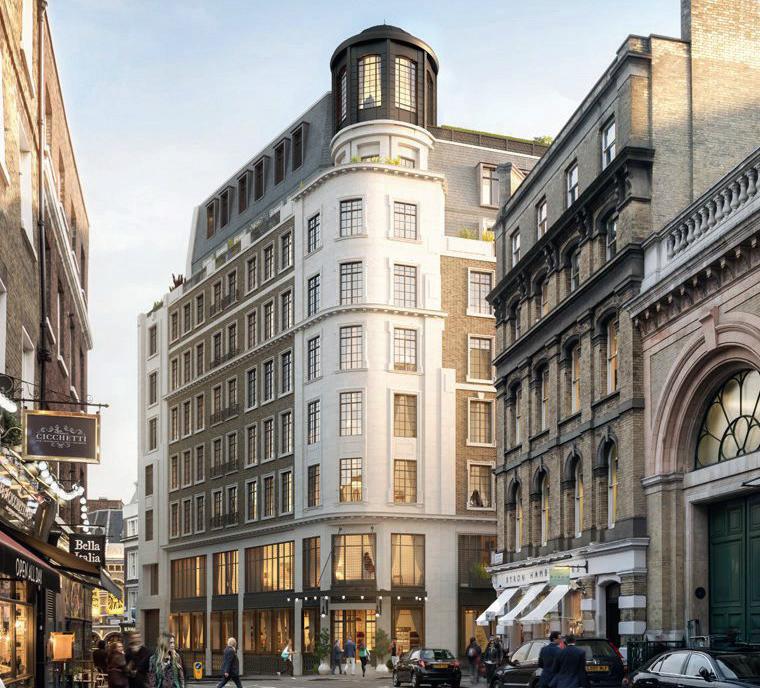
adjustments to suit each space.”
With robust technical and customer support, the installation process was streamlined despite the bespoke nature of the job.
A long-stay experience without compromise Residents staying at The Other House Covent Garden — whether for a week, a month or more — expect high standards. That includes stable, responsive room temperatures, no matter the season. With fan coils engineered for low-noise and steady performance, the system quietly delivers year-round comfort.
But perhaps the greatest compliment to the system is that guests never notice it at all.
In a hotel that prides itself on “house-hood”, blending the luxury of a hotel with the privacy of a home, the unseen matters as much as the seen. Ability’s fan coil units helped bring that vision to life, proving that building services can be both high-performance and beautifully discreet. For more information, contact Ability technical design team.
technical.enquiries@abilityprojects.com www.abilityprojects.com


Tzveta Ivanova is the Senior Executive Manager of Housekeeping Services at The Milestone Hotel and Residences, a role she has held with pride and dedication since 2008. With an impressive 17-year tenure at this iconic London hotel, Tzveta has become an integral part of its legacy of luxury and service and in this column reveals her tricks of the trade.
Could you share your journey to becoming Head of Housekeeping, and key experiences that shaped your leadership style?
My journey began in 1999 when I arrived in London as a young woman with no English language skills but holding a university degree in Music and Piano. I started by cleaning houses while learning English, determined to build a new life. A few years later, I earned a supervisor position at a Hilton hotel in London. Two years after that, I became Assistant Executive Housekeeper at the Marriott Park Lane, and just two and a half years later, I was appointed Executive Housekeeper at The Milestone Hotel and Residences.
Balancing a demanding career with raising two small children was no easy feat, but my dedication, long hours, and strong ambition paid off. I often remind my team that with determination and drive, anyone can progress. Many have taken that to heart, and I am proud to have mentored several individuals who have grown into SelfCheckers, Supervisors, and Senior Supervisors. One of my proudest achievements has been developing an exceptional Supervisor into an Assistant Executive Housekeeper, and eventually into a Head Housekeeper.
A few years ago, I was promoted to Senior Executive Manager, Housekeeping Services, working closely with our Managing Director, Mr Pike and Hotel Manager, Pranav Ahuja. Leading the Housekeeping team at The Milestone is an absolute privilege. Under my leadership, we have achieved an array of accolades, including: 100% scores for Housekeeping Services in multiple AA inspections, outstanding Forbes standards and glowing guest reviews, consistent top ranking on Trip Advisor for several years and a personal award from our owner Mrs Beatrice Tollman for Housekeeper of the Year across Red Carnation Hotels to name a few.


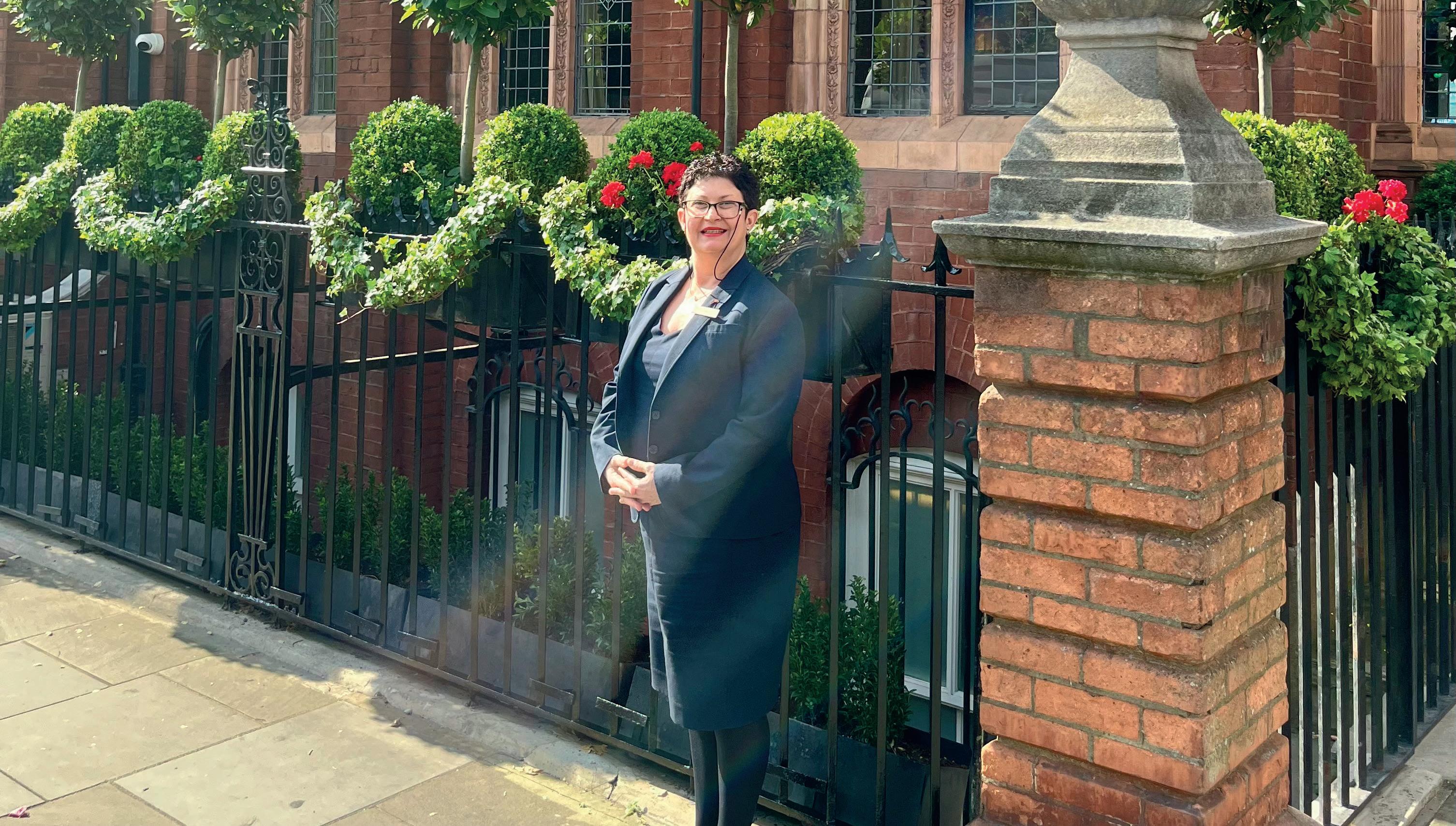
What are some lesser-known tips or efficiencies you’ve discovered that maintain high standards while keeping your team motivated?
I strongly believe in supporting the personal goals of my team – even if that means helping them grow into roles outside of housekeeping. I work closely with our People and Culture team to manage training and development directly. I’ve also encouraged team members to support other departments like Night Team and Room Service when needed. While some managers may fear losing staff, I see bigger picture: this approach boosts morale and strengthens loyalty to the hotel and the company I also lead by example – participating in charity events and fundraising efforts, which inspires the team and reinforces our shared values of giving back to the community.
How has technology changed housekeeping in recent years? Are there any tools you now consider indispensable?
Technology has evolved rapidly. Simple tools like WhatsApp or a Hotel Operations app are now indispensable for realtime communication and task management. These tools streamline operations and enhance coordination.
What advice would you offer someone aspiring to a long-term career in hotel housekeeping or hospitality management?
You must be fully committed and genuinely love what
you do - love your guests and love your team. No matter how organised you are, your day will rarely go as planned. Every day is different, dynamic, and full of surprises. But, when you read glowing guest comments and see your team praised, you know it’s all worth it.
With ongoing staffing challenges and shifting guest expectations, what strategies have you found effective in maintaining service quality and team morale?
I have always been hands on manager, but post-Covid, that approach became even more essential. Leading from the front – whether it’s helping strip beds or support the linen room – keeps morale high and standards consistent, especially when staffing levels are tight.
What would you like to see evolve in hotel housekeeping over the next 1–3 years?
Housekeeping will continue to evolve with advances in technology, changing guest expectations, labour dynamics, and sustainability. I’d love to see more eco-friendly cleaning products, water-saving processed, and sustainable practices adopted across the industry. While I embrace technology, I hope we never lose the personal human touch that defines true hospitality.
My final motivational quote for all is: “Success doesn’t come overnight – it’s built on perseverance, passion, and the courage to keep going, even when the odds are against you. I believe in leading with heart, lifting others as I climb, and always striving for excellence. If I can do it, so can you.”
By Jane Pendlebury, CEO of HOSPA.
UK hospitality has always shown extraordinary resilience. Yet, with rising costs and reduced support, and the prospect of looming legislative changes gathering pace, one must ask – when will enough be enough?
Already under pressure from surging staff costs and supply chain issues, as well as a steady erosion of business rate relief, the sector now faces the prospect of a tourist tax. This levy on overnight stays is gaining traction, with trials underway in cities such as Manchester and Edinburgh. Though its intent may be to support local services – in and of itself not a bad thing, of course – for operators already navigating razor-thin margins, it feels like yet another blow.
Unlike many European destinations, the UK already applies a comparatively high VAT rate to hospitality. An additional tourist levy risks harming the nation’s appeal –particularly among cost-conscious travellers. Moreover, such a tax could discourage repeat domestic visits and unfairly penalise regional destinations that depend heavily on tourism for year-round viability.
Crucially, the burden comes at a fragile moment. International visitor numbers are recovering postpandemic, while domestic tourism – so vital during lockdowns – is waning amid a broader cost-of-living crisis. A tourist tax introduced in this context may inadvertently send the message that UK hospitality is an unaffordable luxury, rather than a dynamic and essential part of our economy.
This growing cost burden is symptomatic of a wider issue. Business rates continue to be disproportionately high for hospitality, while supply chain volatility, rising costs for goods, skills shortages and reduced consumer spending are combining to make basic survival a feat for many.
The industry’s value – both economic and social – must not be underestimated. UK Hospitality revealed that in 2022, hospitality contributes more than £93 billion to the UK economy – including £54bn in tax receipts. But more than that, it supports millions of individuals and their families, while also creating focal points for communities – from pubs to hotels. It also shapes how Britain is experienced, both by residents and the global visitor. A challenging time for all, but in the face of these challenges, HOSPA continues to champion the sector. Our flagship event, HOSPACE, returns for its 20th edition this November at the Royal Lancaster London. As ever, it will provide a vital forum for insight, education and
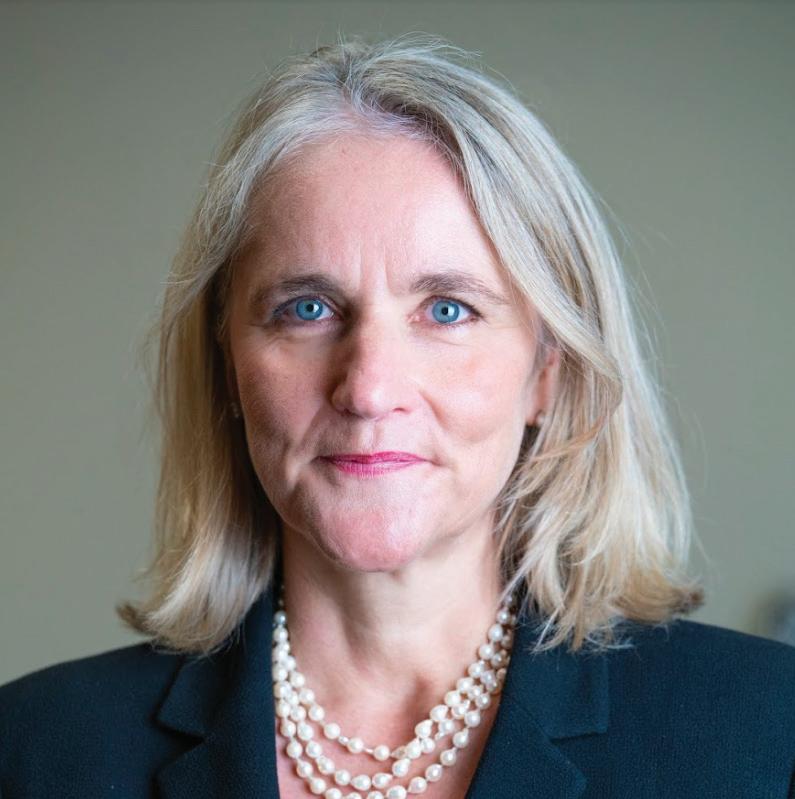
collaboration – a place for the industry’s commercial minds to connect and confront shared challenges.
This year’s conference will explore finance, technology,, revenue management, workplace culture and more. The day will culminate in the Leaders Panel and our gala dinner, where we will also celebrate hospitality’s trailblazers through our Inspirational Leader Awards.
The challenges faced by the industry will no doubt be a large focus for discussion – as well as the positives of course. And return to my earlier points, those of us working in hospitality are not asking for special treatment – just fair and thoughtful policy. That means a serious review of business rates, clarity on legislation, and, if a tourist tax is introduced, an approach that’s proportionate and mindful of its impact.
Despite it all, our industry remains defined by its adaptability and spirit. At HOSPA, we see the innovation and ingenuity that continues to drive hospitality forward. And with support, we believe a sustainable, thriving future is within reach.
The hospitality sector is facing an unprecedented crisis, with 84,000 jobs lost since last October’s Budget - a dramatic reversal for an industry that typically creates tens of thousands of roles each year. This column from Kate Nicholls, Chair at UKHospitality, outlines the scale of the damage and calls for urgent government intervention ahead of the next Budget.
Hotel jobs will no doubt be among the 84,000 lost in the hospitality sector since last October’s Budget. It really was a shocker for the industry, completely hobbling our ability to create jobs.
We waved goodbye to those 84,000 roles between last October and May this year. Compare that travesty to that period of the year over the past decade when, on average this sector created an additional 26,000 jobs.
Talk about a reversal of fortunes. Unless the Government starts to change tack about how it treats hospitality, the next Budget could wreak unimaginable damage, with our sector being effectively ‘taxed out’.
So with hospitality’s plight threatening to become even more desperate this autumn, we’ve been compelled to launch a campaign: #TaxedOut https://www.ukhospitality. org.uk/campaigns/taxedout-budget-2025/
The link above will give access a toolkit enabling you to add your voice to the campaign via three key actions: writing to their MP, printing and displaying our poster in your hotel, and promoting the #TaxedOut campaign via social media.
The more pressure we’re able to exert on the Government, the greater the chance it’ll change its approach to hospitality, something it could do at the coming Budget by implementing our three key asks: lower business rates, cut VAT and fix National Insurance Contributions (NICs).
Lowering business rates via a 20p maximum discount for hospitality businesses as part of promised business rates reform would help revive our high streets, a VAT cut on hospitality would drive investment by bringing us into line with most of our European rivals, while NICs would boost jobs by extending existing exemptions to both young people and those moving from welfare to work.
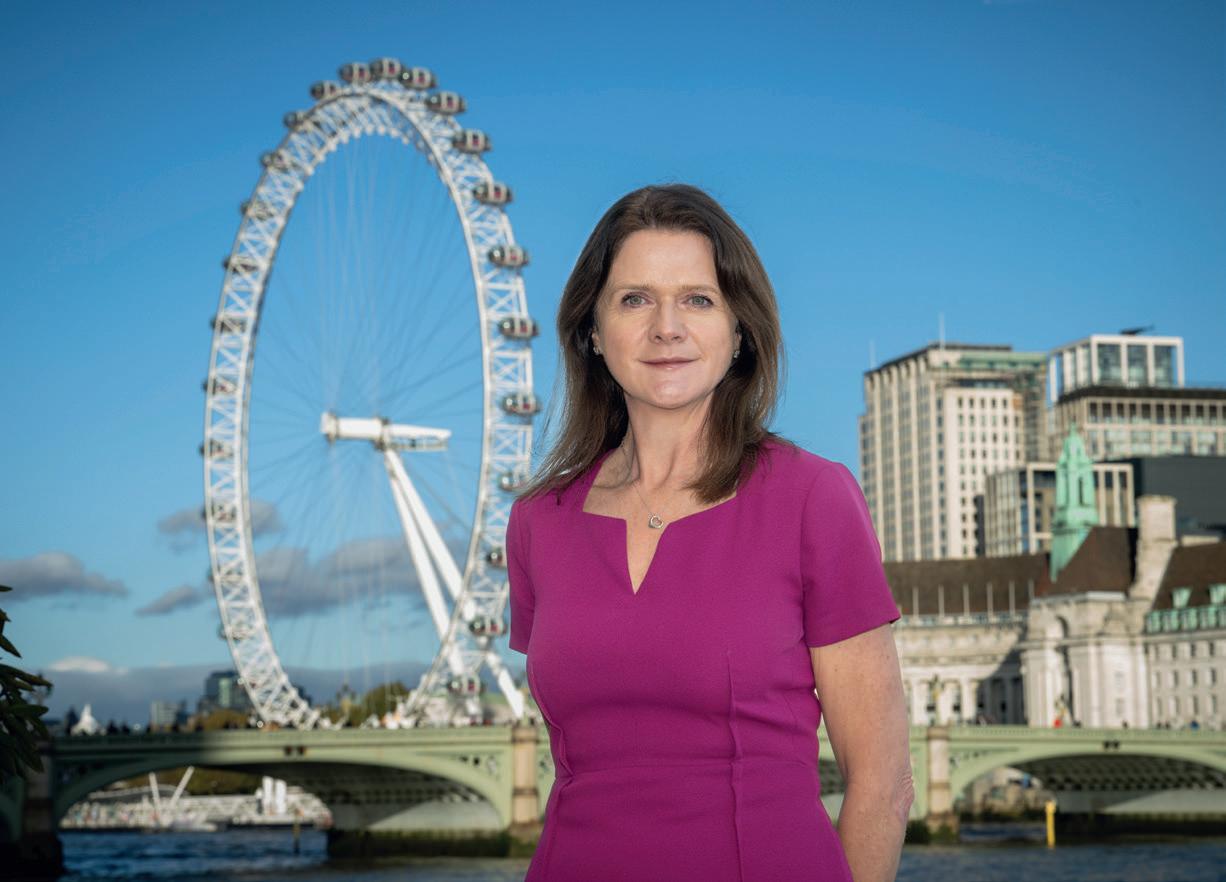
If that last measure doesn’t feature in the next Budget, hospitality could be faced with at least 150,000 fewer workers at a time when we should be doing the opposite –bringing people to the jobs market.
Without these changes, thousands of hospitality businesses will edge closer – or into - to the abyss. One in three have already restricted their opening hours, four in 10 have slashed investment and six in 10 have reduced staff hours.
Hospitality – which, let’s not forget, pays a whopping 71% of pre-tax profit, more than any other sector – is the industry best placed to drive the UK’s economic revival. The sooner the Government acknowledges that and then acts, the better.
Kate Nicholls, Chair, UKHospitality

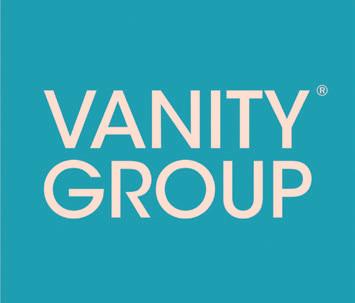




Siemlus 0330 016 1920 hello@siemlus.com www.siemlus.com @siemlus siemlus
VANITY GROUP

02045 381787 info@vanitygroup.com www.vanitygroup.com @vanitygroupglobal VANITYGROUPGLOBAL
Hotel Buyer

01375 651 606 info@hotel-buyer.co.uk www.hotel-buyer-store.co.uk @hotelbuyer uk-hotel-buyer


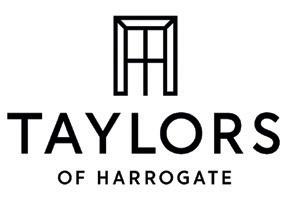

ADA Cosmetics 01234 347 140 info@ada-cosmetics.com www.ada-cosmetics.com @ada_cosmetics_international adacosmetics
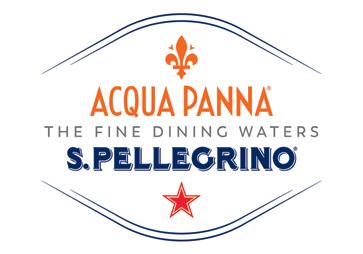

Schweppes www.schweppes.eu @schweppes

EcoPure Waters 01844 290088 enquiries@ecopurewaters.com www.ecopurewaters.com @ecopure_waters ecopure-waters

La Bottega info@labottega.com www.labottega.com @labottega_official la-bottega-spa
S.Pellegrino
Alex.McMillan@waters.nestle.com www.sanpellegrino.com/uk/ @sanpellegrino_uk

Lanchester Wines 01207 521234 sales@lanchesterwines.co.uk www.lanchesterwines.co.uk @lanchesterwines
Silentnight Group


Franke Coffee Systems 01923 635700 coffee.franke.com @frankecoffeesystems franke-coffee-systems


0333 123 0892 info.silentnight.co.uk www.silentnight.co.uk @silentnightbeds
VOYA info@voya.ie www.voya.ie @voyabeauty


LEMI +39 0374 363069 contact@lemigroup.it www.lemispa.com/en/ @lemi_italianwellnessequipment

Taylors of Harrogate www.taylorsoutofhome.co.uk @taylors Taylors of Harrogate
IDeaS +1 952-698-4200 info@ideas.com www.ideas.com ideas-revenue-solutions

Out of Eden www.outofeden.co.uk @outofedenuk out-of-eden-ltd

